

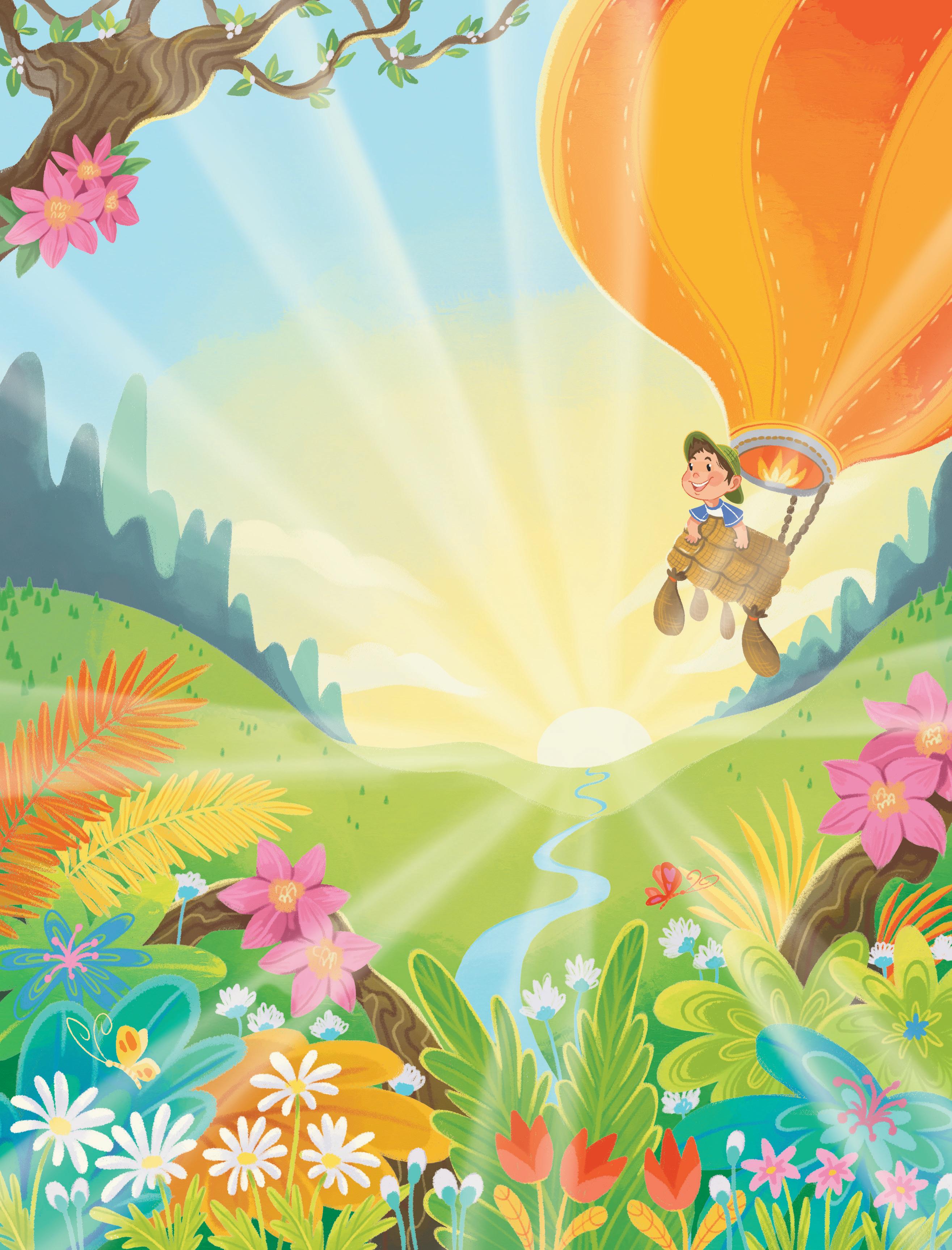




Name:
Class:
School:

Academic Authors: Sneha Sharma, Chandni Bhargava, Bhawna Bisht
Design & Production: Amisha Gupta, Bhavna Tripathi, Satish, Mangal Singh Rana, Vishesh Agarwal
Project Lead: Sneha Sharma
VP, Learning: Abhishek Bhatnagar
All products and brand names used in this book are trademarks, registered trademarks or trade names of their respective owners.
© Uolo EdTech Private Limited
First edition 2025
Second edition 2026
This book is sold subject to the condition that it shall not by way of trade or otherwise, be lent, resold, hired out, or otherwise circulated without the publisher’s prior written consent in any form of binding or cover other than that in which it is published and without a similar condition including this condition being imposed on the subsequent purchaser and without limiting the rights under copyright reserved above, no part of this publication may be reproduced, stored in or introduced into a retrieval system, or transmitted in any form or by any means, electronic, mechanical, photocopying, recording or otherwise, without the prior written permission of both the copyright owner and the above-mentioned publisher of this book.
Book Title: Dawn General Awareness Level A
ISBN: 978-93-49697-02-7
Published by Uolo EdTech Private Limited
Corporate Office Address:
91Springboard, 3rd Floor
145, Sector 44, Gurugram, Haryana 122003
CIN: U74999DL2017PTC322986
Printed by: Printpro Solutions
Illustrations and images: www.shutterstock.com, www.stock.adobe.com and www.freepik.com
All suggested use of the internet should be under adult supervision.

elcome to DAWN, our comprehensive series for Early Childhood Education, meticulously crafted to align with the guidelines of the Foundational Stage as outlined in the National Education Policy (NEP) 2020 and the National Curriculum Framework for the Foundational Stage (NCF-FS) 2022.
DAWN offers a rich blend of interactive and activity-based content to support each child’s physical, emotional, intellectual and spiritual growth. Our approach ensures that learning is enjoyable and meaningful, and caters to every child’s interests and abilities.
Inspired by the Panchakosha Framework, DAWN offers a thoughtfully curated curriculum designed to nurture each child’s physical, emotional, intellectual and spiritual growth, and create engaging and meaningful learning experiences for all children and cultivate a lifelong love for learning.
1. Physical Development
Through movement-based activities, action rhymes, gross and fine motor skill, exercises, yoga and simple meditation practices, children enhance their coordination, balance and self-regulation.
2. Social and Emotional Growth
Discussions, role-plays, games, storytelling and collaborative activities encourage empathy, cooperation, self-expression and social awareness.
3. Intellectual Growth
A structured, age-appropriate progression from concrete to abstract concepts builds strong problem-solving, logical thinking and cognitive skills.
4. Spiritual and Moral Development
Stories, rhymes and reflective discussions teach values such as kindness and honesty. Yoga and meditation help children stay calm, focused and happy.
5. Sensory and Experiential Learning
Activities in art and craft, STEM-based explorations, interactive games and fun activities ensure hands-on engagement, creativity and imaginative thinking.
The DAWN curriculum is not merely a series of lessons, but a journey of discovery, growth and joy. The package comes with digital content, provided free of cost, to ensure a seamless and holistic learning experience for children. By providing a nurturing and stimulating environment, DAWN lays the foundation for future success—preparing children not just for school, but for life.

Thank you for embarking on this educational journey with us. Together, we can make the DAWN of early childhood education a bright and promising start for every child.


The table below helps us understand how the Panchakosha elements have been incorporated into the DAWN Curriculum:


The National Education Policy (NEP) 2020 represents a transformative shift in the country’s education system. It aims to establish a more holistic, dynamic and multidisciplinary approach to learning. NEP 2020 emphasises the development of conceptual understanding, skills, values and competencies aligned with the demands of the 21st century, while also honouring India’s rich cultural heritage.
UOLO is fully committed to realising the vision of NEP 2020 by meticulously following its recommendations. Below is the list of icons that are spread across the books to showcase DAWN’s adherance to the values rooted in the NEP and NCF.
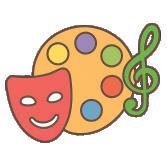
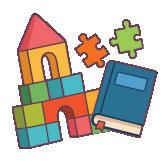
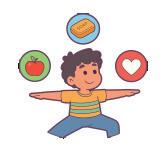
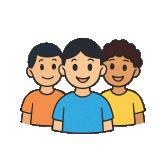
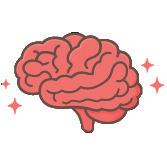
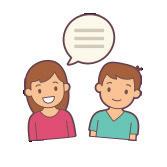

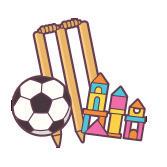




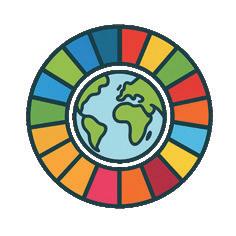
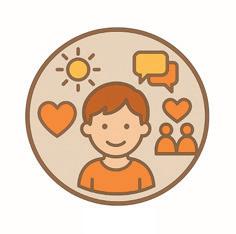
DAWN is an activity-based learning programme covering all areas of Early Childhood Education. It includes textbooks in English, Maths, General Awareness, STEM, Art and Craft, Pre-writing and Rhymes & Stories, along with lesson plans and resources to support teachers. Digital tools like animated videos, phonics songs and interactive exercises further enrich classroom learning.
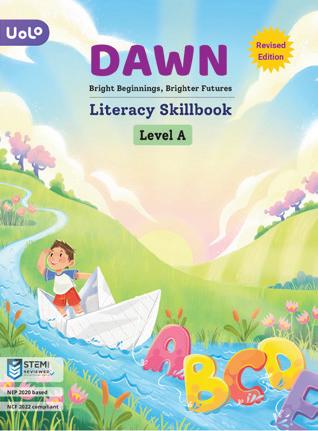
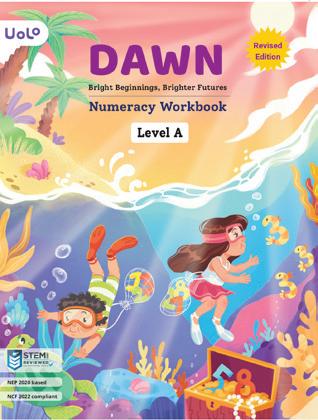
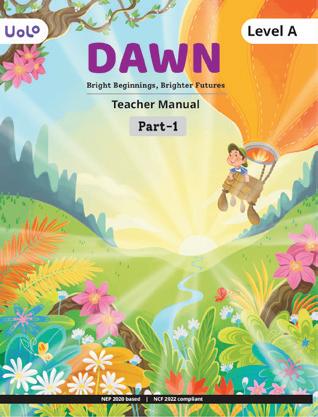





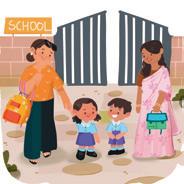
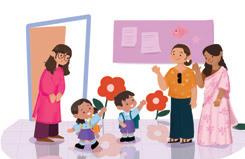
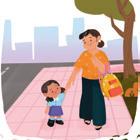











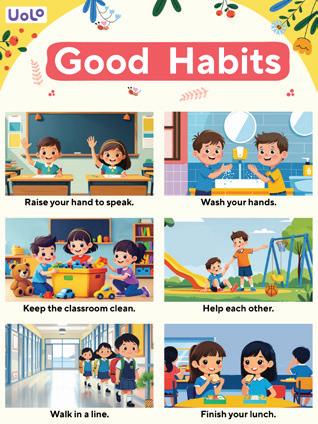
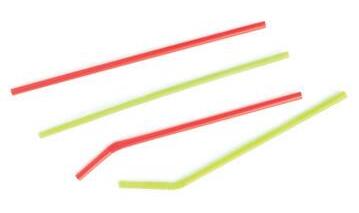
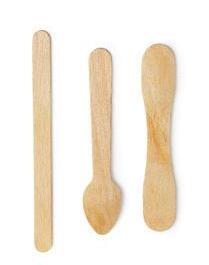


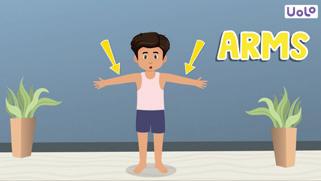





Young children are introduced to the world around them through familiar and meaningful themes such as Myself, My Family, My Friends, My Body, Weather, Plants, Animals, Vehicles, Community Helpers and many more.
Let’s Talk provides regular opportunities for children to listen, retell, ask questions and express ideas confidently. Teacher Tip offers helpful guidance to build real-life connections and enhance concept delivery.


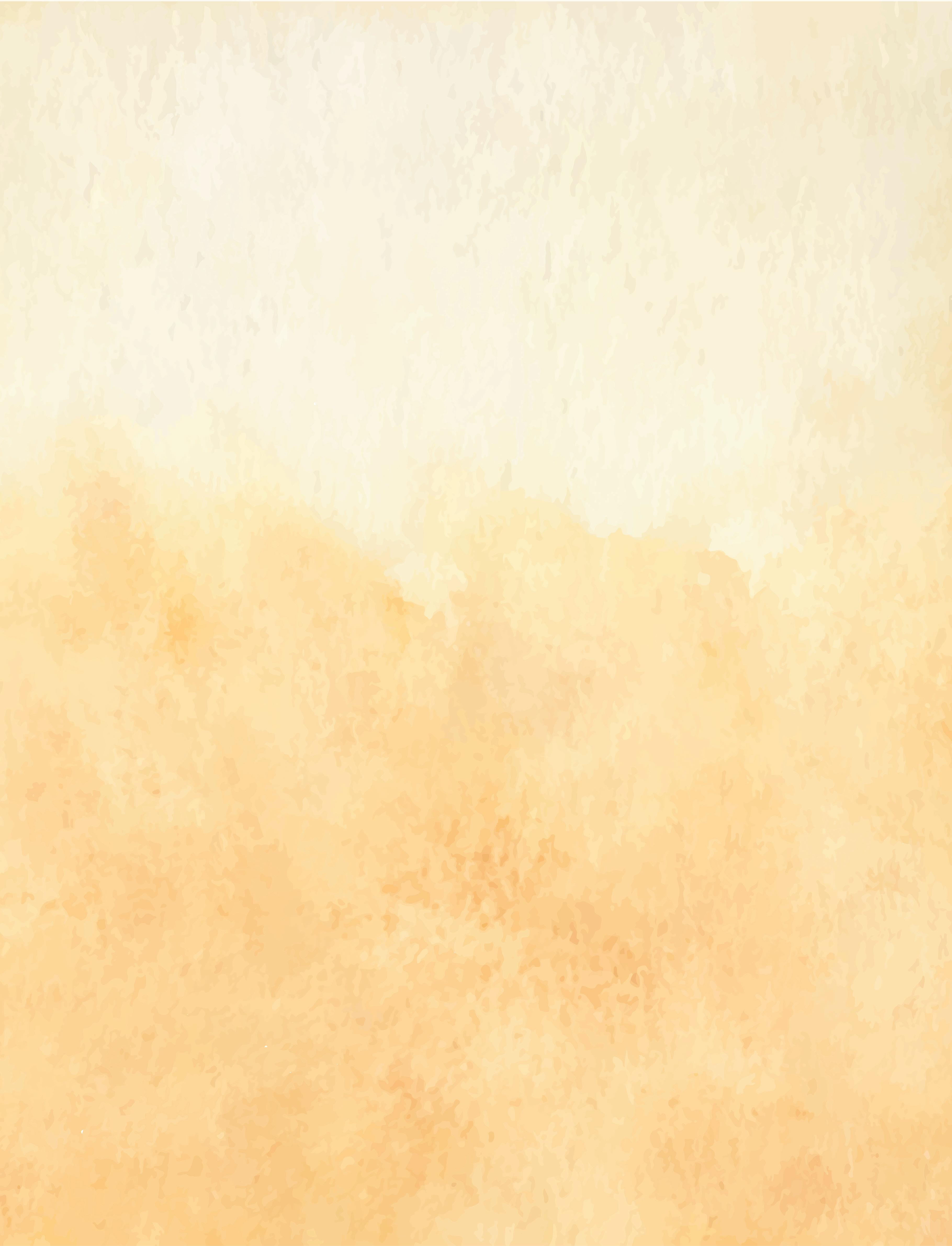
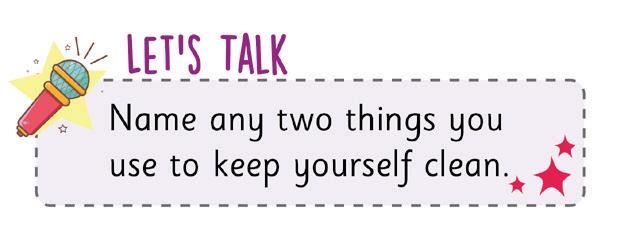


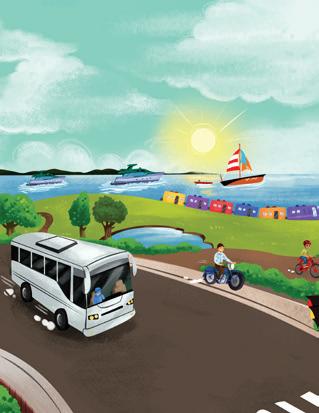






Digitally powered and application based After each concept, the fun begins with the Let’s Do It section—packed with simple and exciting activities to help children recall what they have learned. Plus, they can scan the QR codes to watch friendly concept videos and explore more through digital learning!
The book engages multiple senses through bright visuals, catchy rhymes, simple stories and hands-on activities. Fun Zone tasks such as mazes and puzzles, and sticker activities help build thinking and motor skills in an enjoyable way.



The Learning Outcomes sheet highlights the key skills and concepts covered in the book and helps track each child’s progress. Special icons throughout the book reflect strong alignment with the NEP and NCF, ensuring a well-rounded learning experience.






Let us introduce ourselves.
Hello! I am Raghav.




I am a boy.



I am 4 years old.




























Hi! I am Veni.
I am a girl. I am 3 years old.






What is your name?
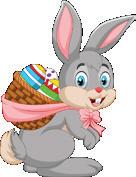
Begin by saying your name. Ask the children to say their names. Make sure every child has a turn.
Pasteyour photographhere
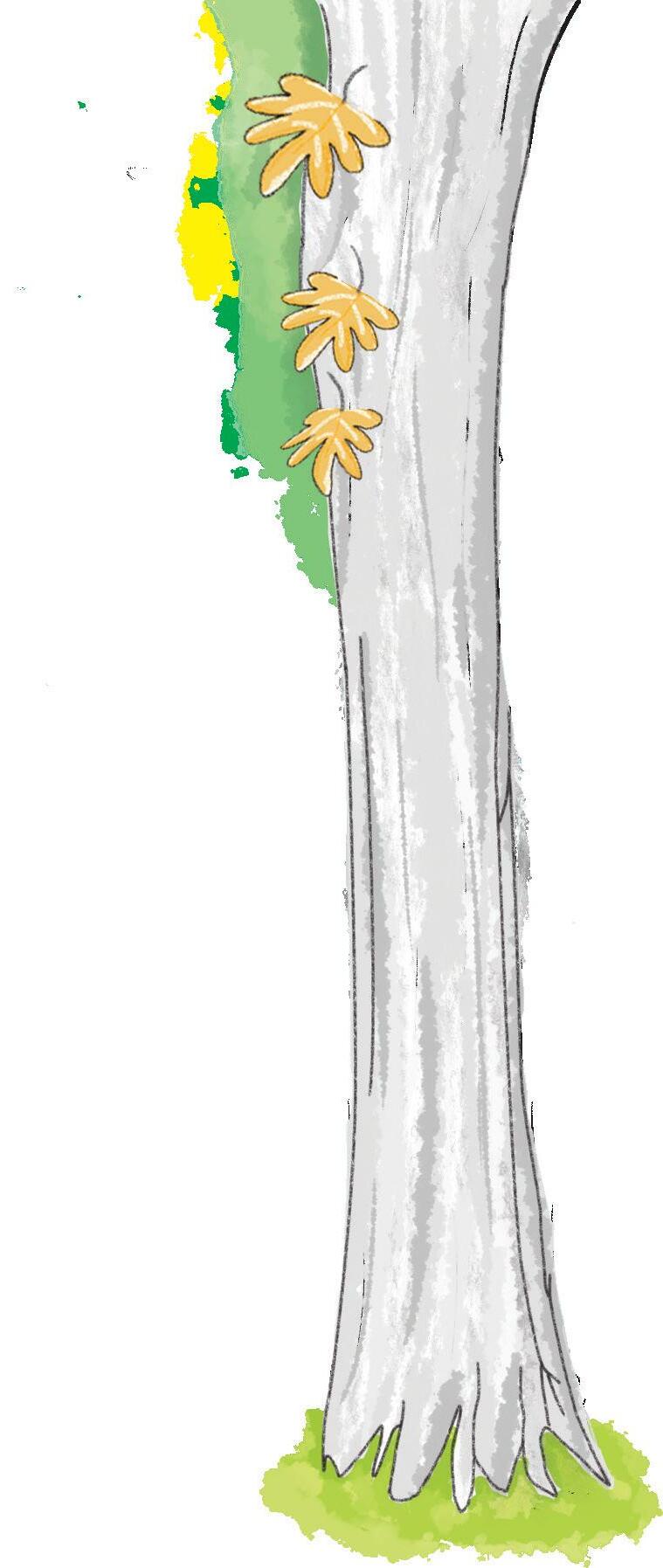

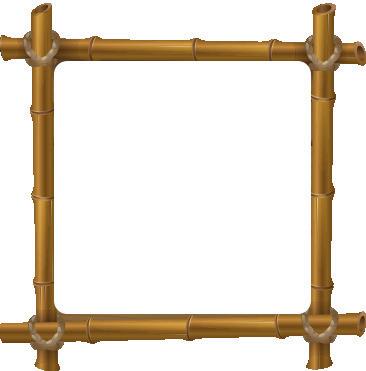
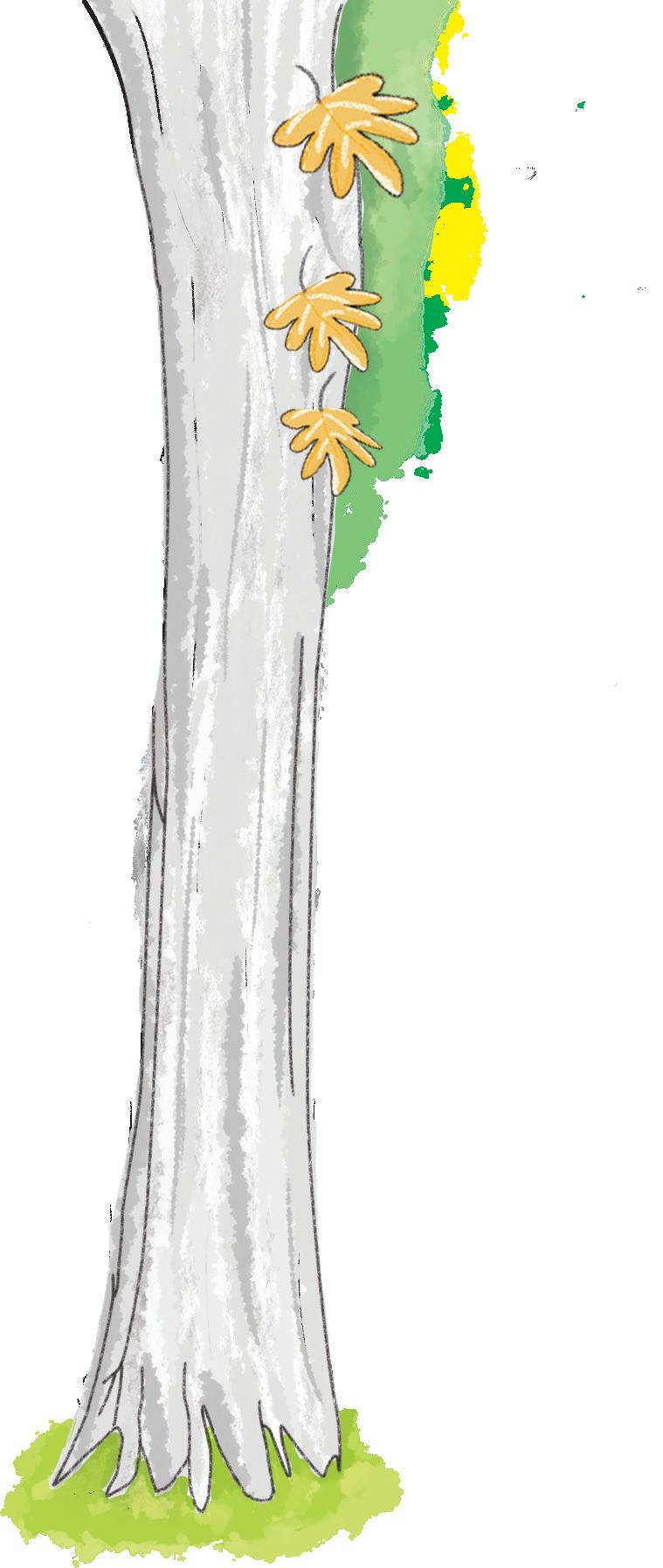
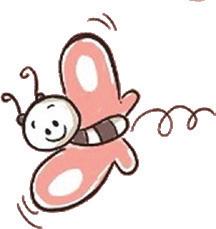
Trace the circles. Say the feelings aloud.


Look at the pictures. Paste the correct stickers. (Use the sticker sheet.) happy sad angry

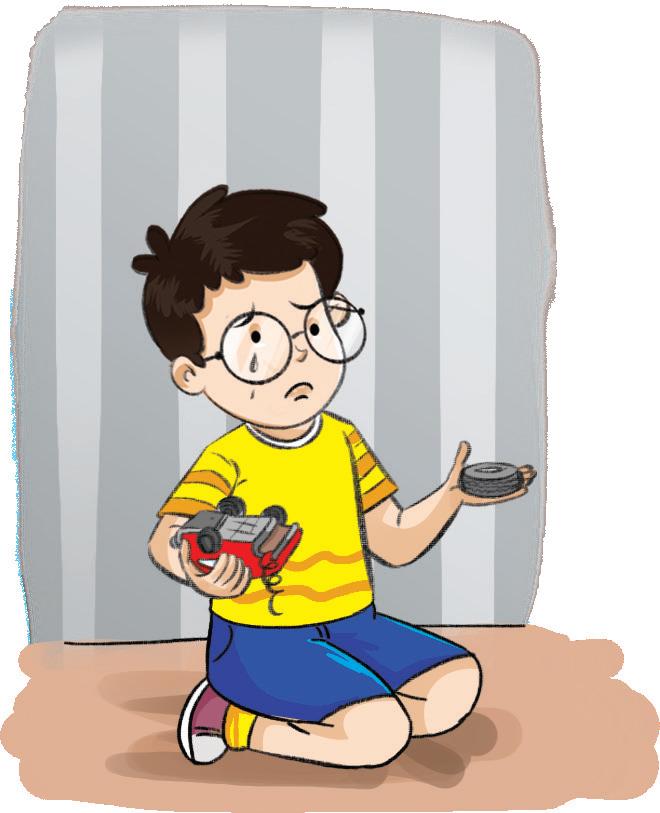

Tell the children simple situations, like “You dropped your ice cream” or “You got a new toy,” and ask them, “How do you feel?”



Look at the body parts. Say their names aloud.
eye
nose

fingers

foot

Point to your body parts and name them. Let the children do the same.
ear
mouth
arm hand
toes





Match the body parts to the girl. One is done for you.




Look at the sense organs. Say their names aloud. nose
I smell with my nose.
skin ears

I feel with my skin.
I hear with my ears.
eyes tongue
I see with my eyes.
I taste with my tongue.






Match the sense organs with the activities they do.




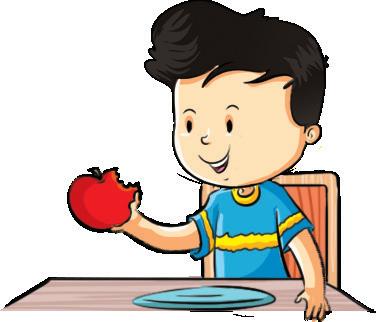

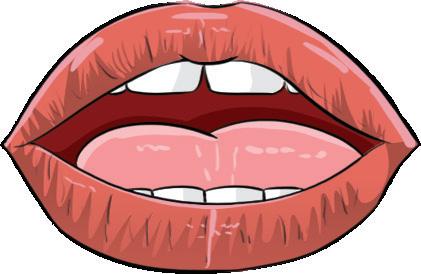

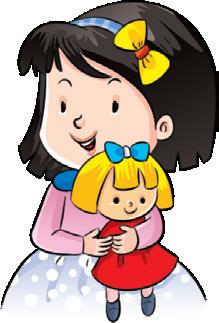




We should keep ourselves clean. This is how little teddy keeps himself clean.
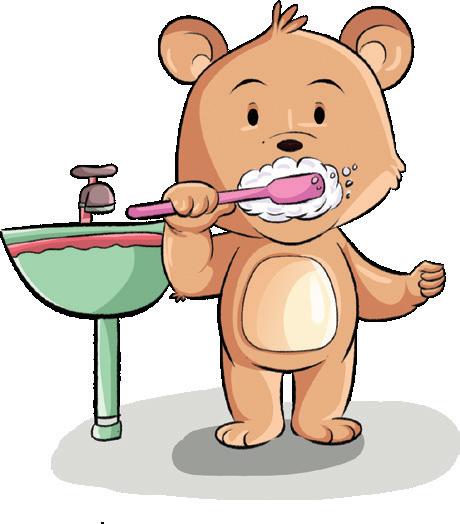





Let's Talk
I brush my teeth twice in a day.
I shampoo and comb my hair.


I use a soap to bathe daily.
I use a tissue to wipe my nose.
Name any two things you use to keep yourself clean.



I clip my nails with a nail clipper.
I wash my hands with soap before and after eating.
I wear clean and ironed clothes.




Match the pictures to show how you stay clean.







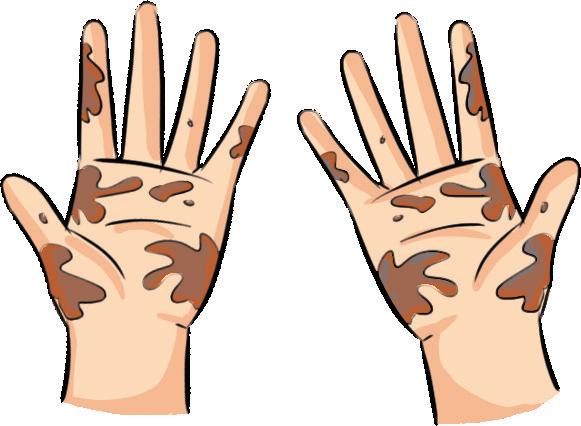
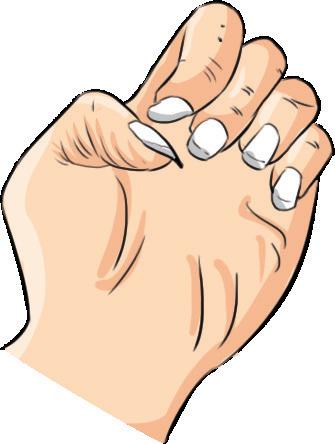



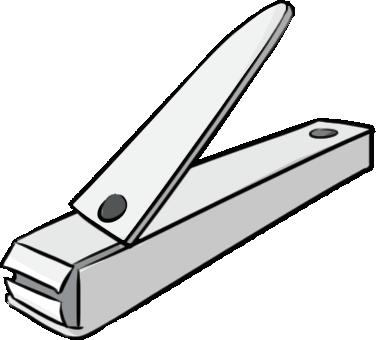





I am red. You see me in many things.
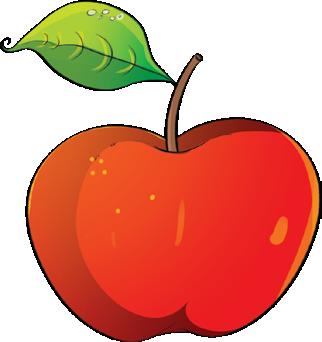


Sponge-paint the strawberry using red colour.

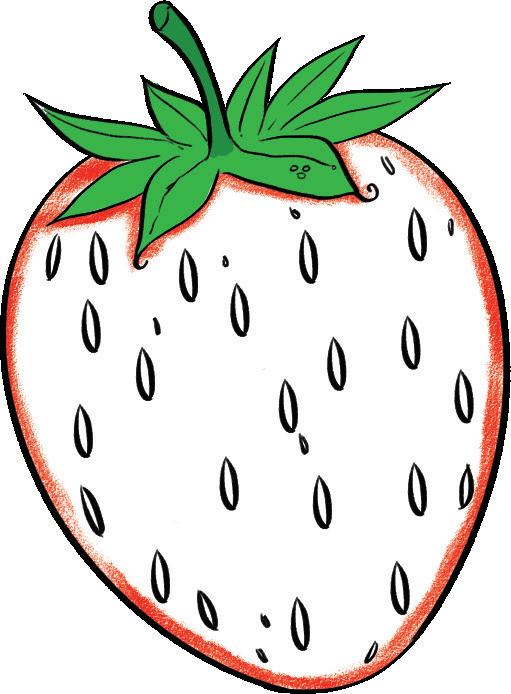





Look at Nidhi. She lives with her family. These are her family members.

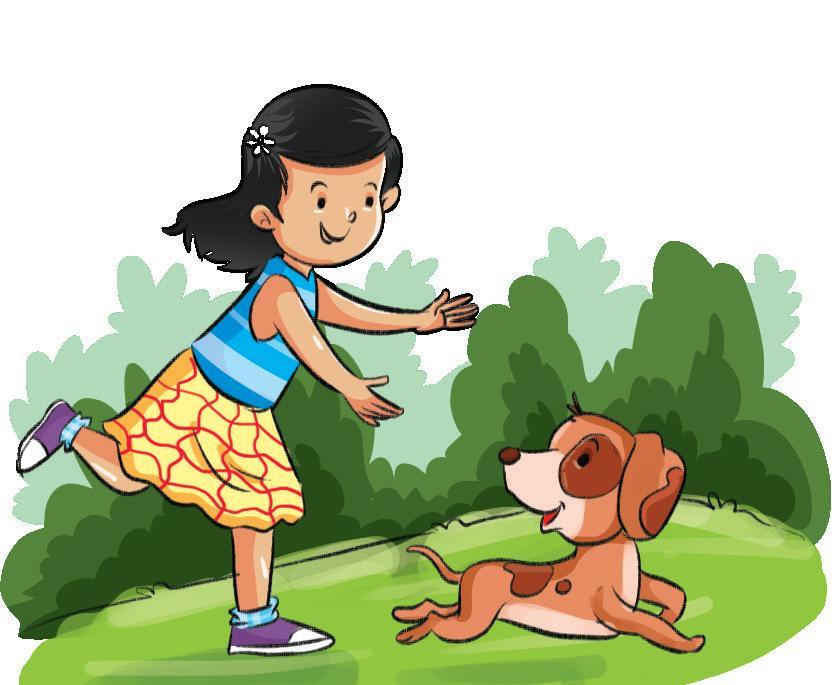



Encourage children to talk about their family members. Ask them to name the members who live with them at home.



We have fun with our family in many ways.

We celebrate special days.


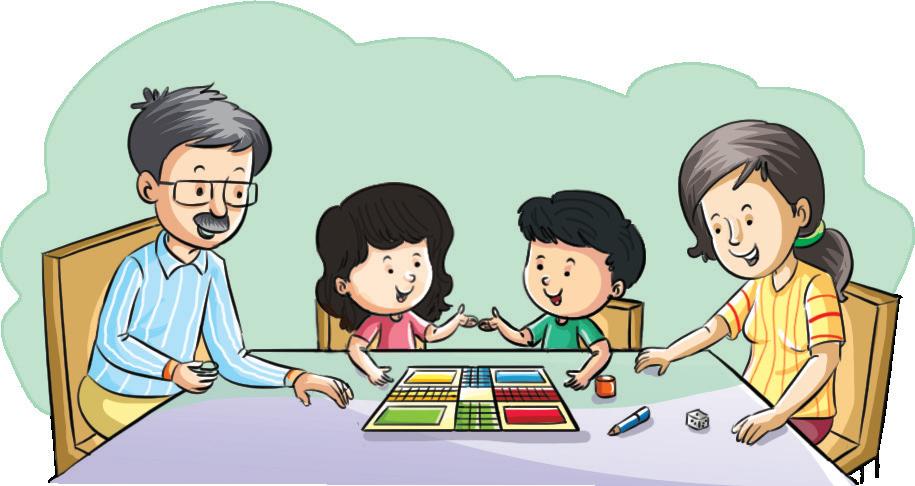
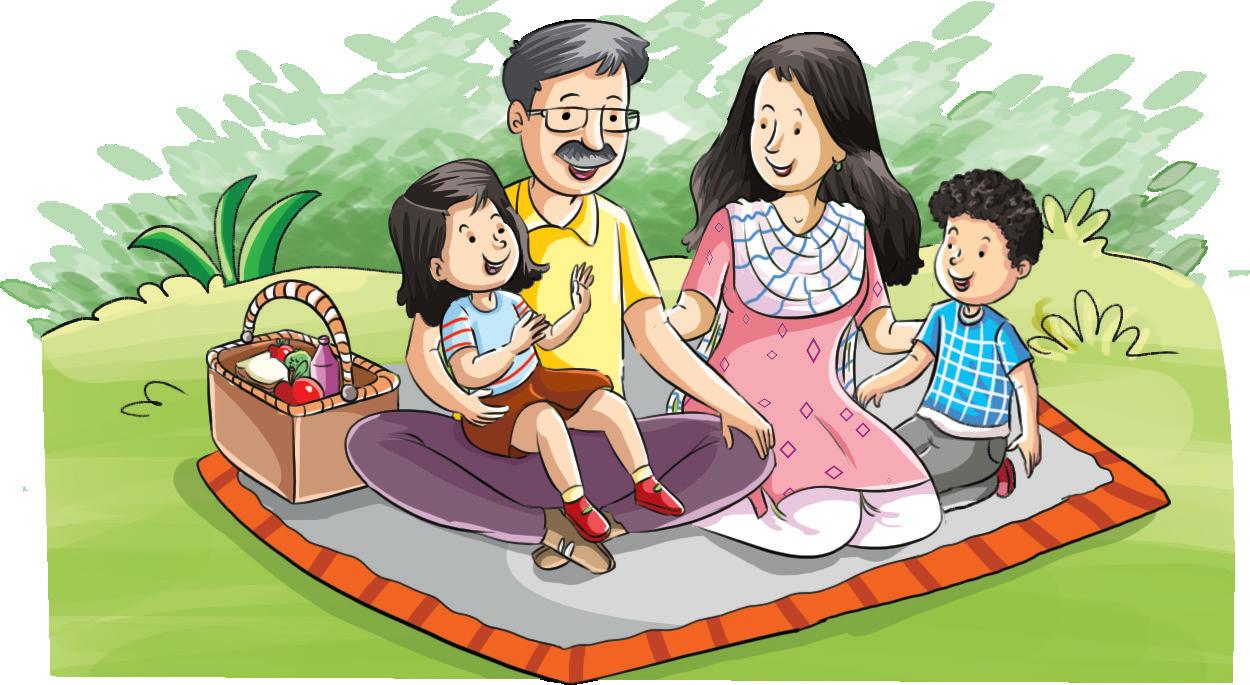
We go out together.
We play together.
Let's Talk
What do you like to do with your family?




I love my family. This is how I help my family.
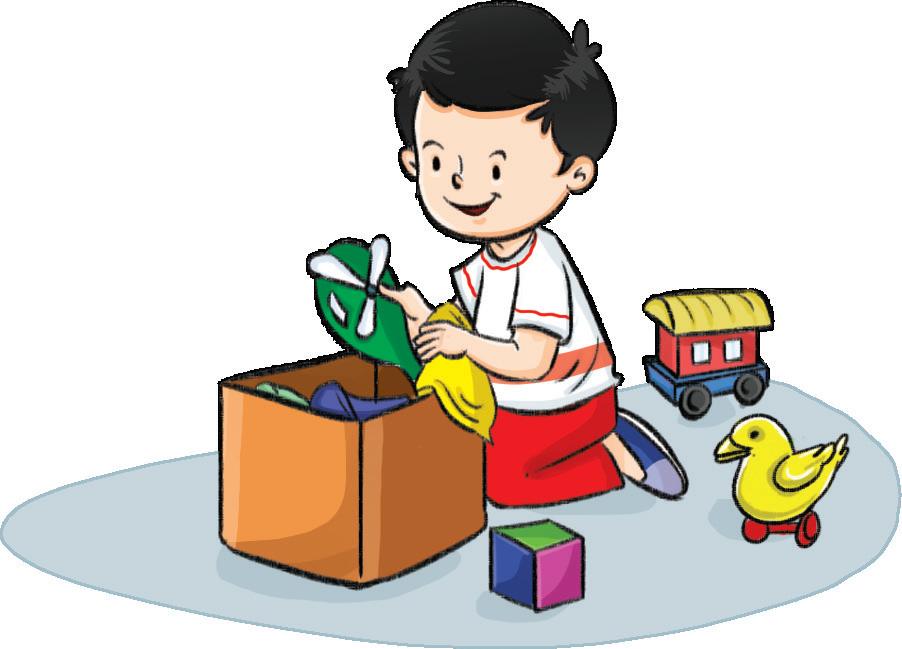

I keep the toys back after playing. I water the plants.

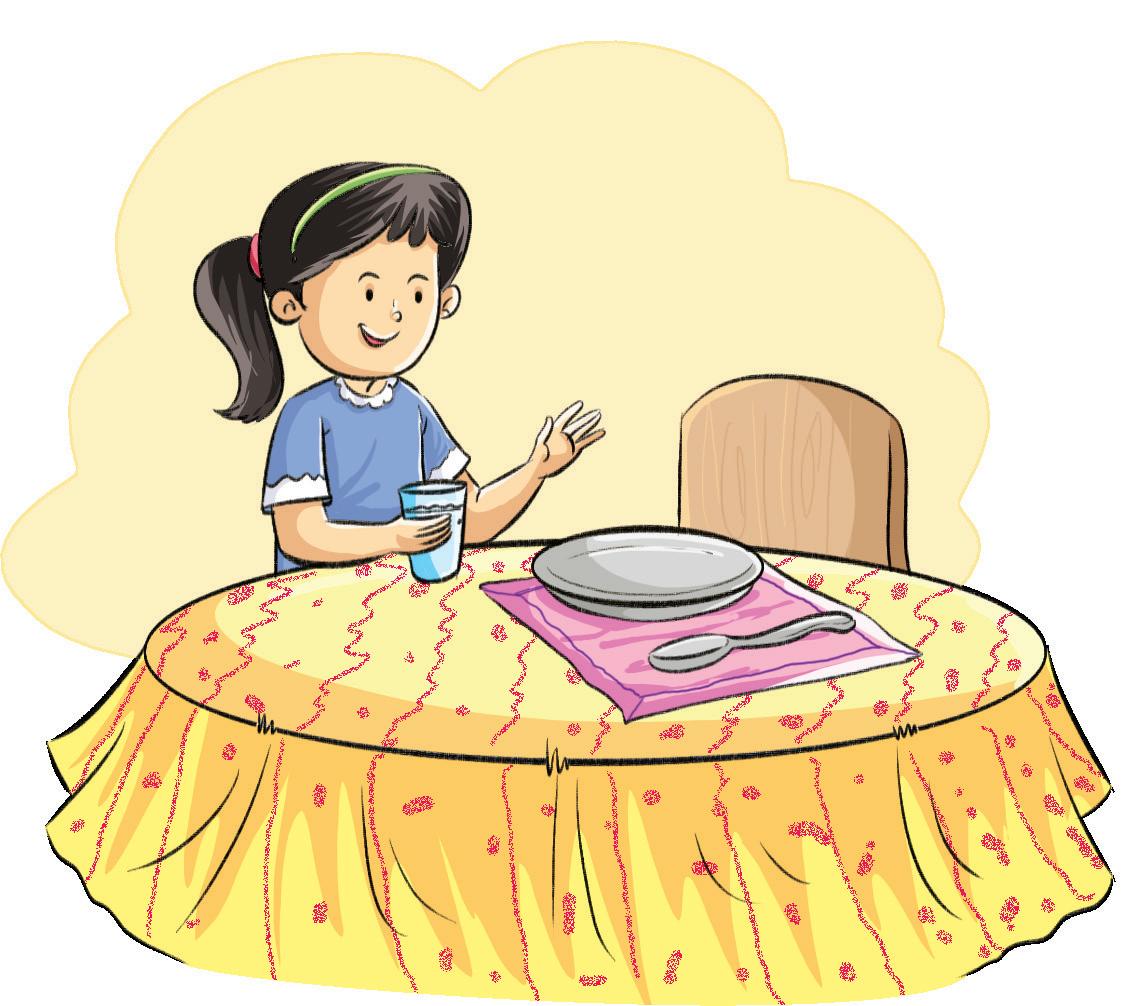
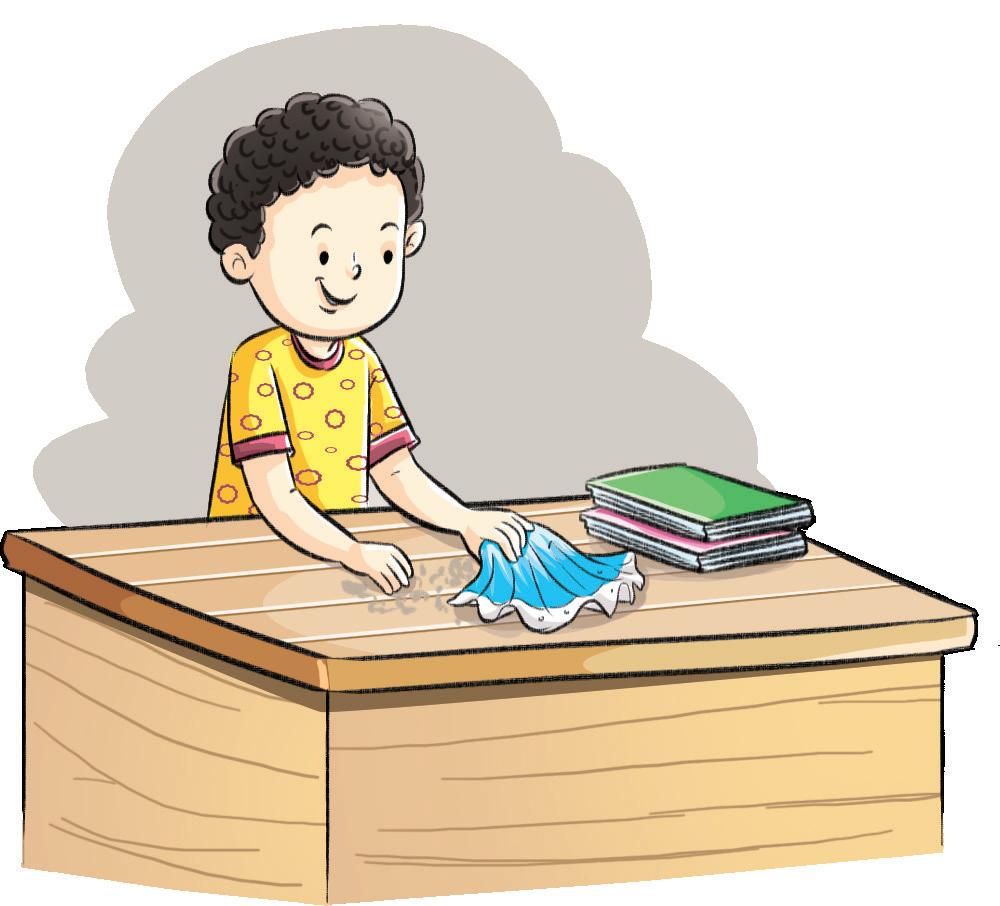
I set the table. I help with cleaning.
Let's Talk How do you help your family at home?






Let children colour and decorate the house.




We all have friends. Friends are special. Let us read about Sneha’s friends.



Let us learn the activities they do together.

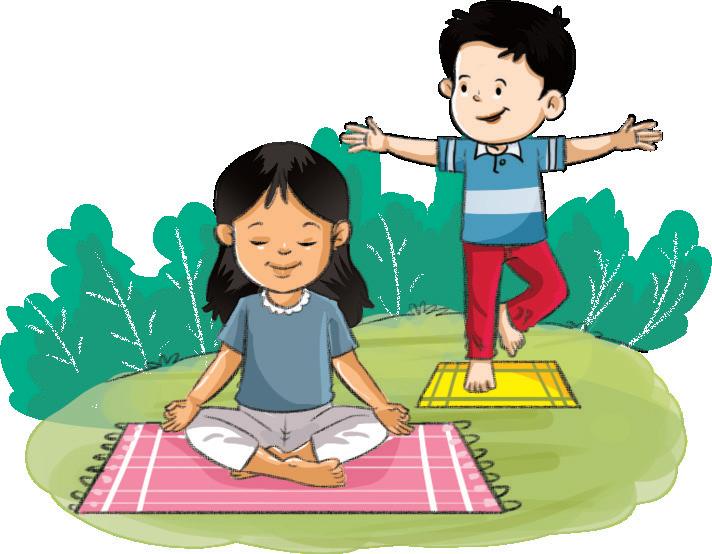

They play together. They eat together. They exercise together.
Let's Talk How do you spend time with your friends?



Tick (✓) the activities you do with your friends. draw


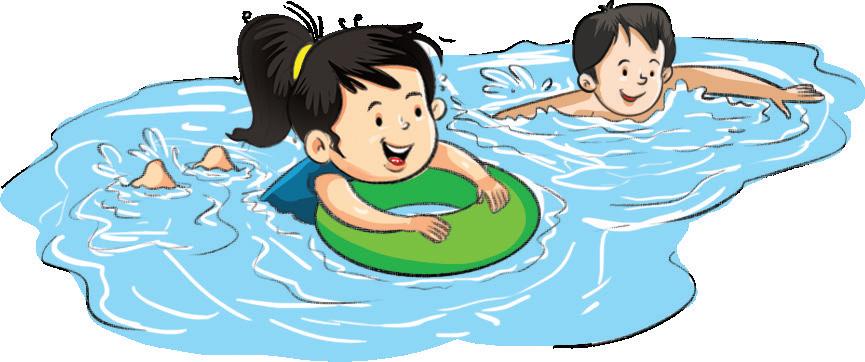

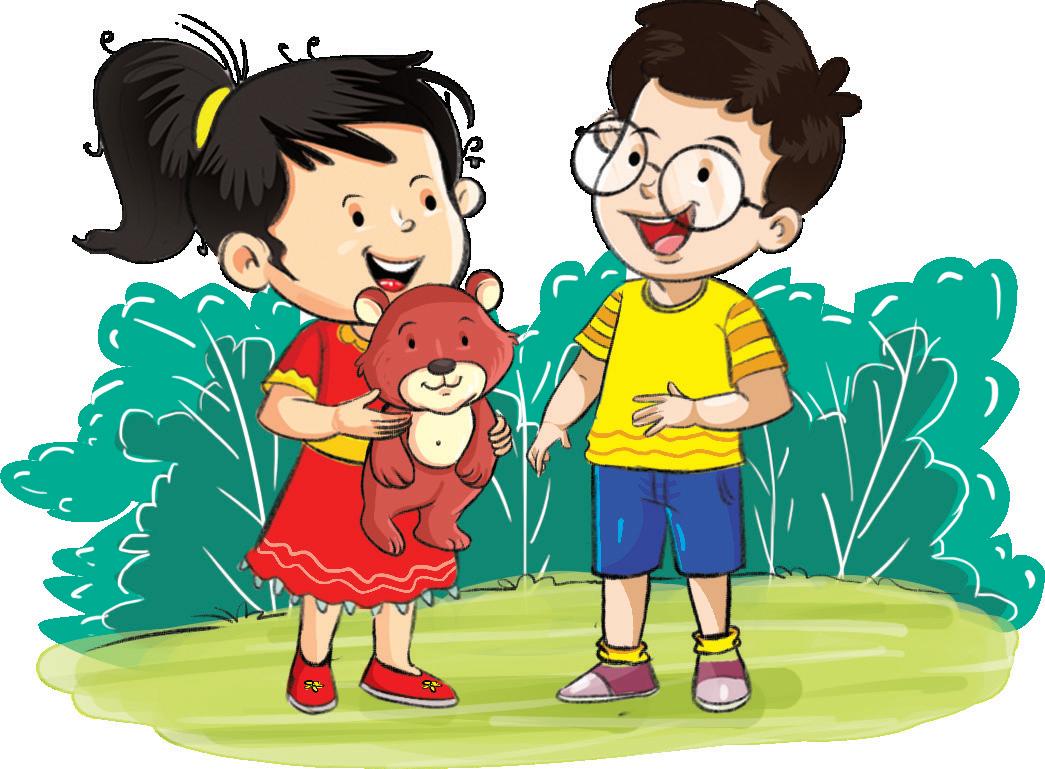








Look at the friends playing together. Colour the picture.

Let's Talk
Which game do you play with your friends?



Magic words are special. They help us be polite and nice to others. Let us learn about them.
Hi!


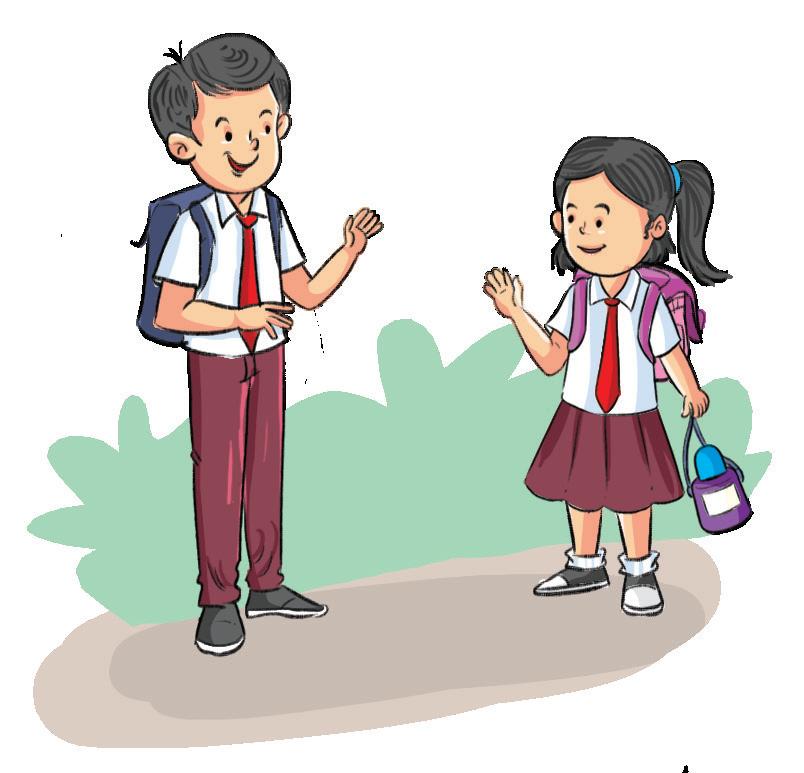

Sorry.
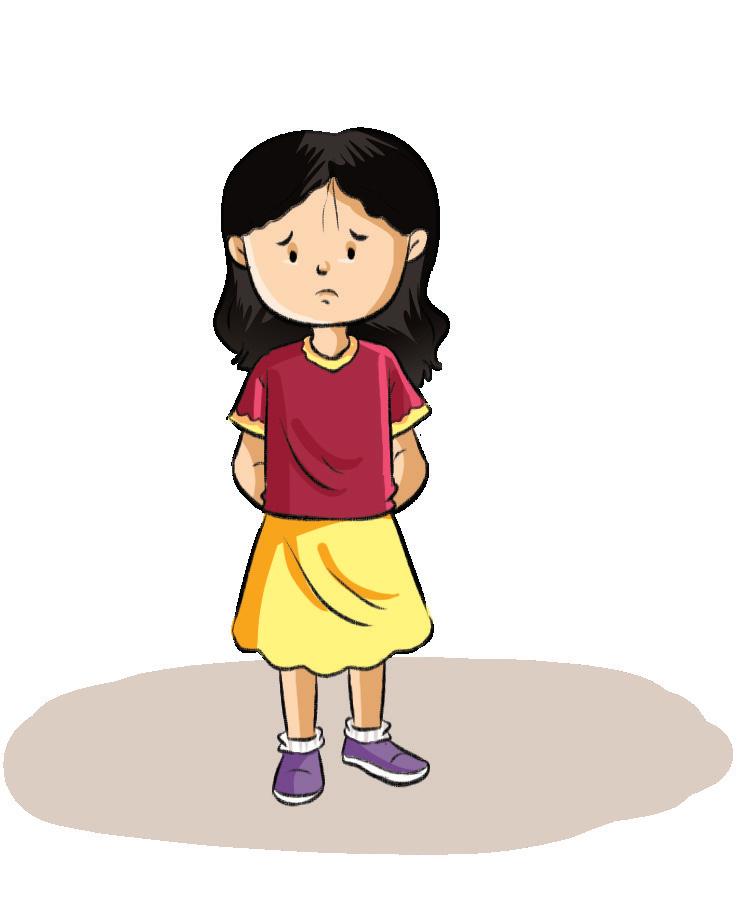
“Hi” to greet, “Please” to ask, “Thank you” for every task.
“Sorry” when I have done something wrong, These magic words make me strong.
Thank you.
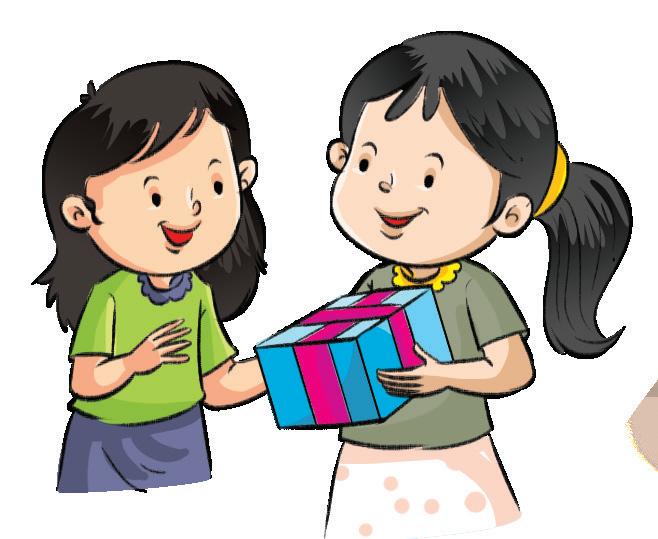
May I use your pencil, please?
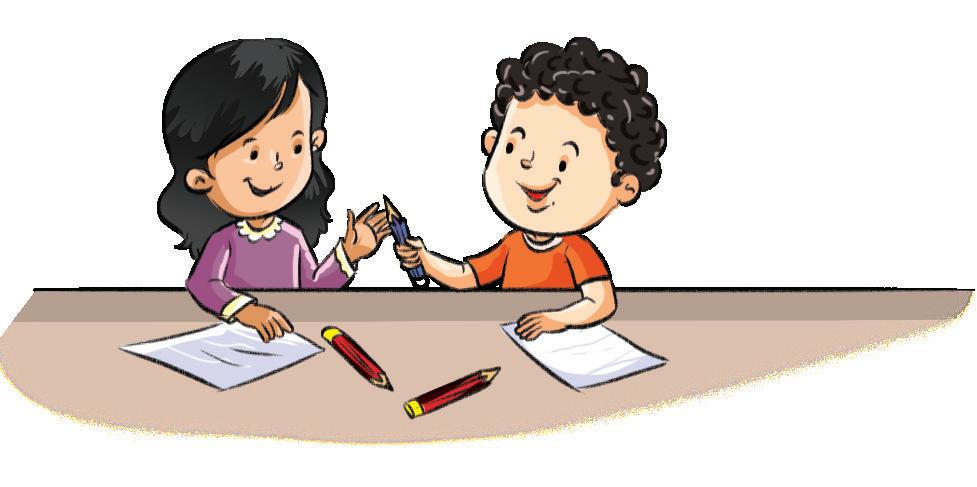


It is a good habit to be polite. Let us learn how to be polite. Wish and greet people when you meet them.
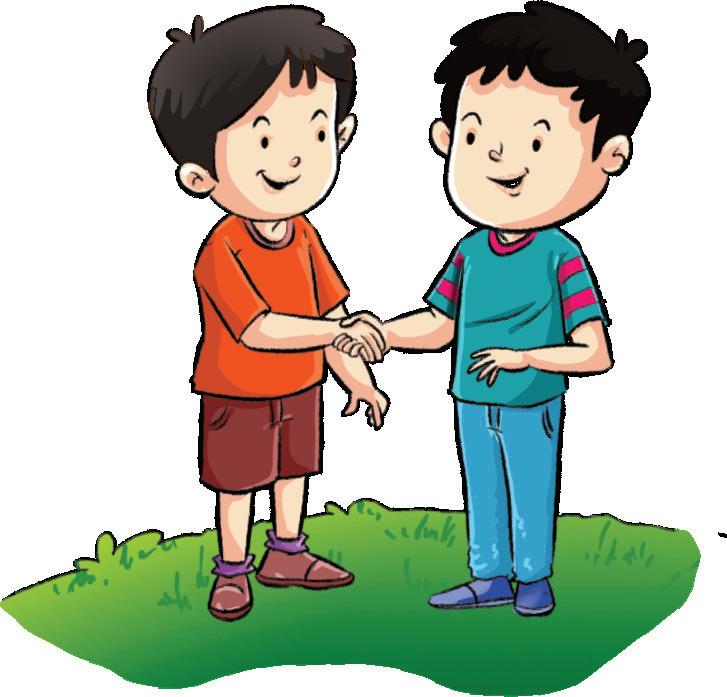



Hello! Thank you! Thank you!
Good morning!

Say ‘Thank you’ when someone gives you something or helps you.
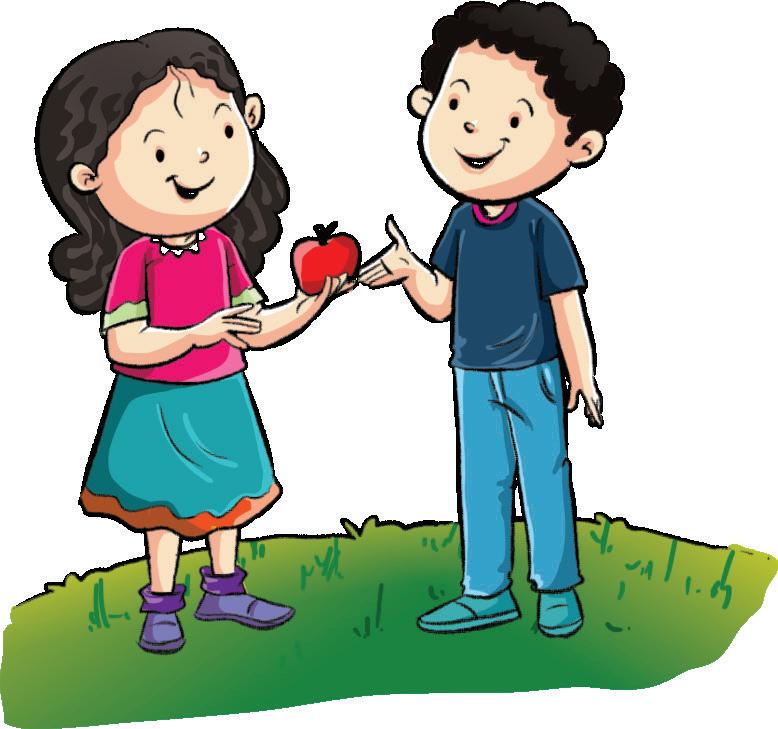
Say ‘I am sorry!’ when you make a mistake or hurt someone.

Say ‘Please!’ when you want something.
I am sorry!
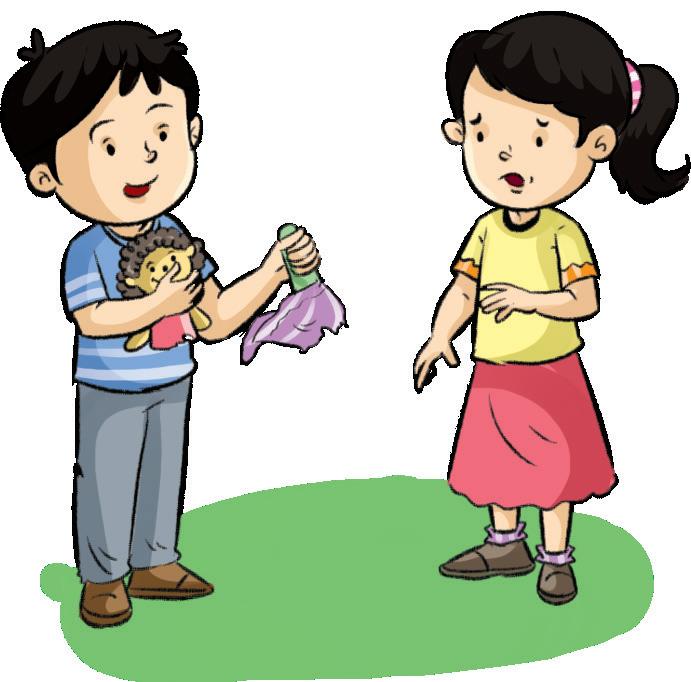
May I play with you, please?
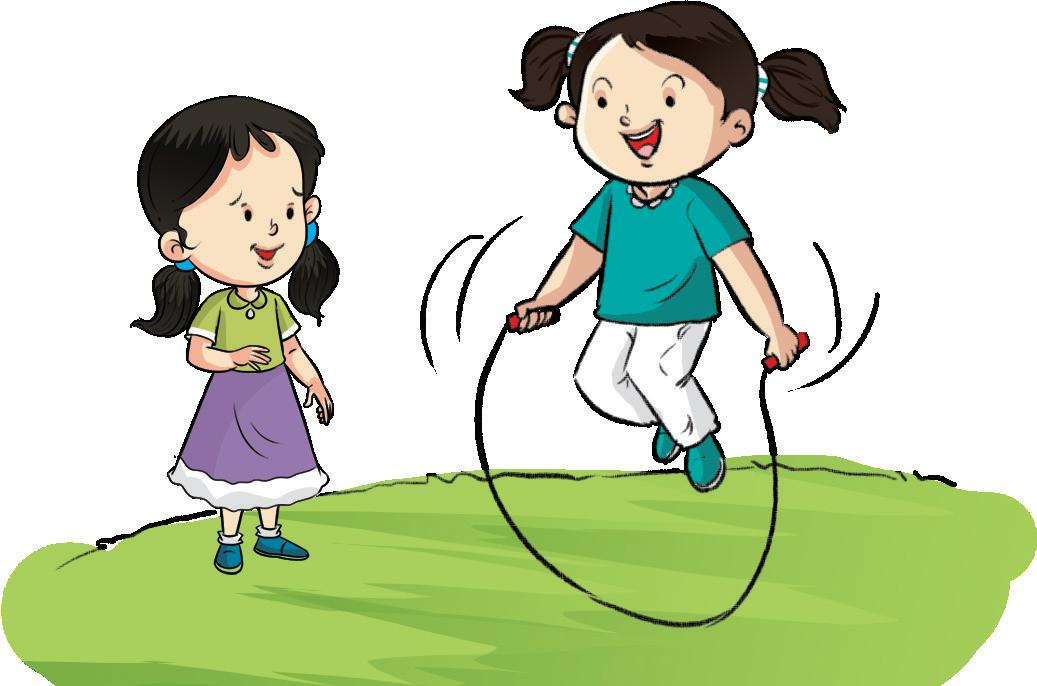



Match the pictures with the magic words. Sorry.




Hello. Good morning.



















Thank you.



Look at the two pictures. Circle the 5 differences in them.






A house is where we live with our family. It has many parts.
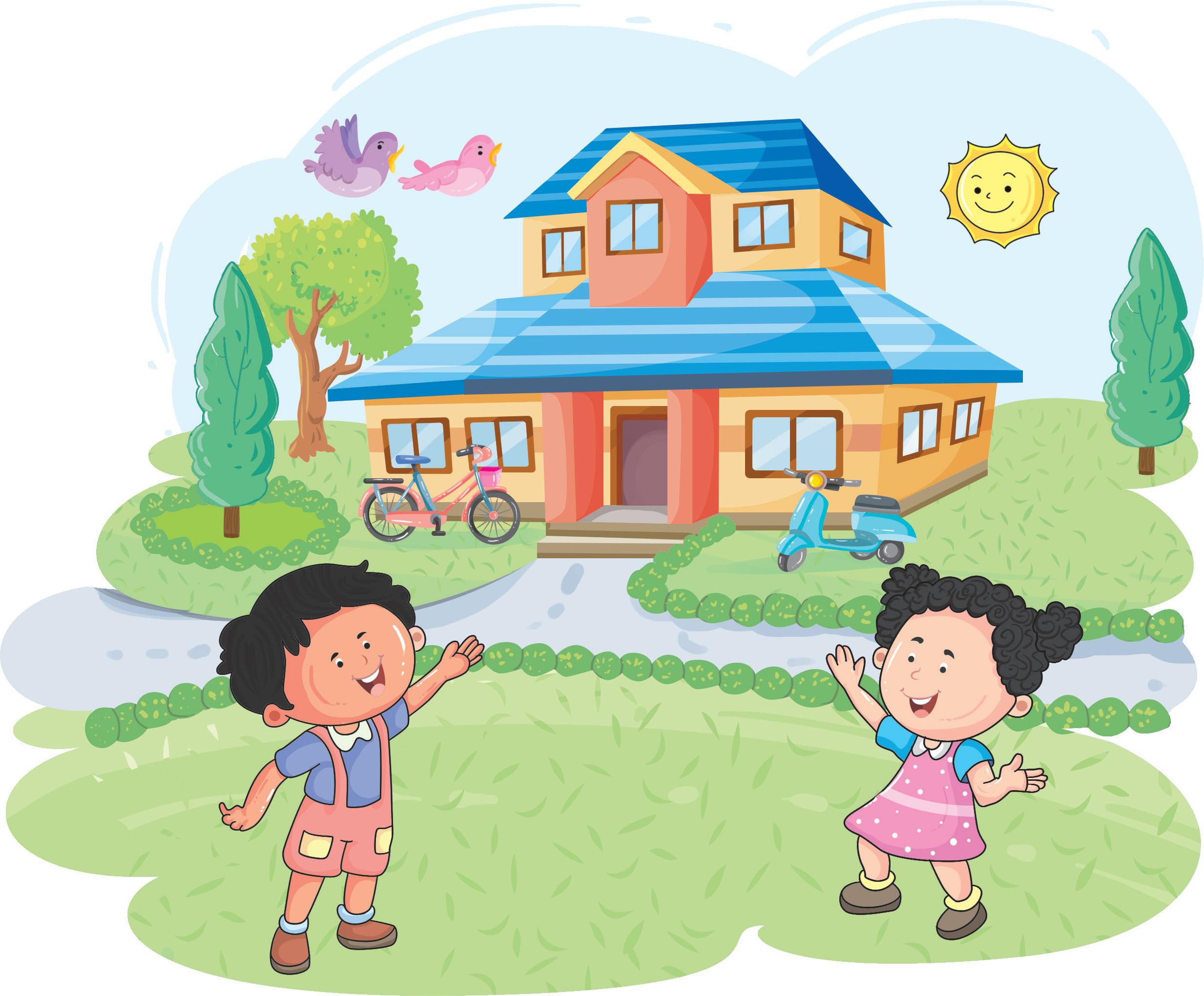
My house is nice and neat, With a roof on top and walls so sweet. It has a door that opens wide, And windows where the sun peeks inside.
The roof keeps out the rain and sun, Inside the house, there’s so much fun!



Paste the missing parts of the picture. (Use the sticker sheet.)


Let's Talk
What do you like about your house?

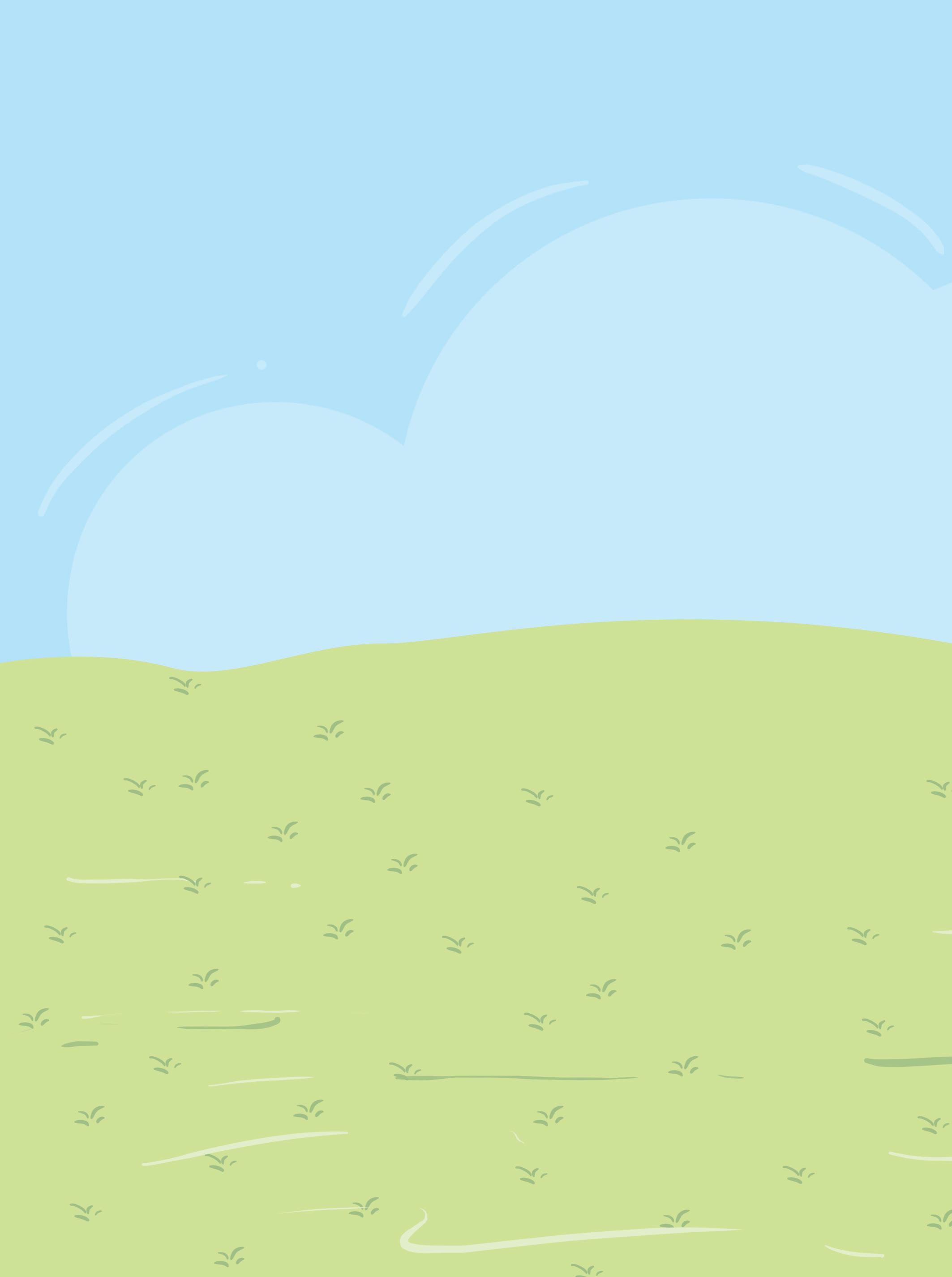




A house has many rooms. Let us learn about them.
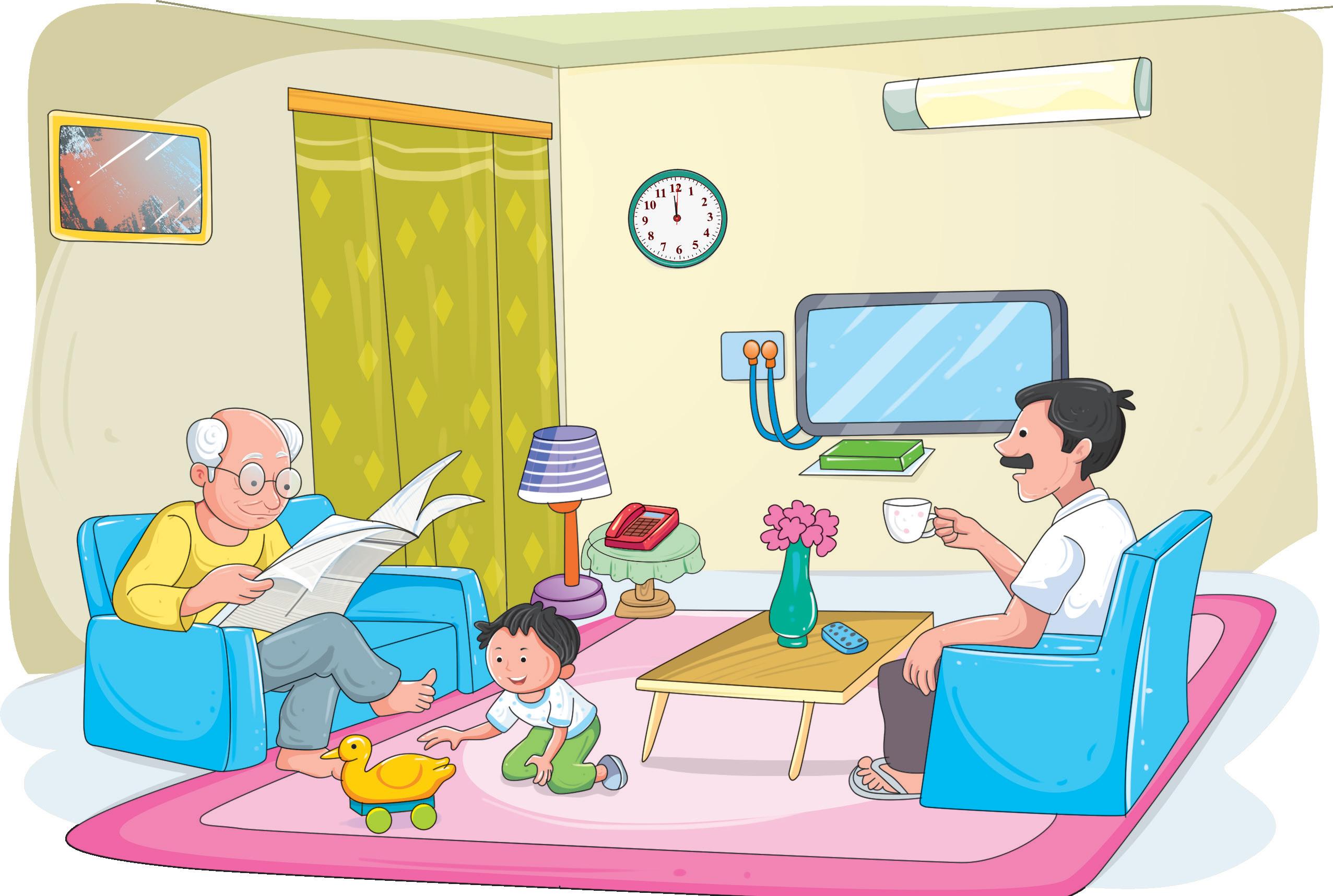
living room kitchen
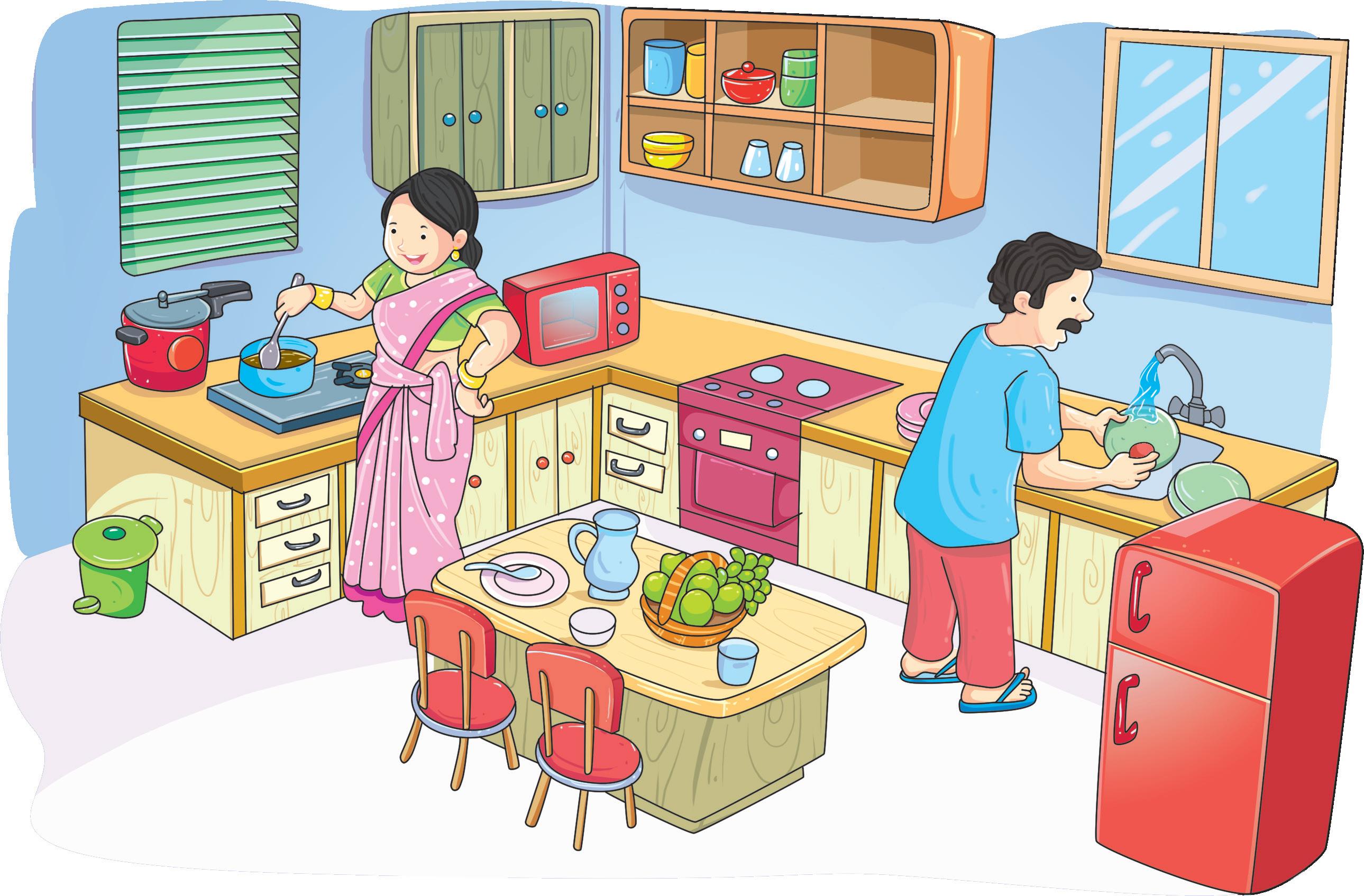



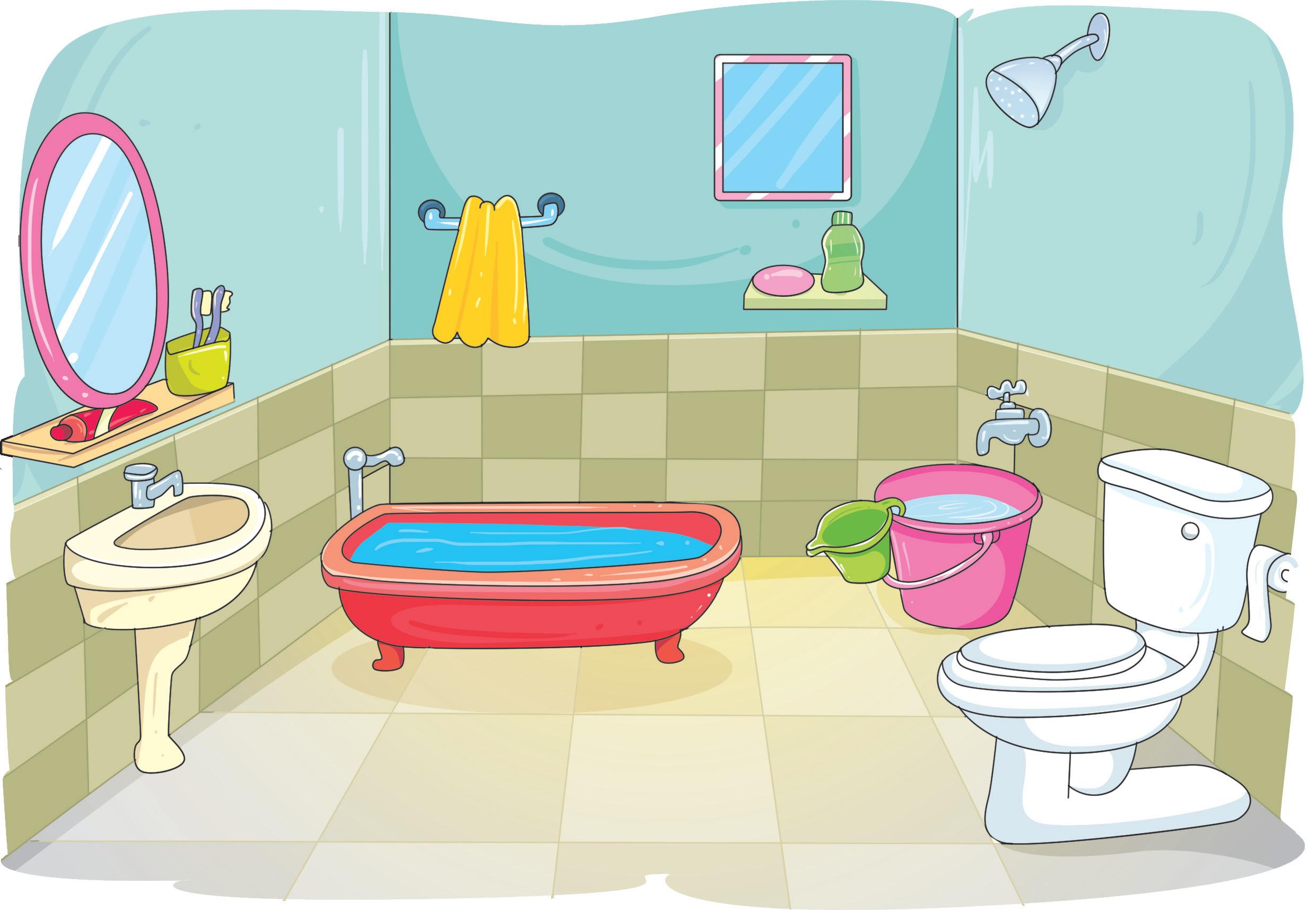
How many rooms are there in your house? Can you name them?




Match the things to the correct rooms.

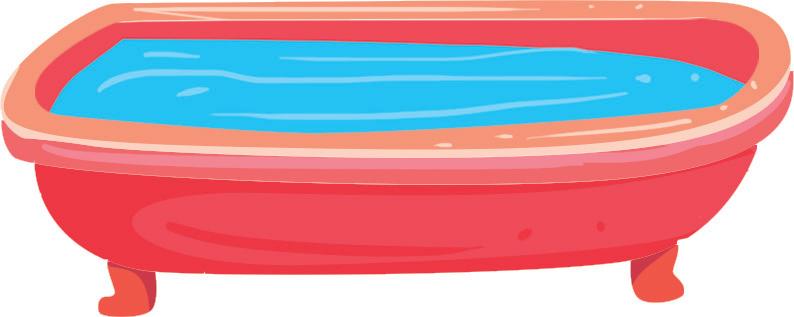
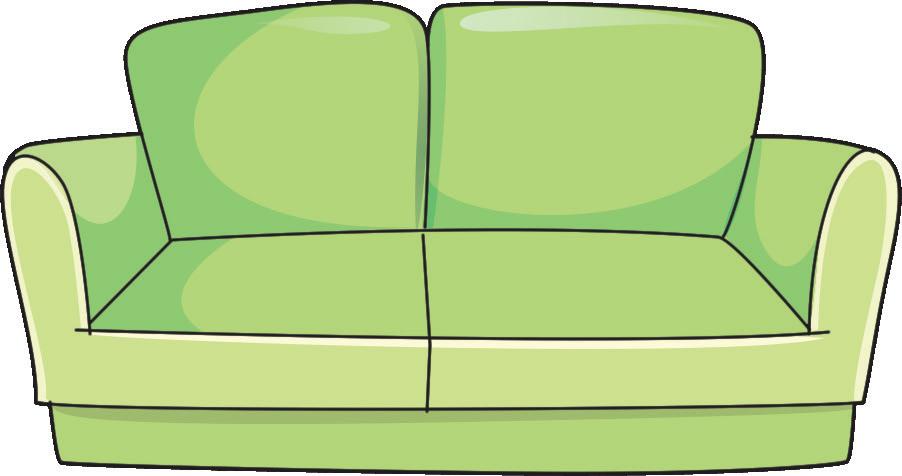





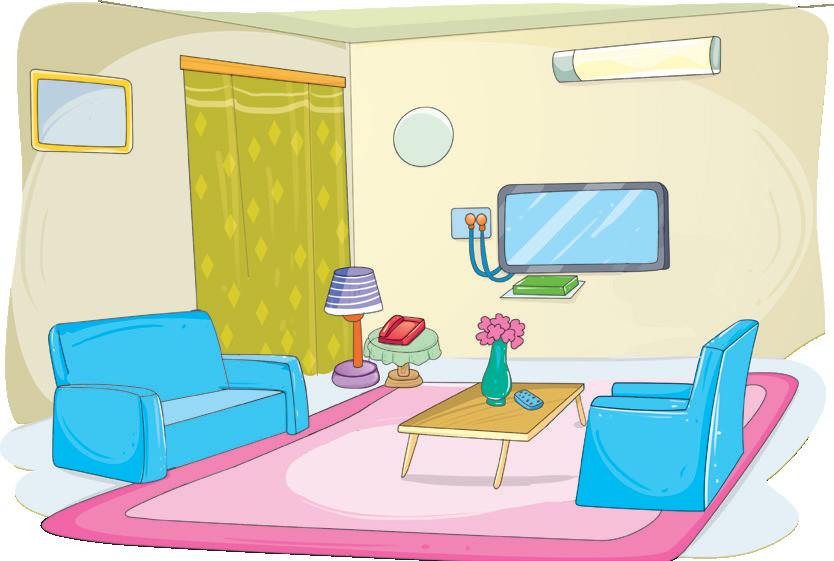


Let us learn how to be safe at home.


Unsafe actions Safe actions

Do not jump on the sofa. You may hurt yourself.


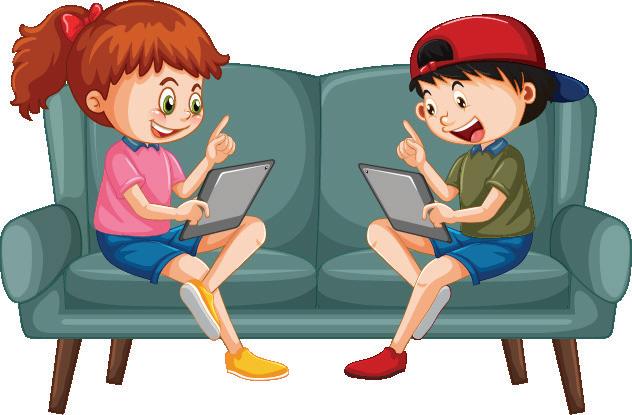
Sit and play.





Do not litter. You may fall.
Throw garbage in the dustbin.
Do not go near the gas stove. You may get hurt.
Ask an adult for help.





This is my school. It is a happy place where I play and learn.


We laugh and play, We jump all day. We draw. We sing. It’s such a lovely thing. With friends, we share, In the ground, we run.
I love my school, It’s so much fun.



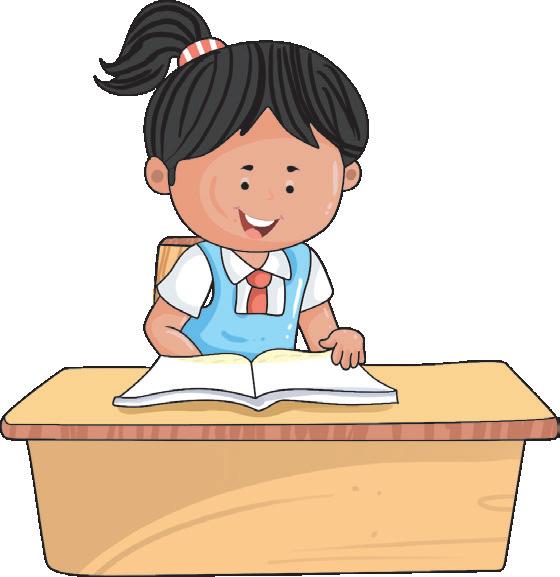


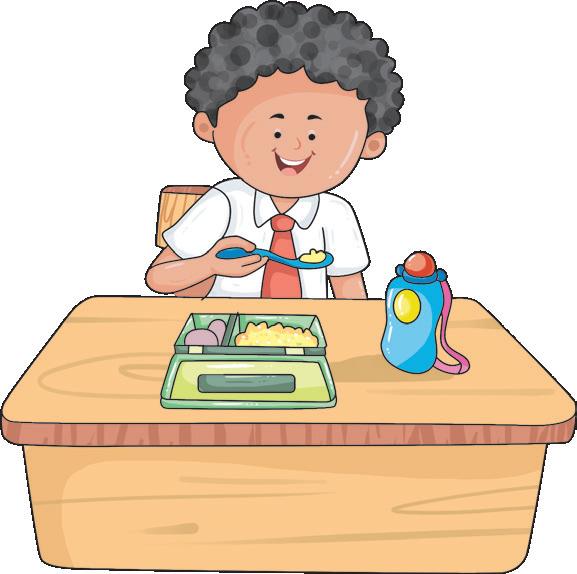
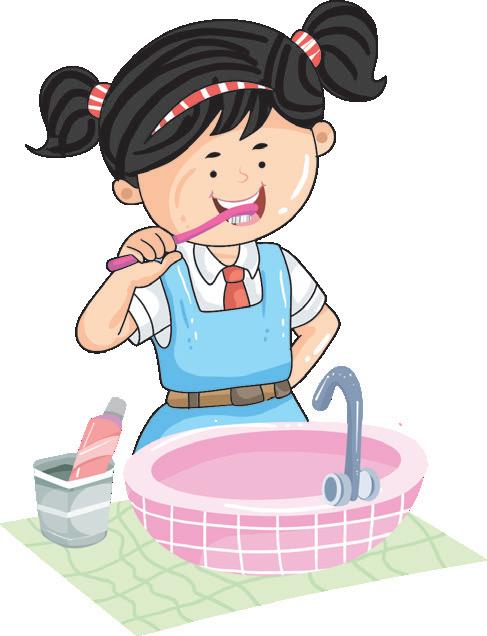

Ask children to share what they enjoy doing at school.
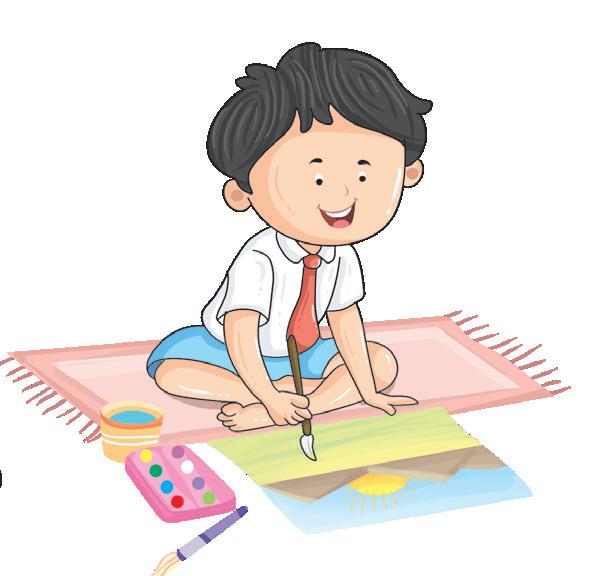





Let us learn how to be safe at school.



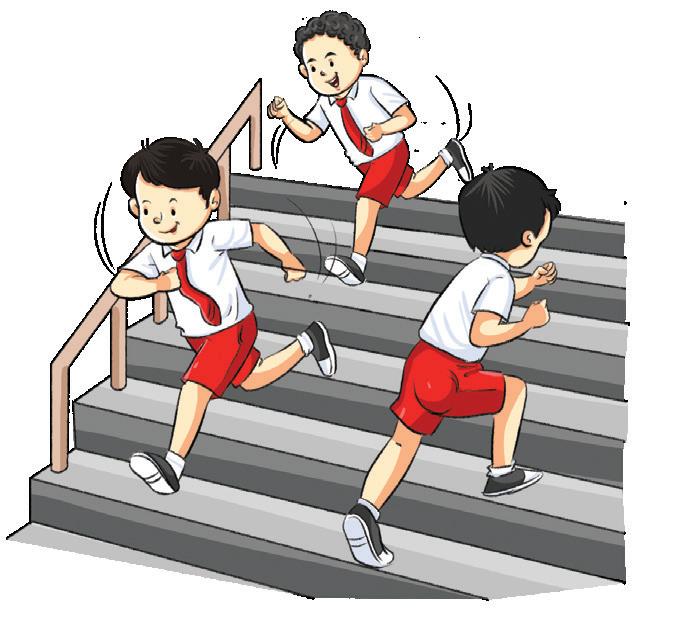
Do not run up or down the stairs.

Do not push others.

Do not run around in the classroom.


Climb the stairs carefully.

Wait for your turn.

Sit nicely in the classroom.


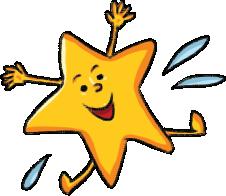

I am yellow. You see me in many things.





Tear and paste bits of yellow paper on the sun.

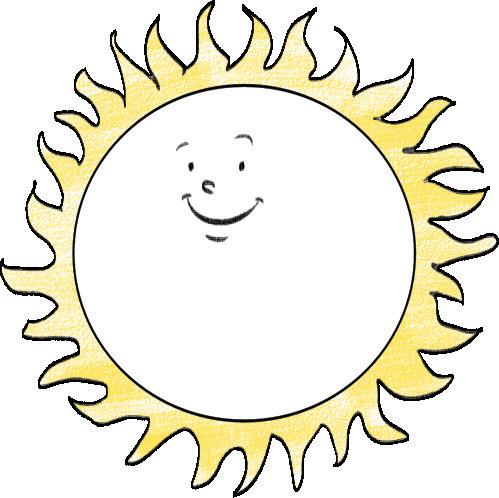





Take me to school by colouring the path. Say the names of the places you see on the way.
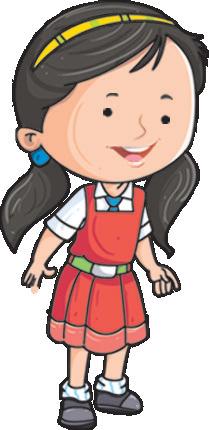
Let's Talk
Name two places you see on your way from home to school.

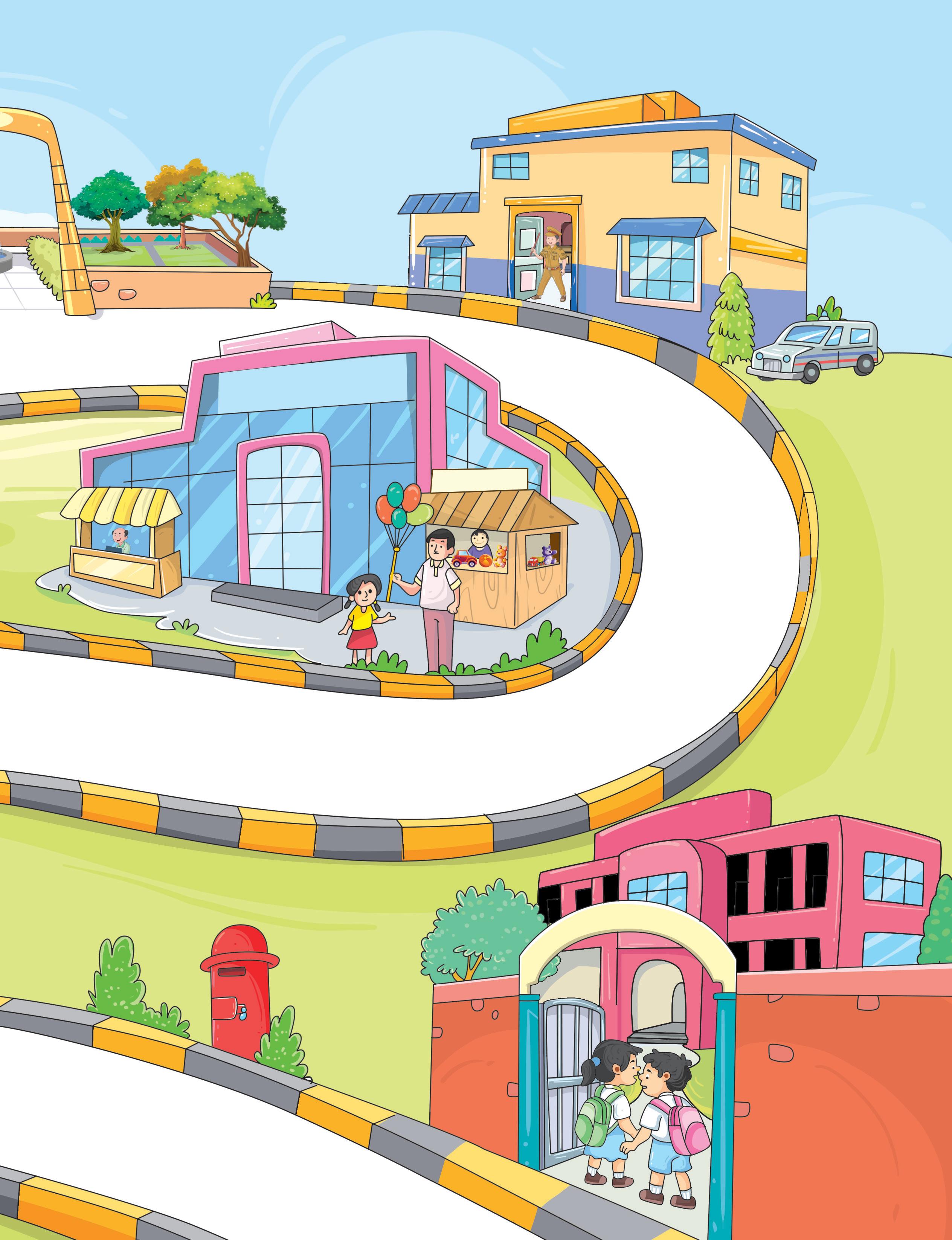
SCHOOL





Here are the people who help us everyday. Let us learn about them.

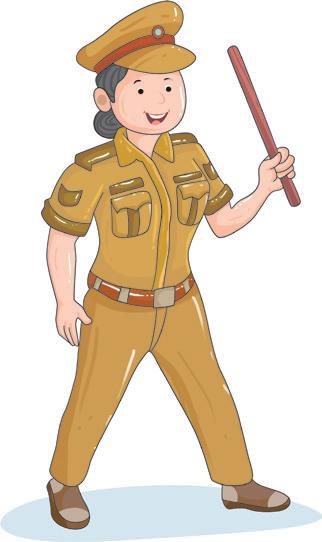
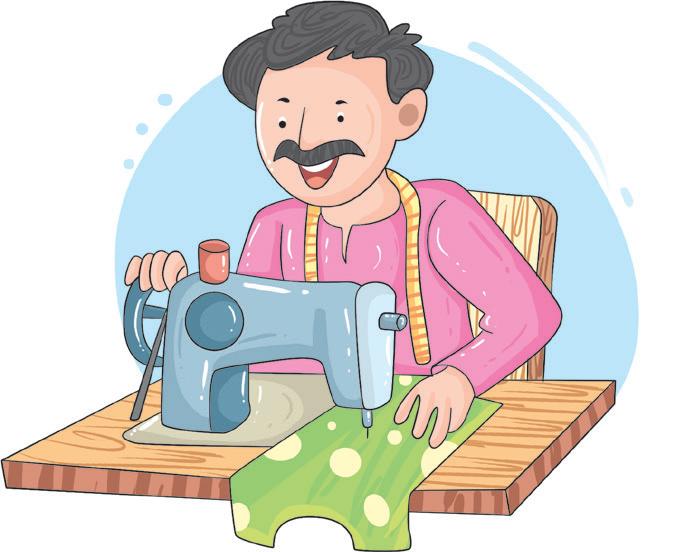

Tallk about how each of these helpers help us everyday.
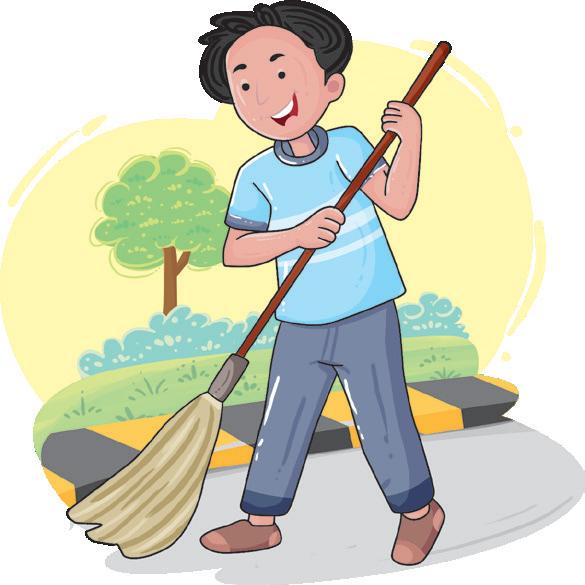
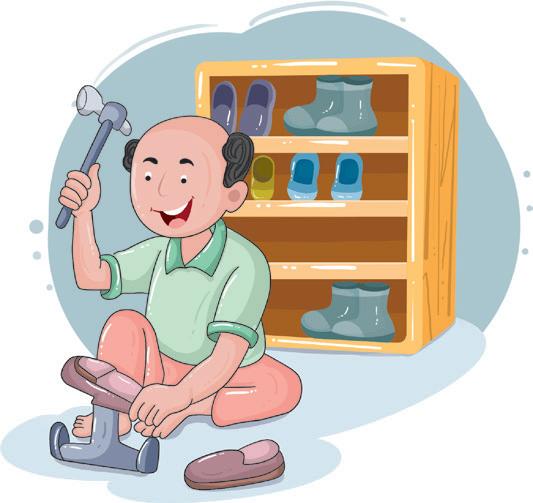
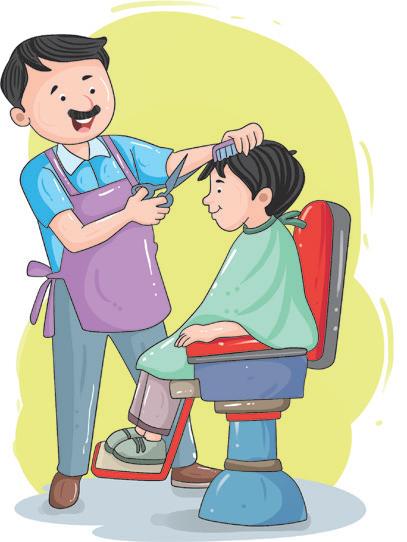


Match the helpers with the tools they use.

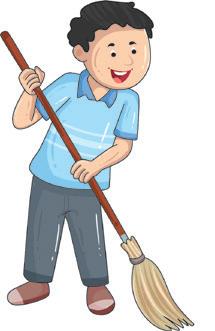
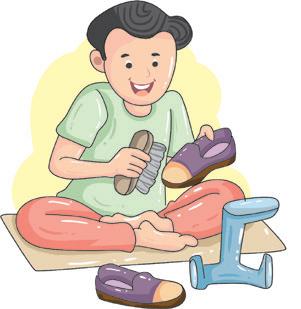

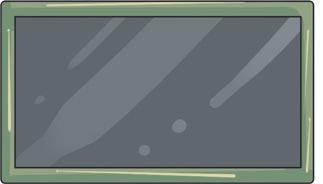


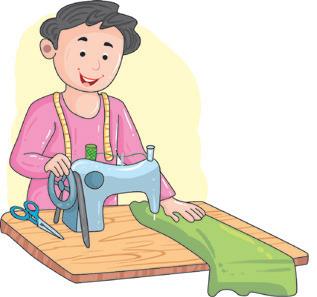
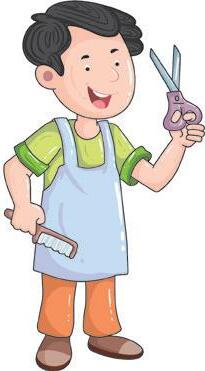
Name any two people who help you every day in school.

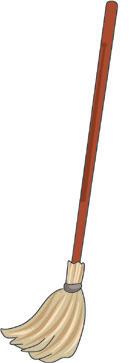




We see many animals around us. Let us look at their pictures and say their names aloud.
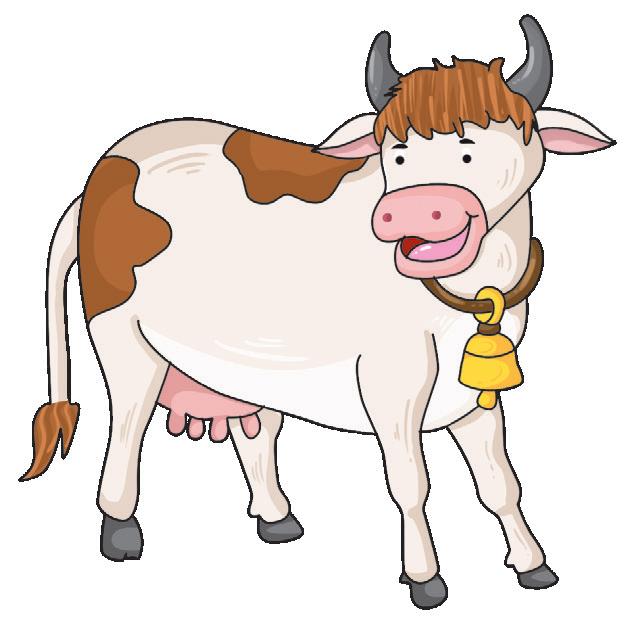
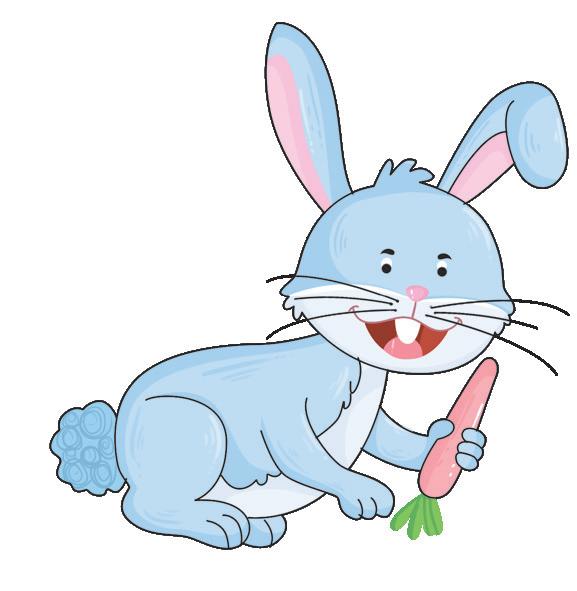

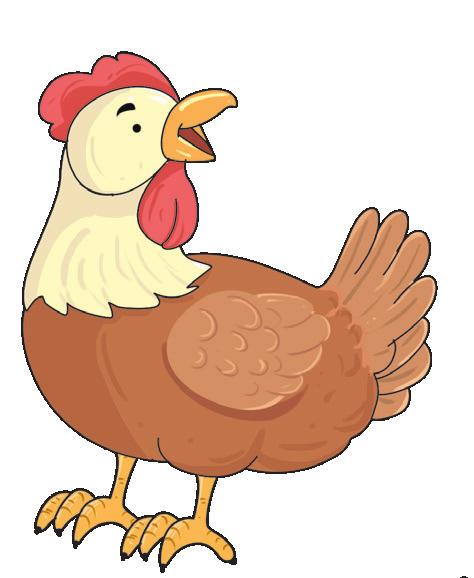
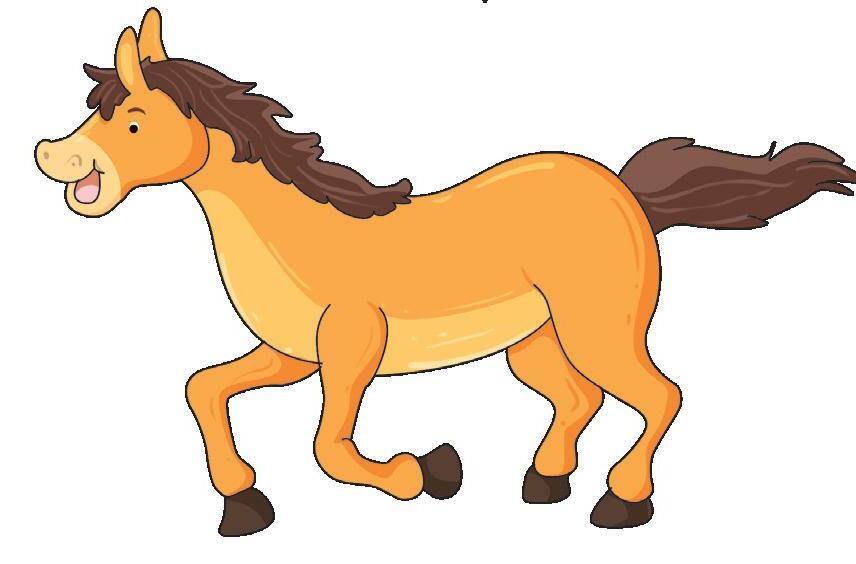

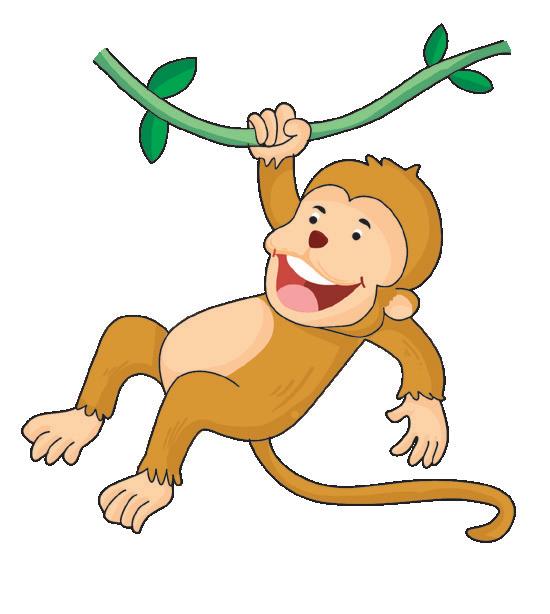
Let's Talk
Which animal would you like to keep as a pet at home? Why?


Paste stickers of animals that live around us. Say their names aloud. (Use the sticker sheet.)





Talk about different animal sounds, such as a dog barking, a cat meowing or a cow mooing.





Match the animals that are the same.

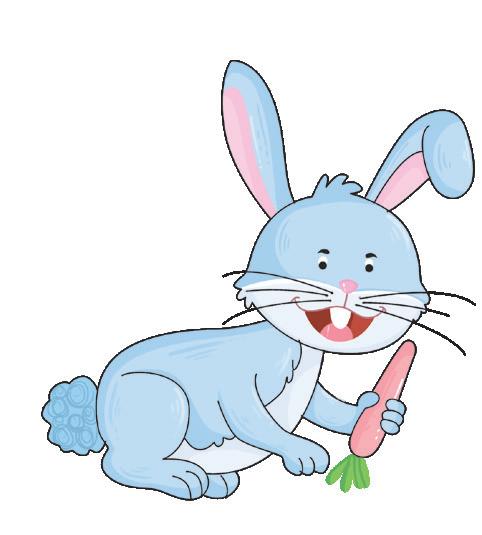

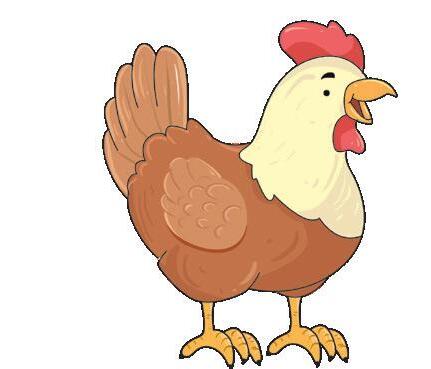


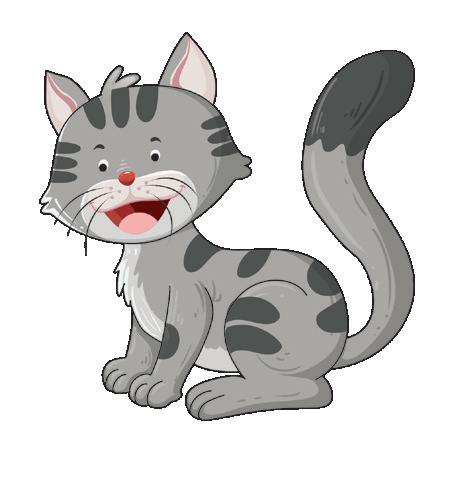
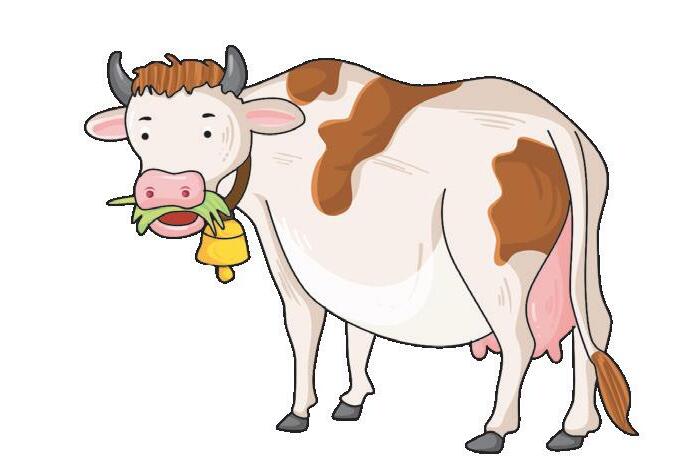
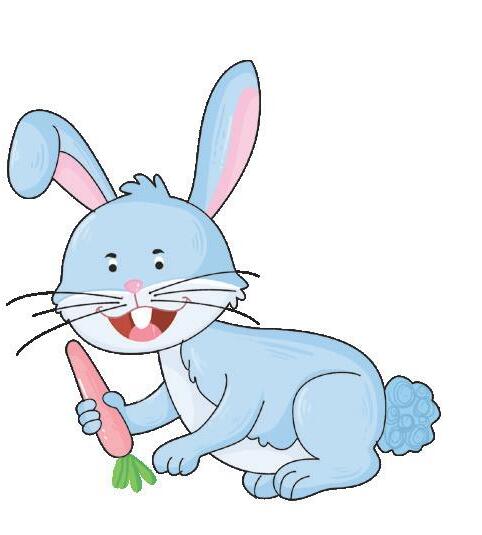
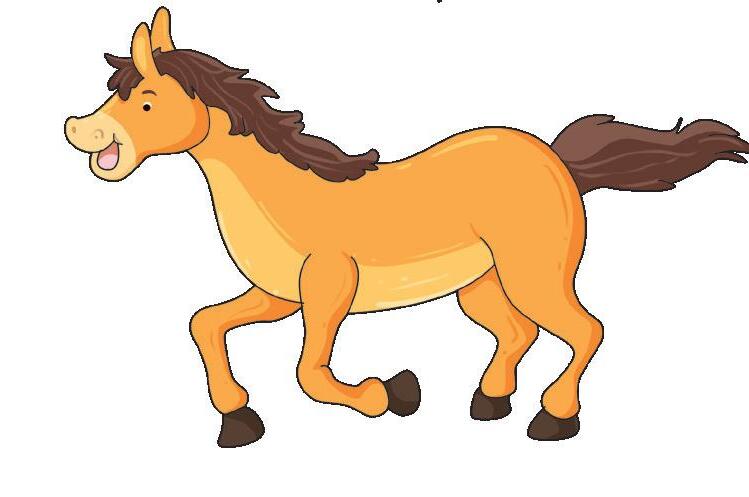




Wild animals are animals that live in forests. Let us look at their pictures and say their names aloud.



Let's Talk
Which animals have stripes on their bodies?




Circle the wild animals.





Some animals live in water. They are called water animals. Let us look at their pictures and say their names aloud.


























































































































Let's Talk









Which water animal do you like the most?
























































Circle the different water animal in each row.




We see lots of colourful birds flying in the sky. Let us look at their pictures and say their names aloud.
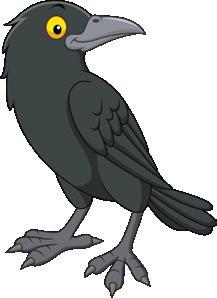

Let's Talk
Which bird has beautiful feathers and dances in rain?

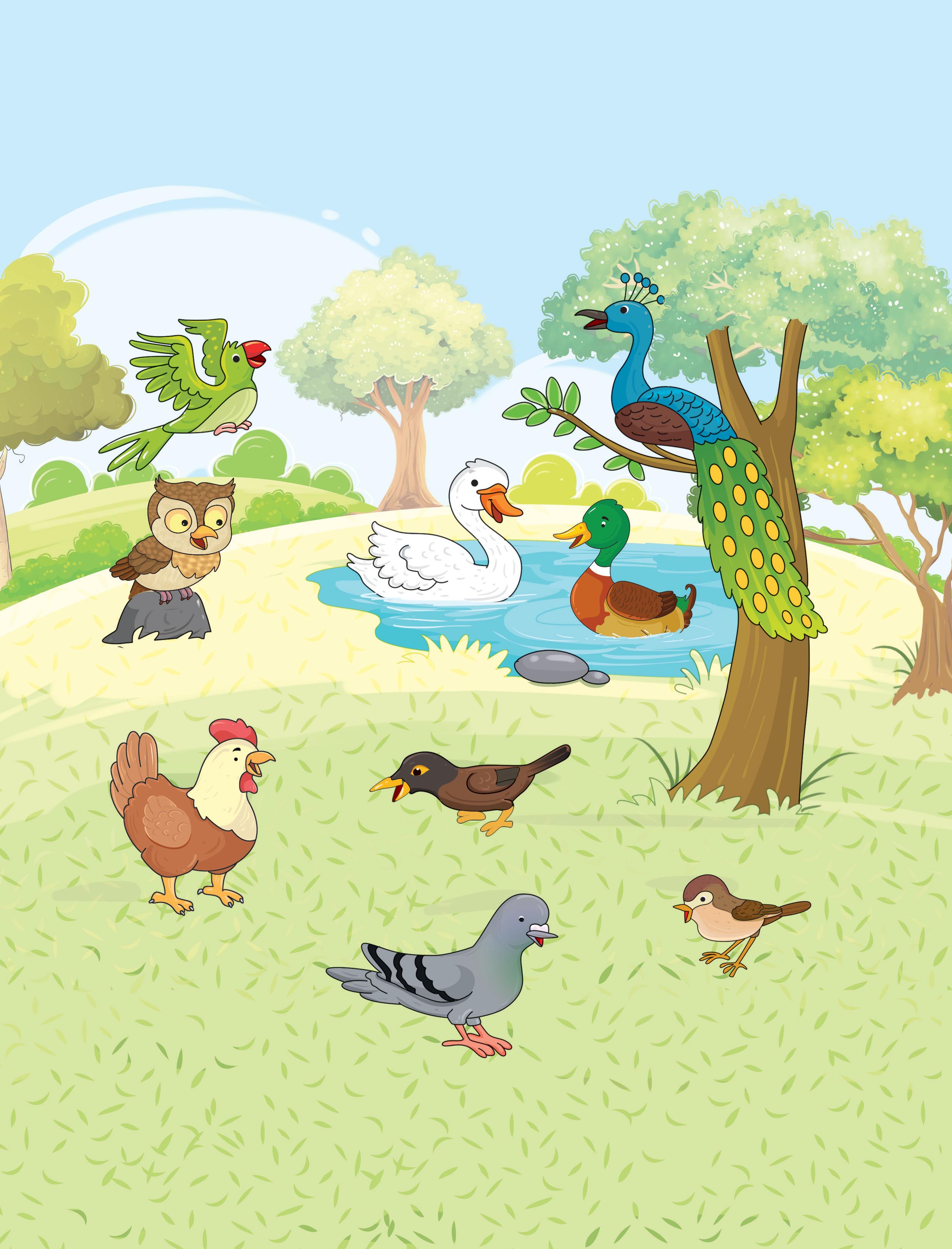



Match the birds to their shadows.
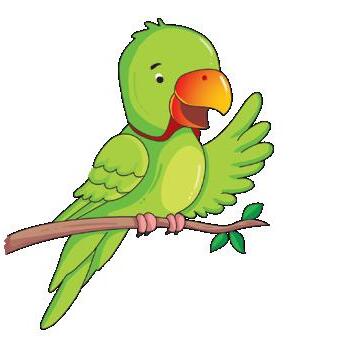
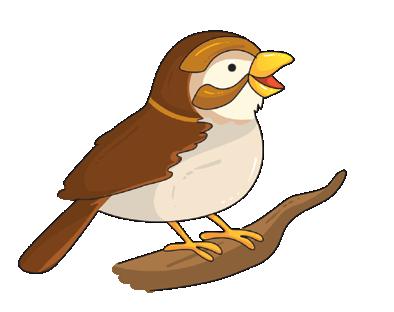
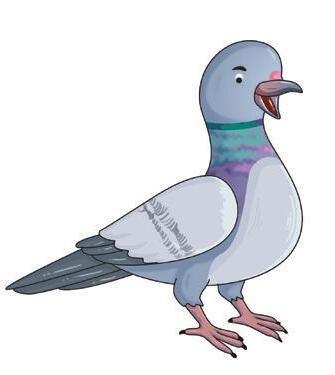

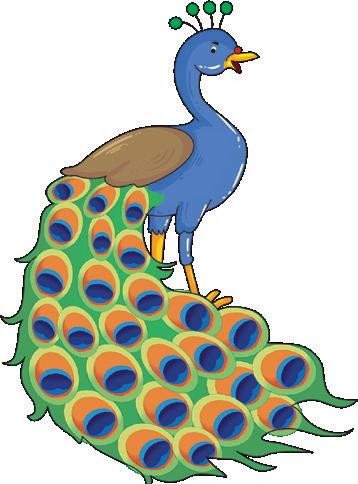
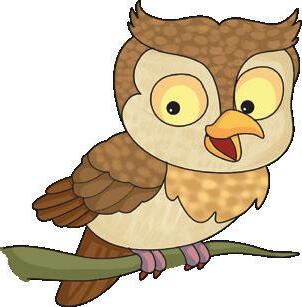


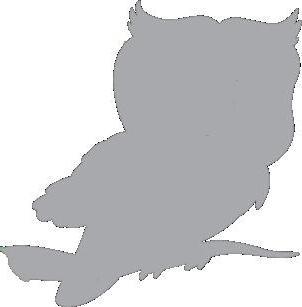


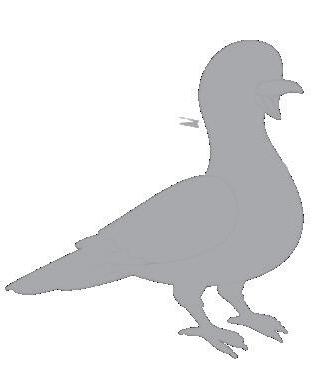
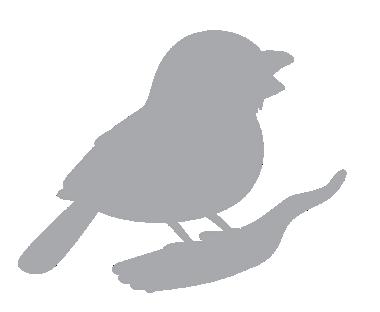



Insects are tiny animals. We often see them around us. Let us look at their pictures and say their names aloud.
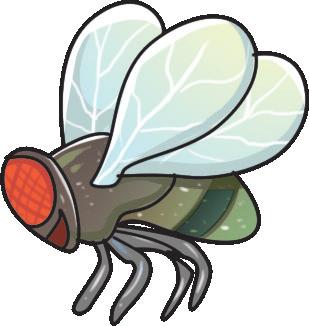
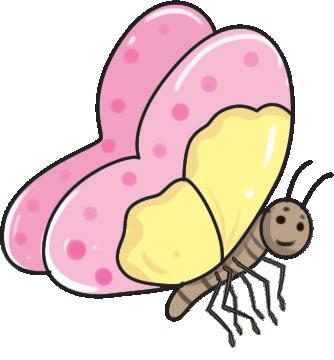

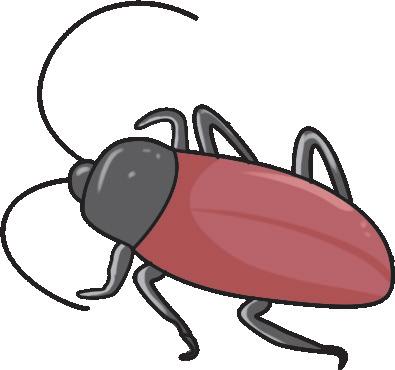

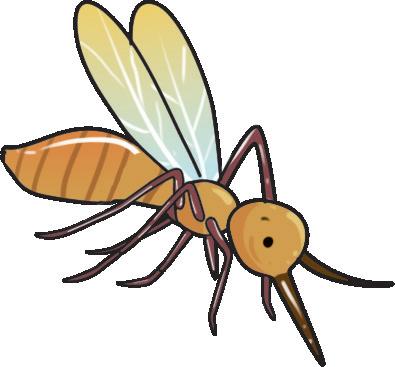
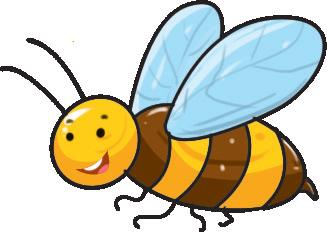

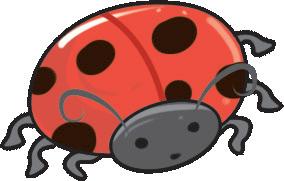

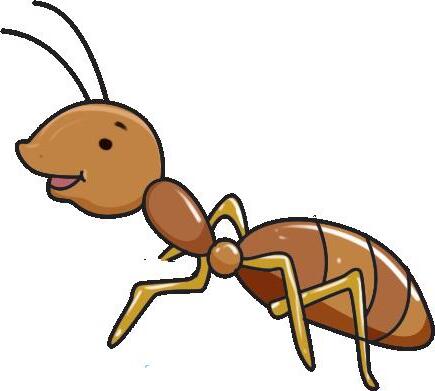

Let's Talk Which insects have you seen?






Take the insects to the flower by drawing lines.
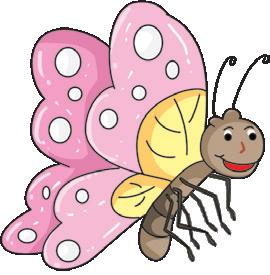




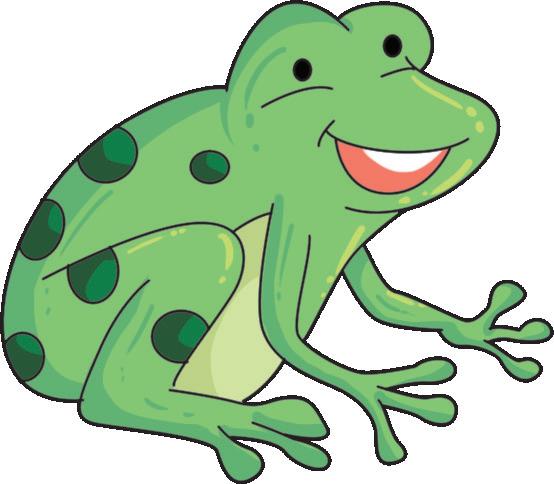
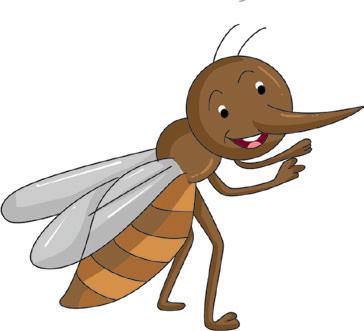

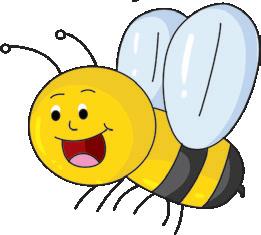
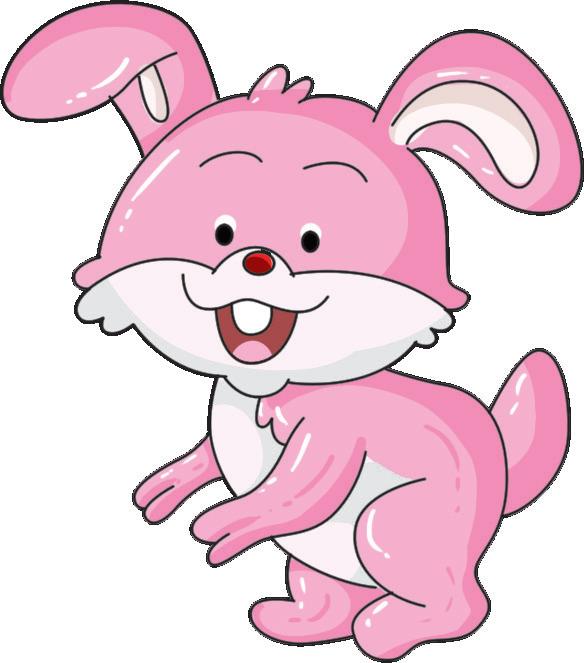
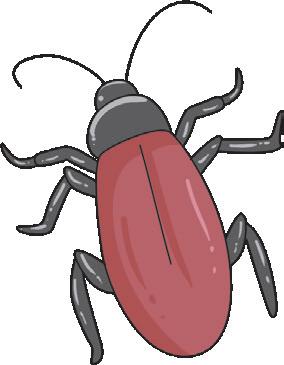




Trace and colour the insects.







We see plants all around us. They give us clean air, food and shade. Let us look at the parts of the plant and say their names aloud.
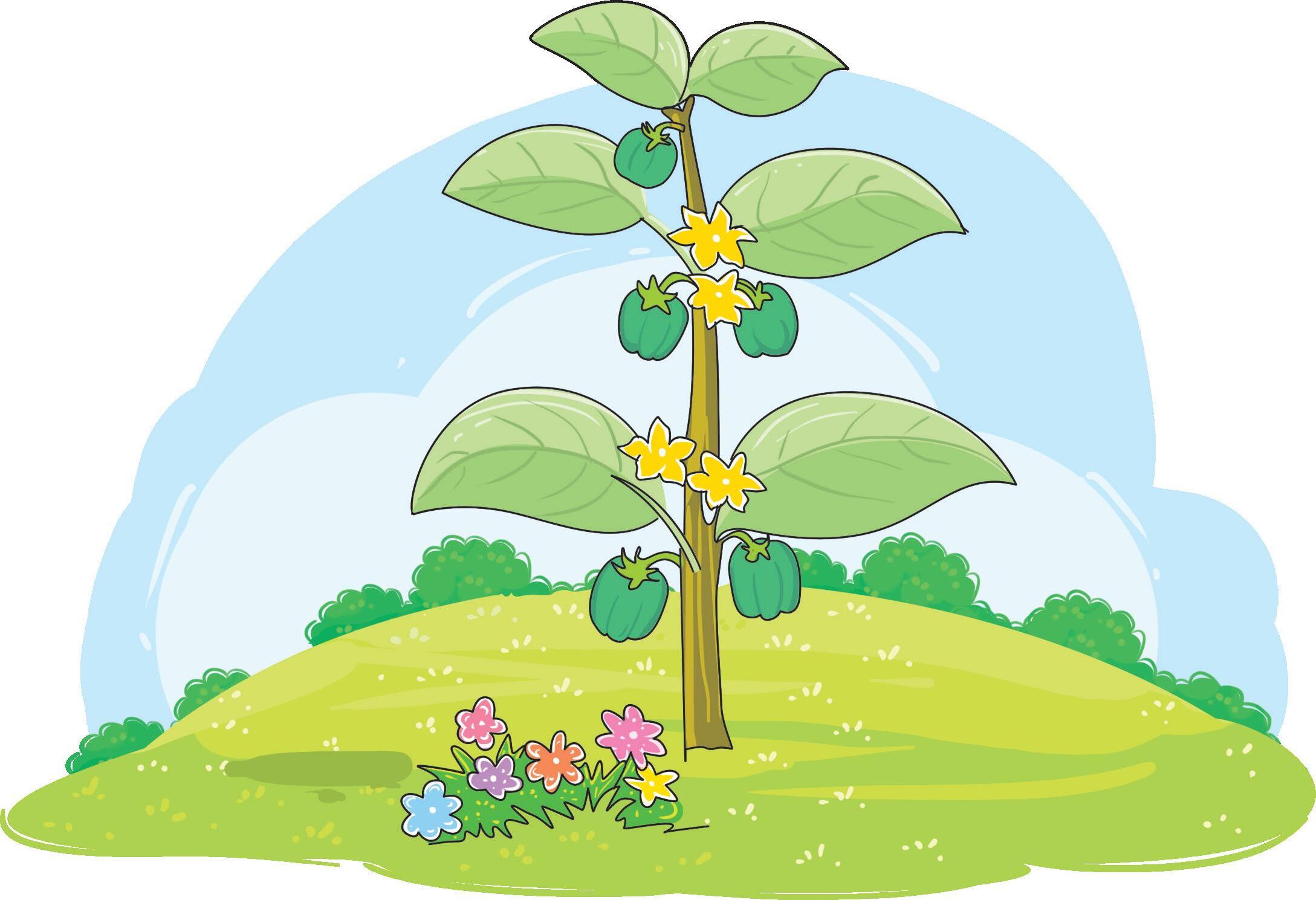
Let's Talk
What can you do to take care of a plant?



Paste pictures of different parts of a plant. (Use the sticker sheet.)

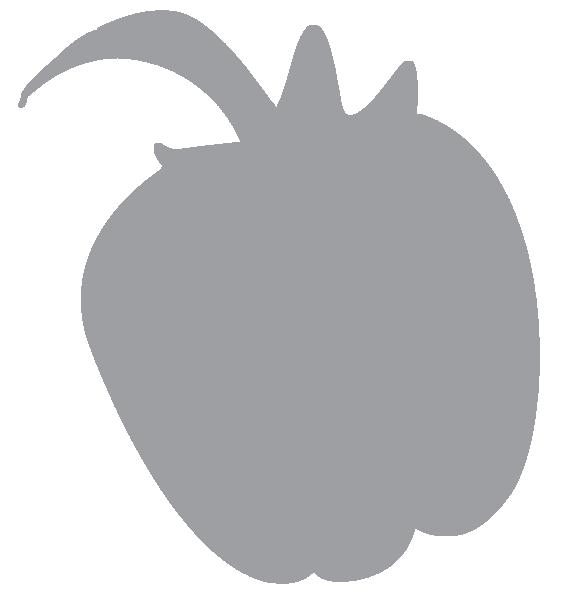







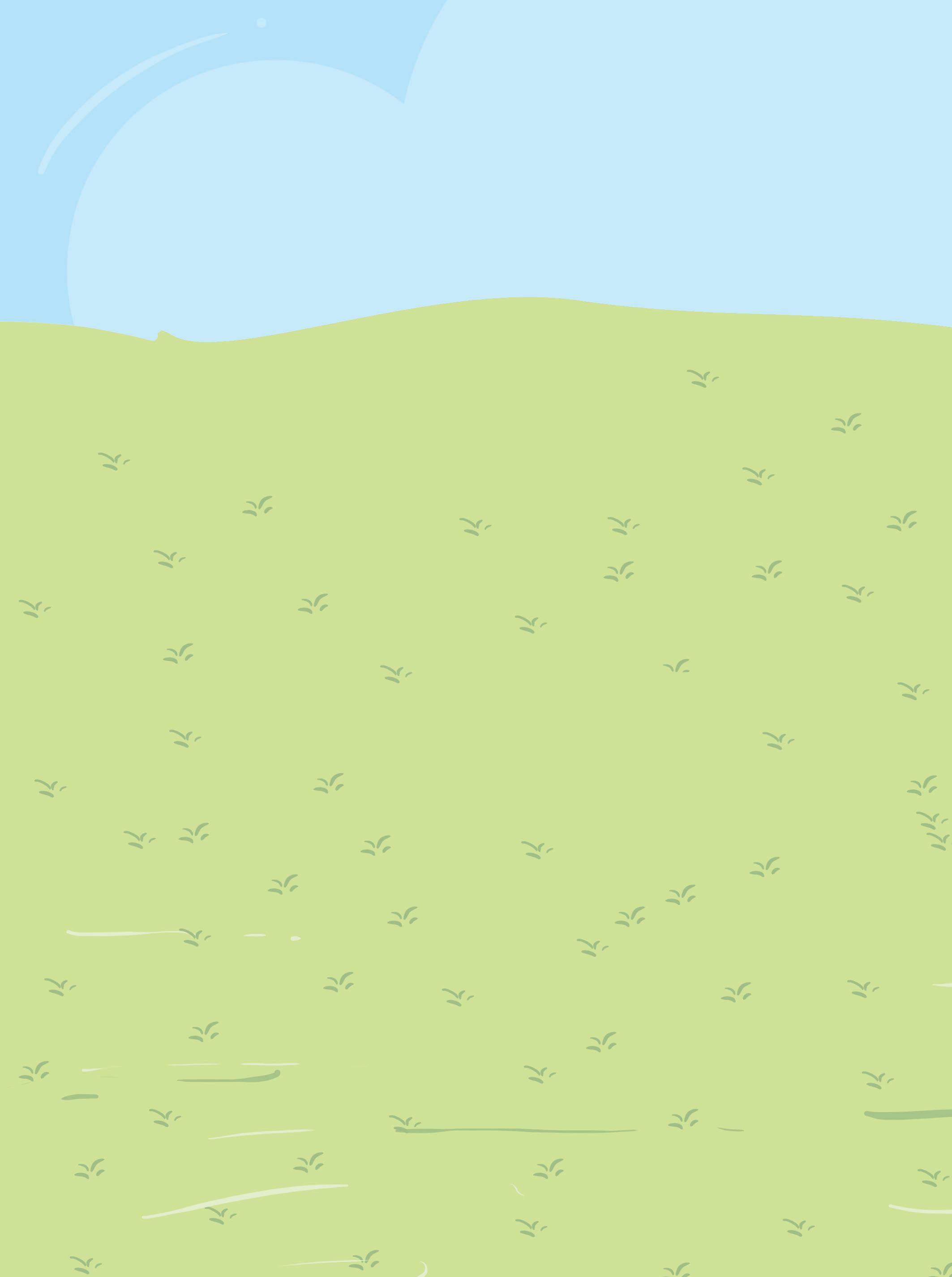

Flowers are the colourful and beautiful parts of a plant. They have a nice smell. Let us look at their pictures and say their names aloud.
Let's Talk Which flowers have you seen?








Tell the children that the lotus is the national flower of India.





Fruits are healthy and tasty. Let us look at their pictures and say their names aloud.
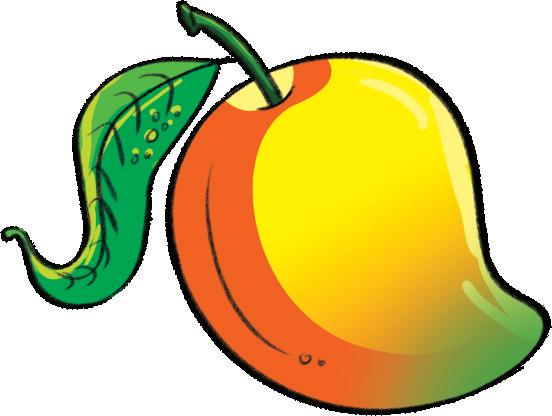
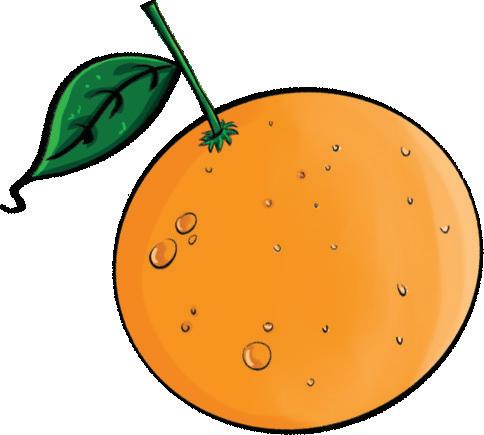

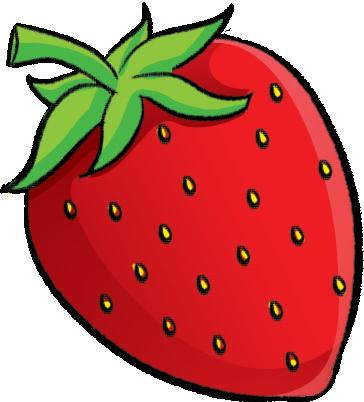
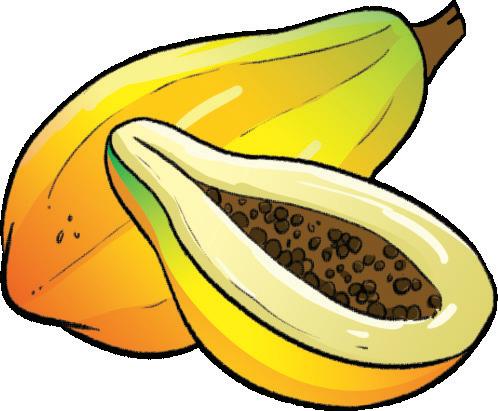

Encourage children to eat at least one fruit every day to be healthy.
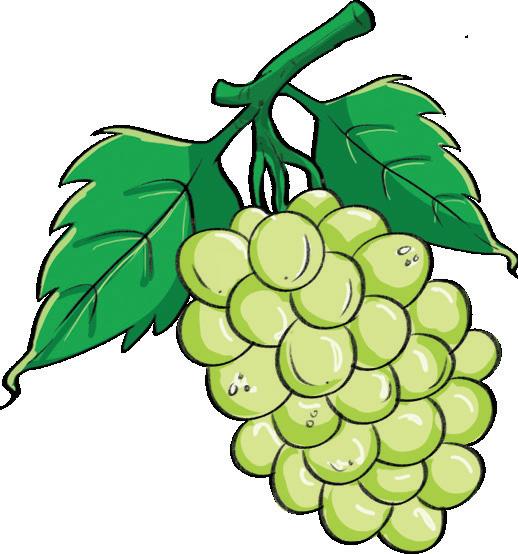

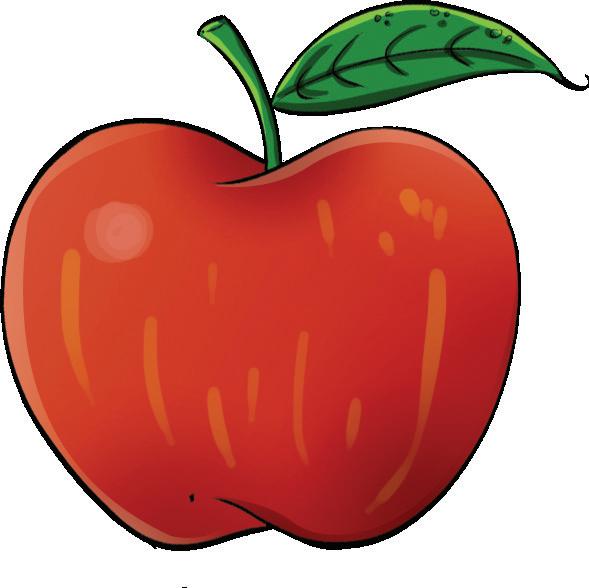




Circle the big fruit in each set.
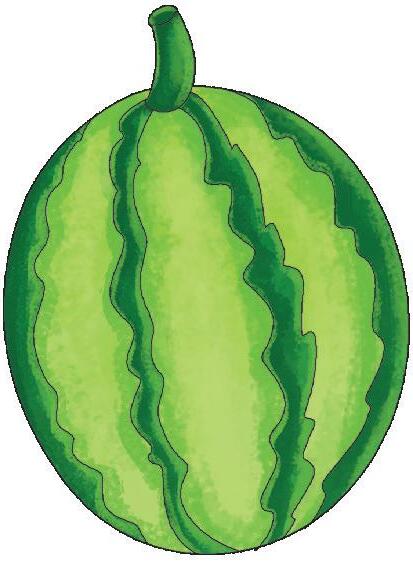

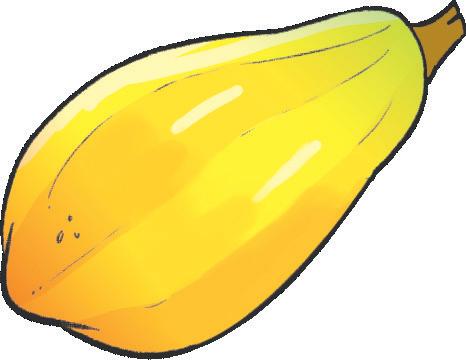
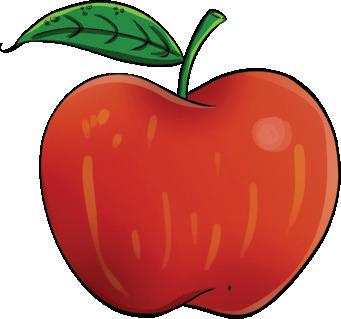







Vegetables are healthy foods that help us grow strong and stay healthy. Let us look at their pictures and say their names aloud.

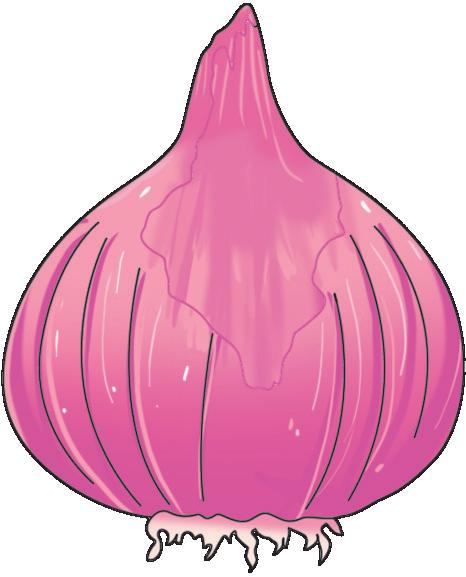
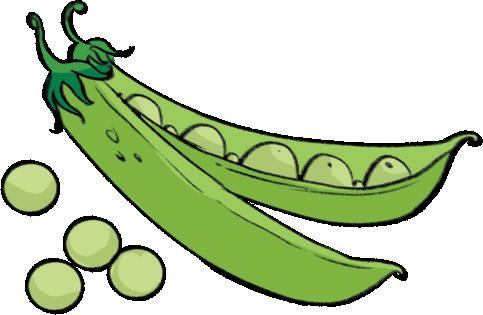
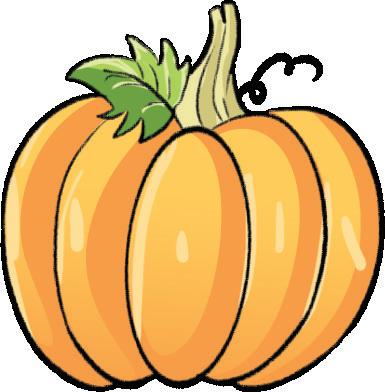
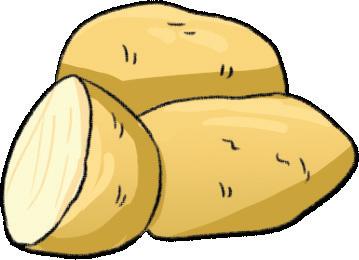



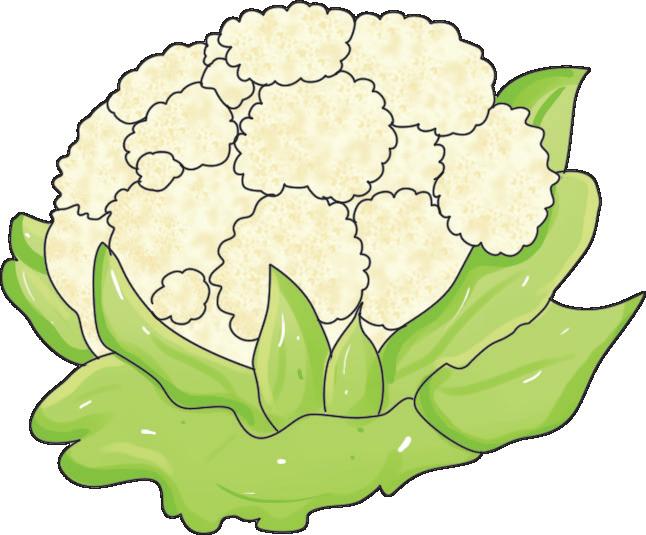


Encourage children to eat green vegetables to be fit and strong.




Circle the vegetables.














Healthy food helps us grow strong. Let us learn more about it.
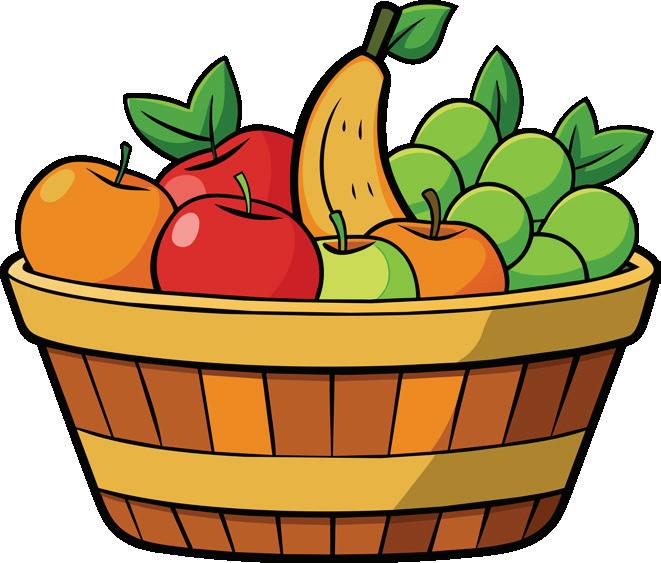
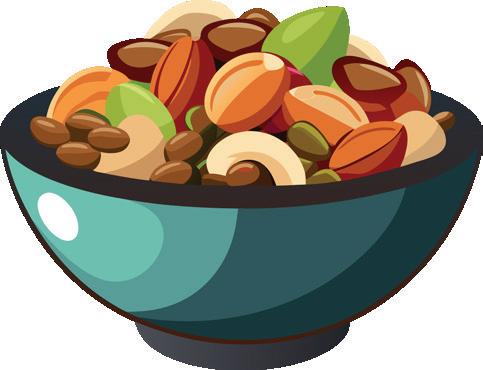


Encaurage children to bring healthy food in their lunch boxes. fruits vegetables

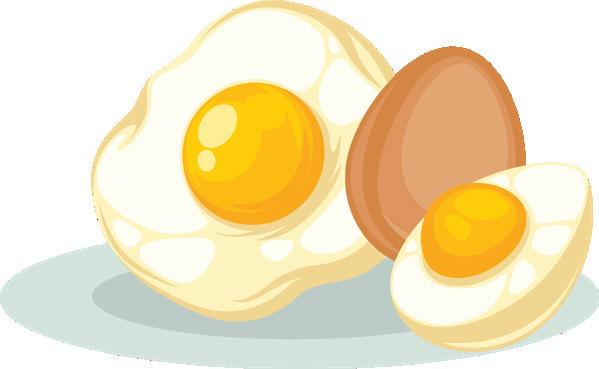



Circle the things that are healthy to eat.
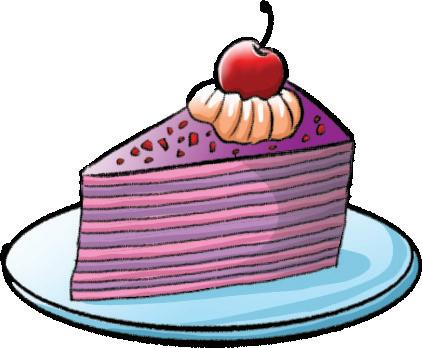
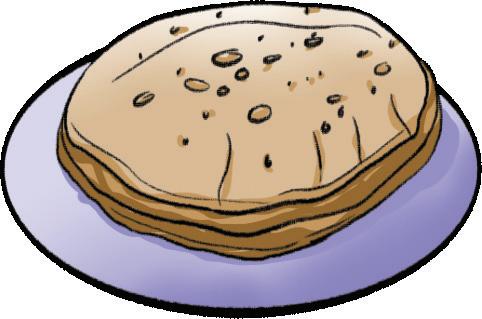
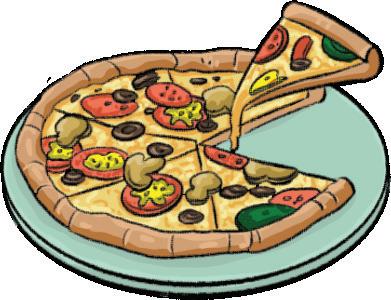

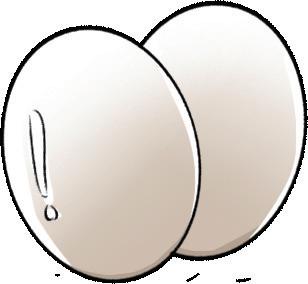


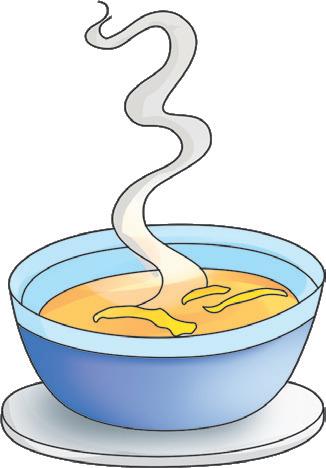
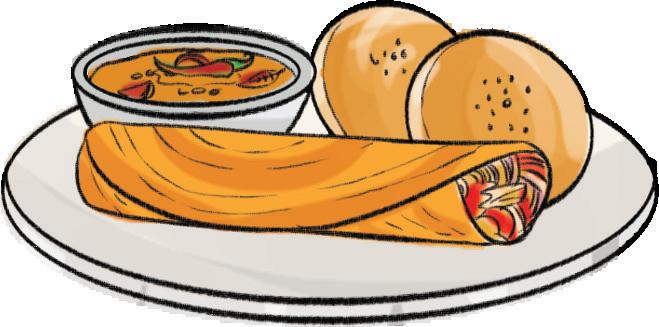
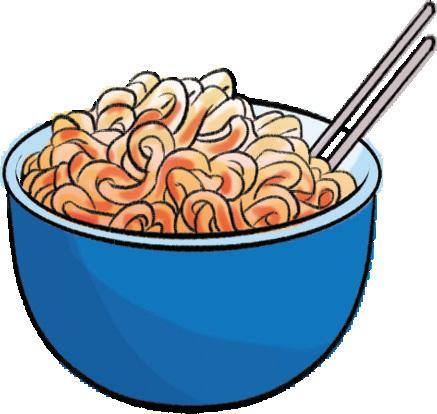
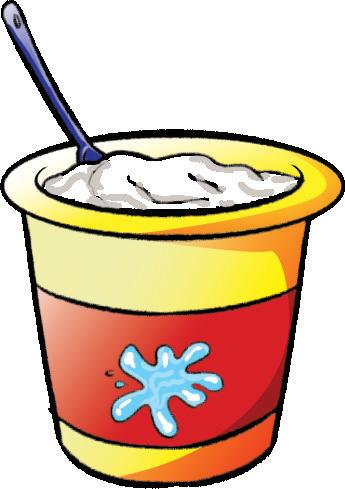


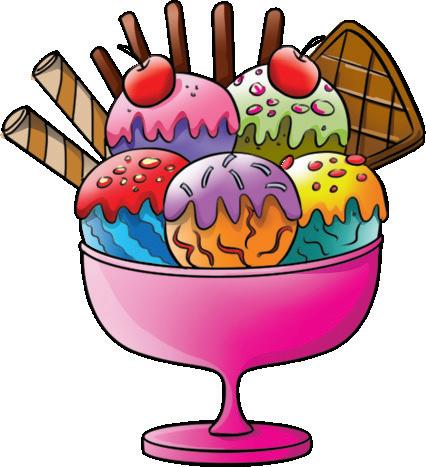
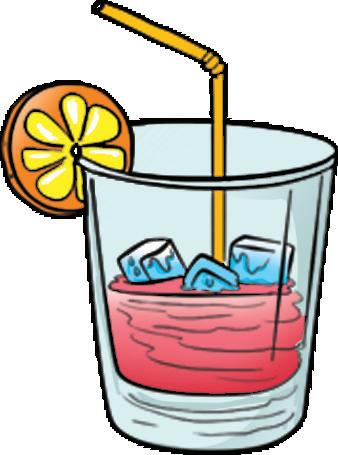




Let us listen to a story about good habits.
It is late at night. Rohan is playing a video game.
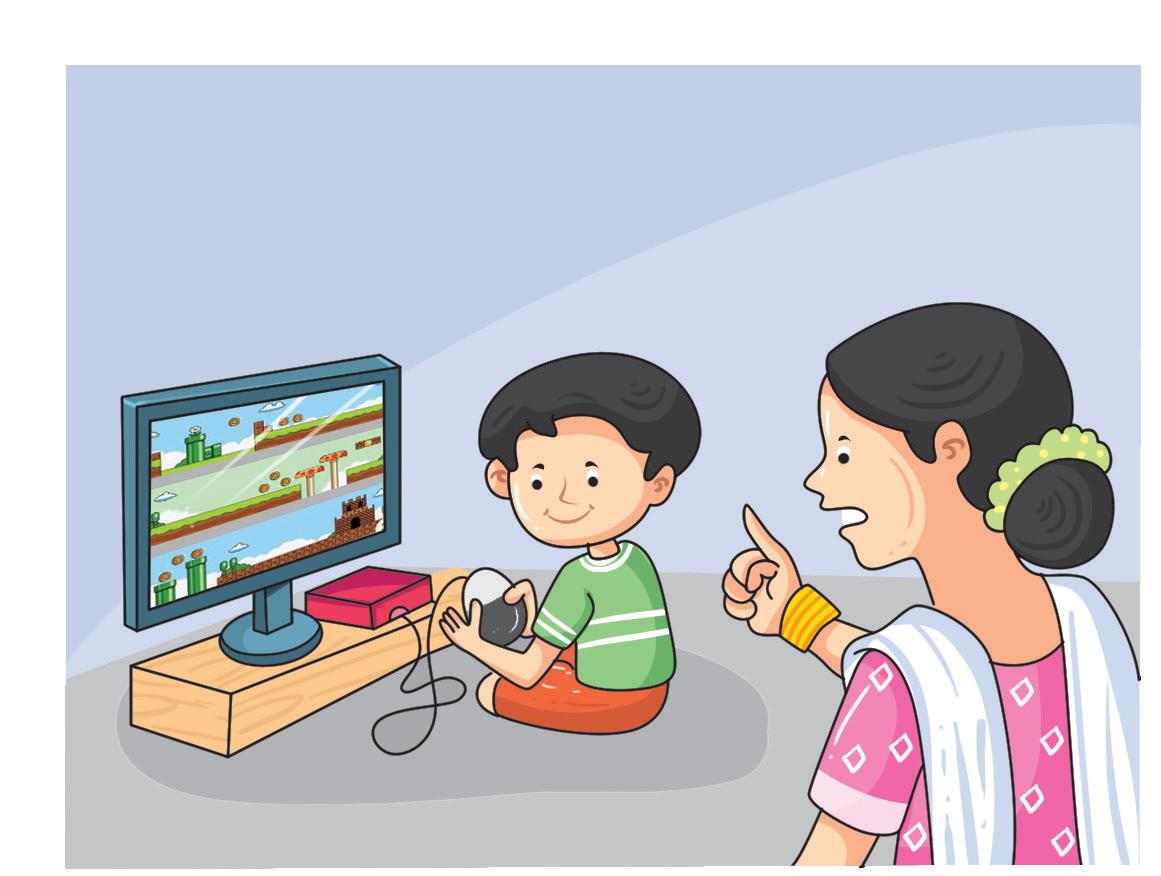
Rohan! Go to sleep.
Rohan keeps yawning in school. He is sleepy.
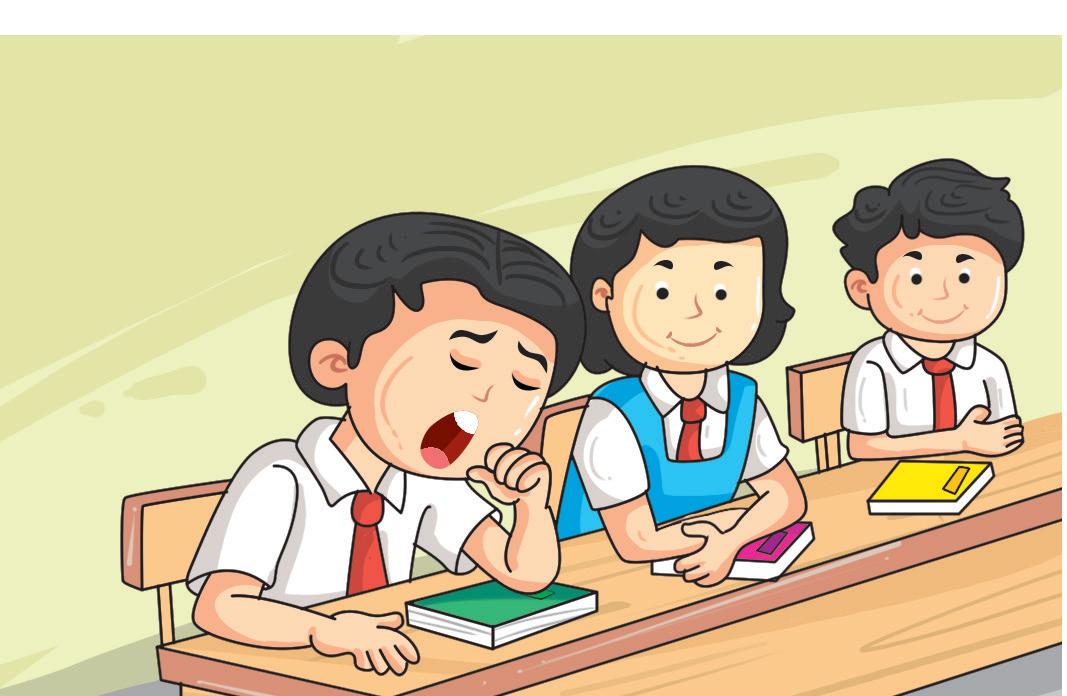
The next day, Rohan does not want to wake up.


Rohan falls asleep in the class.
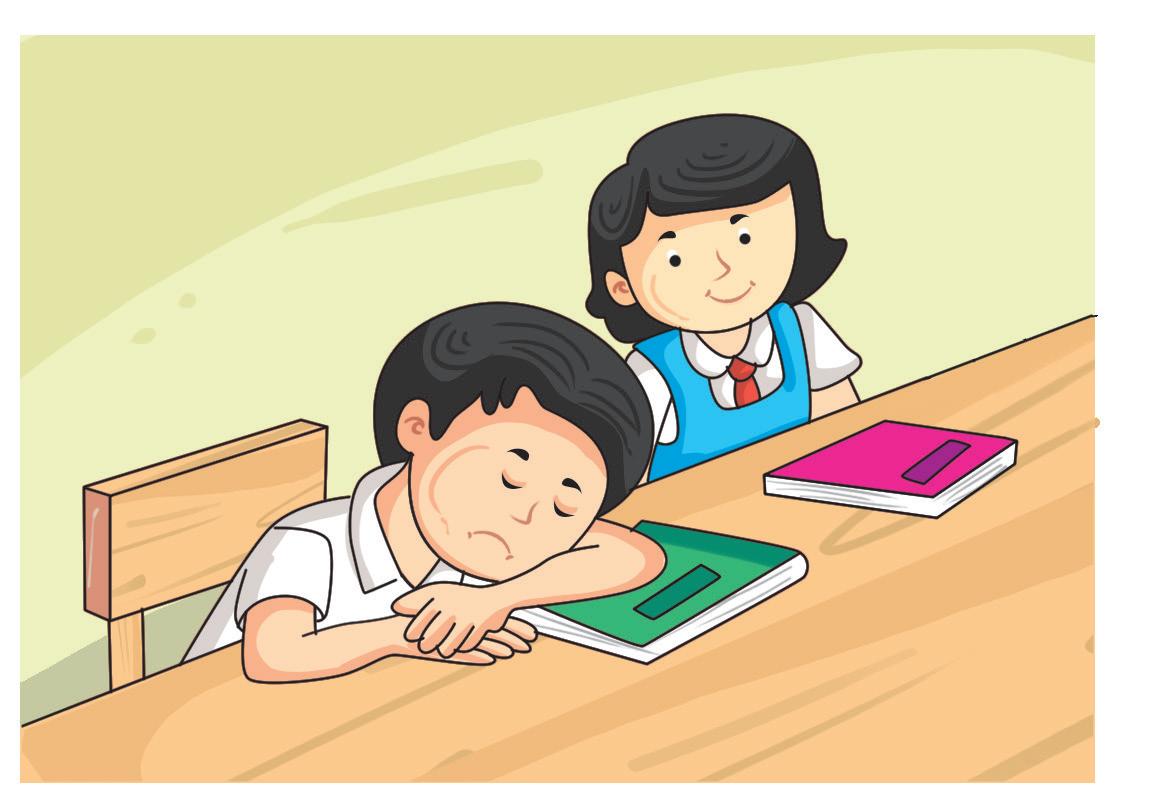
The teacher goes to Rohan and wakes him up.
Sorry sir! I will sleep early from today.

It is a good habit to sleep early at night. Our body gets rest when we sleep well.


Sleeping early, eating healthy food and being clean are good habits. Let us learn more about them.

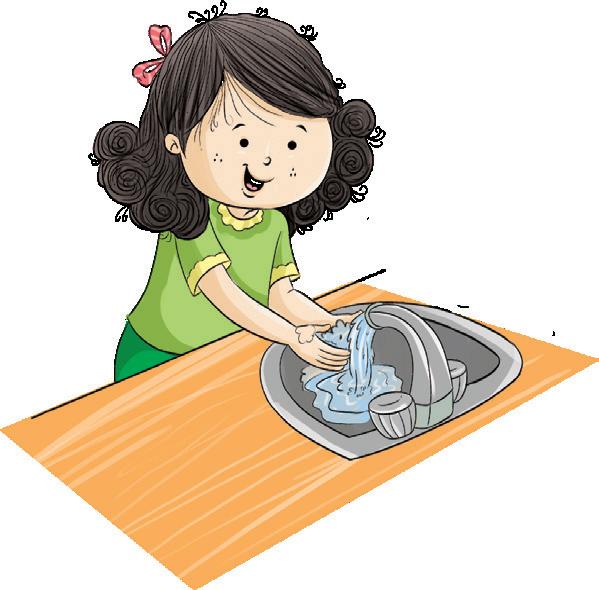
Wash your hands before and after eating. Wash fruits before eating them.


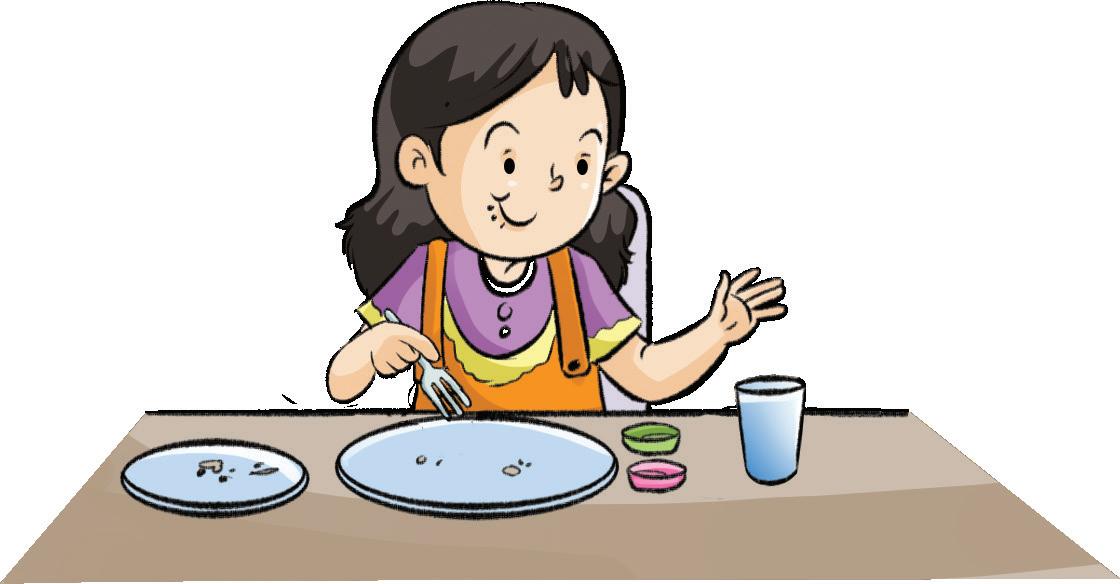
Finish your food.
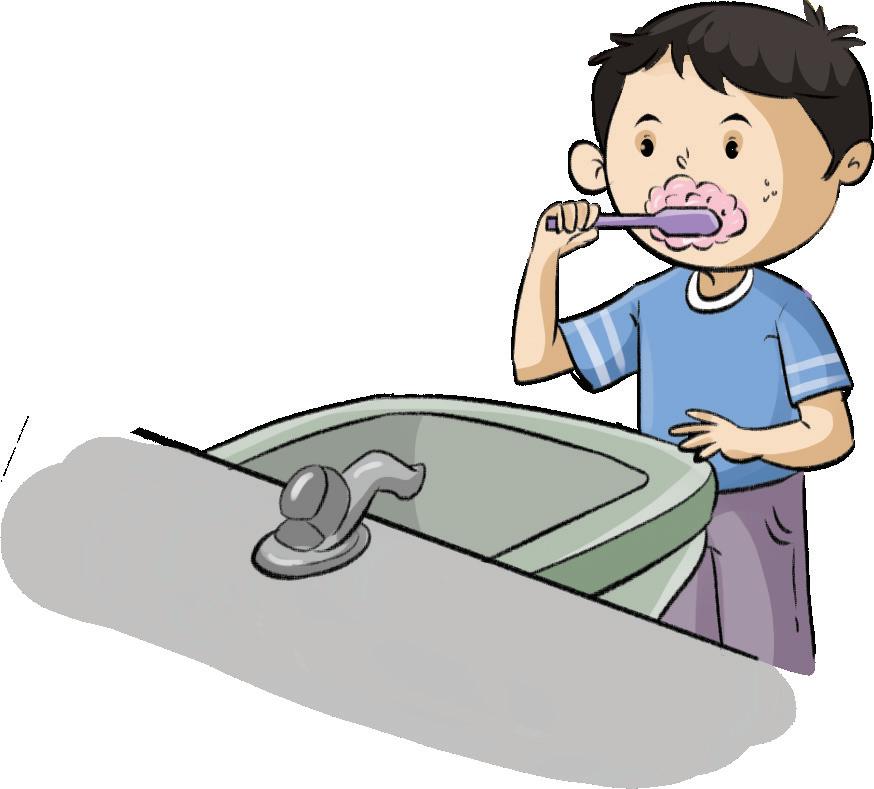
Brush your teeth twice a day.
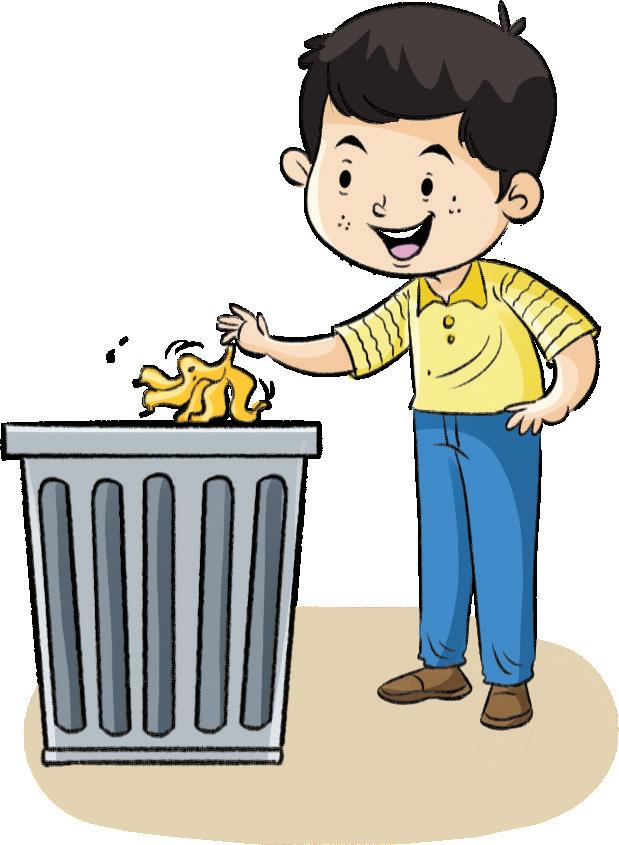
Throw waste in the bin.
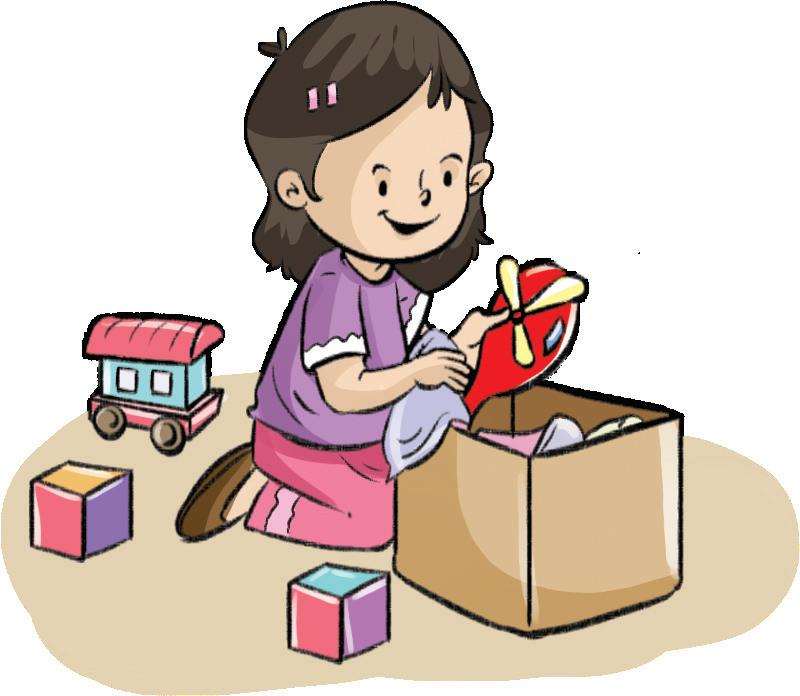
Keep your things in place.
















I am green. You see me in many things.




Colour the tree using green colour.


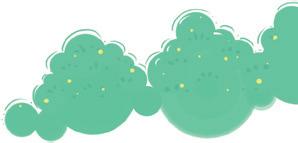









We use water for many things. Let us learn about the uses of water.

drinking


bathing

washing utensils
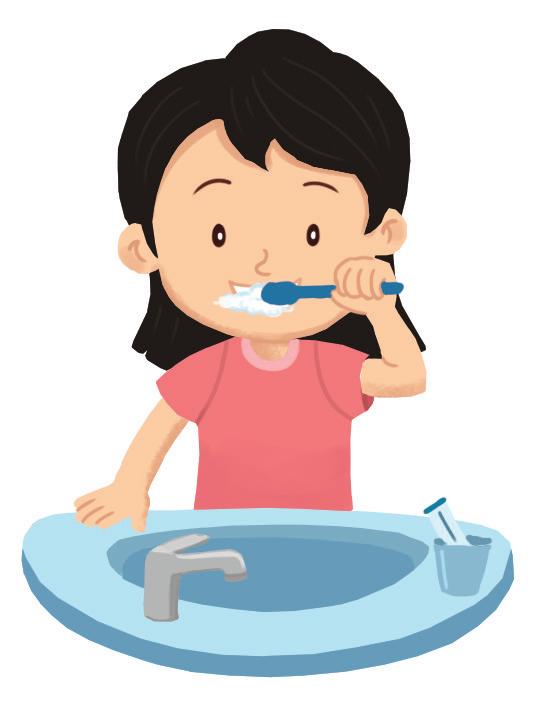
brushing teeth

cooking
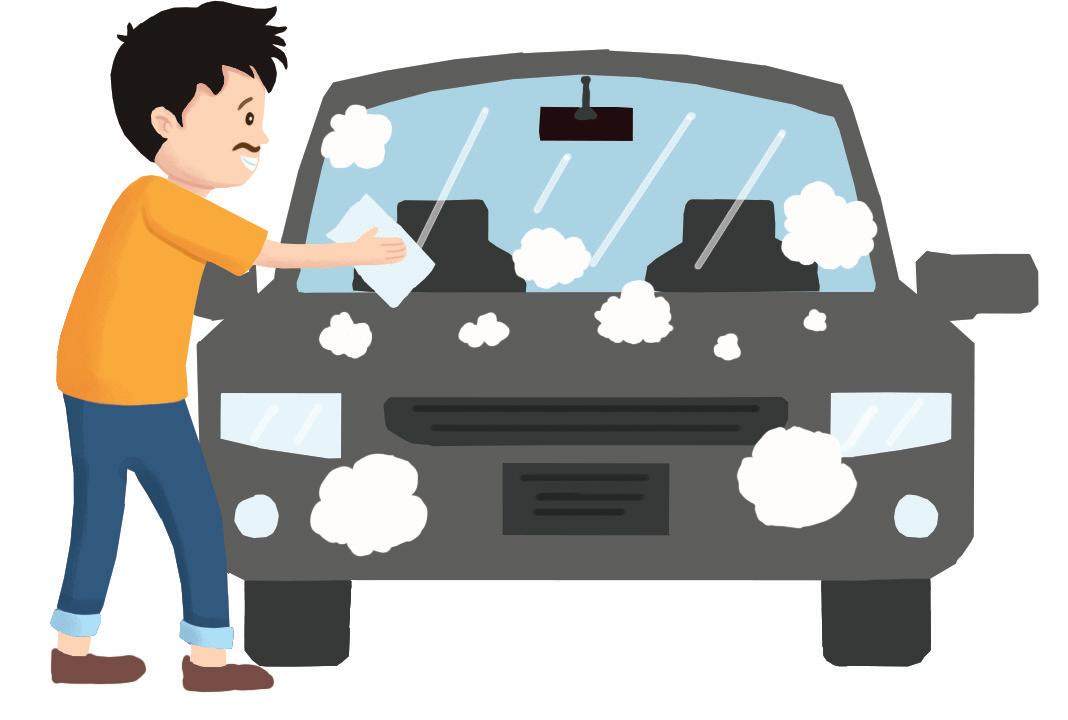
cleaning cars

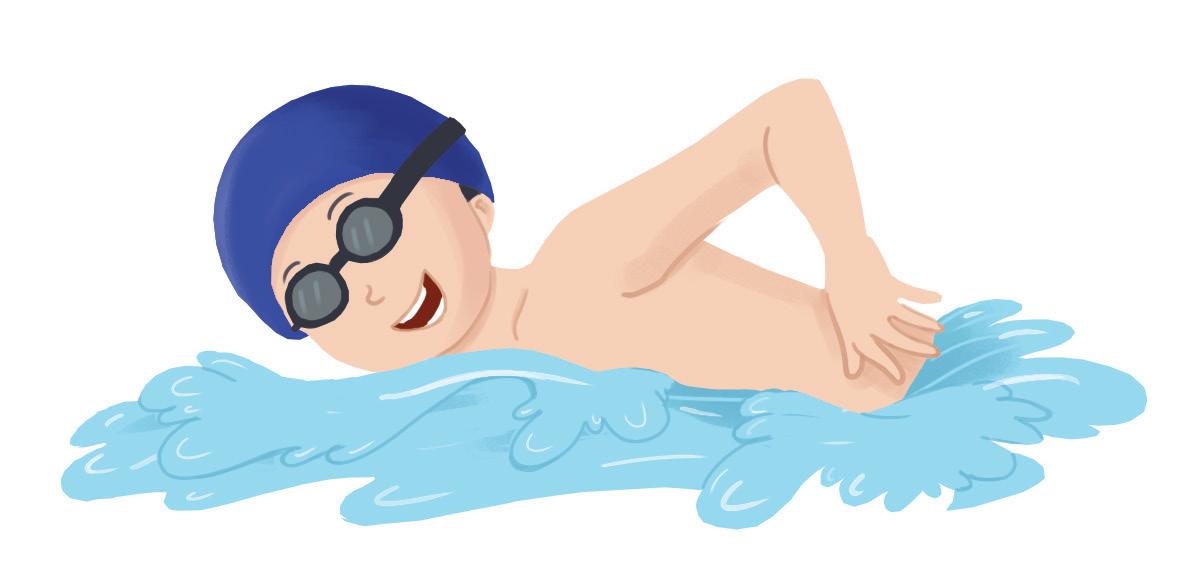
Tell children water is very precious. Ask them to use it carefully.
swimming




Tick (✓) the pictures that show how we can save water.
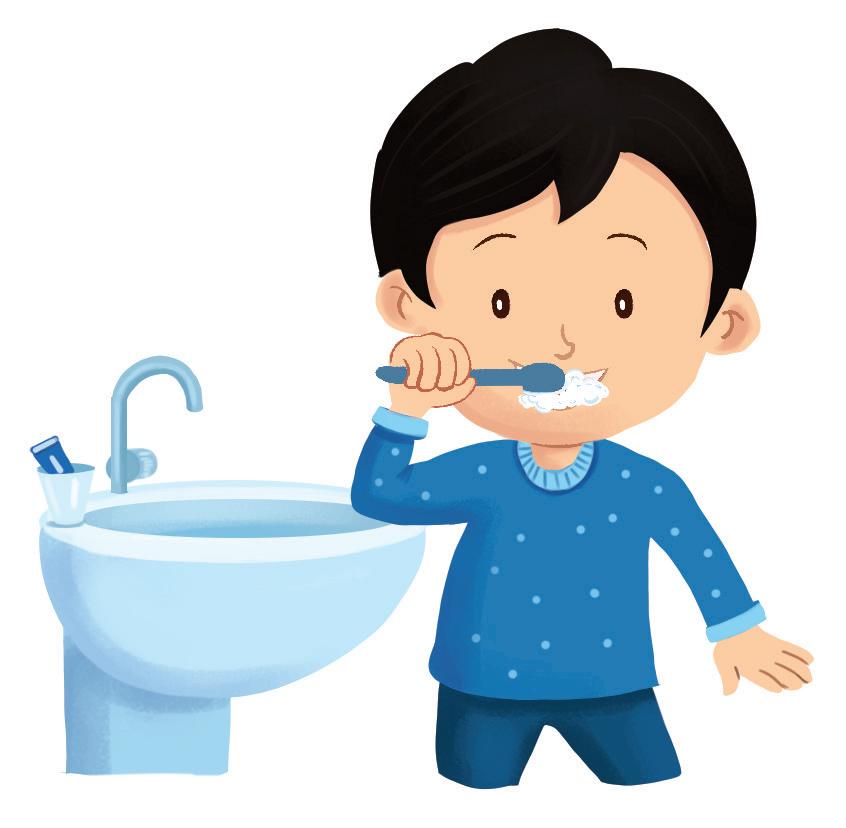


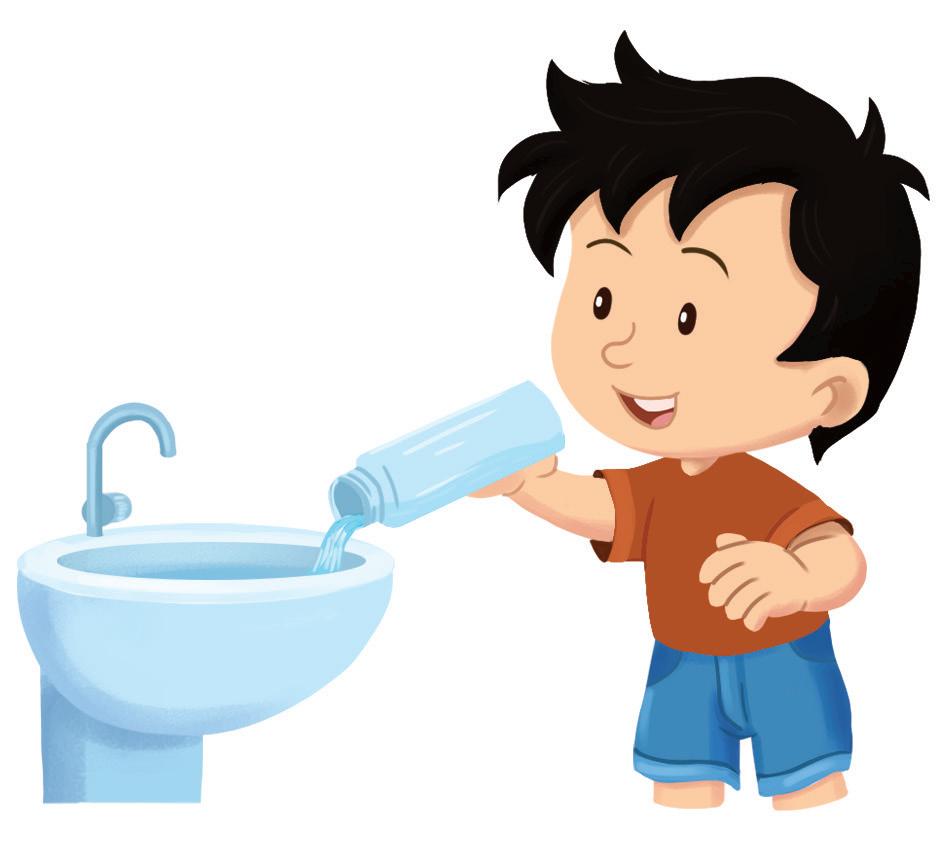
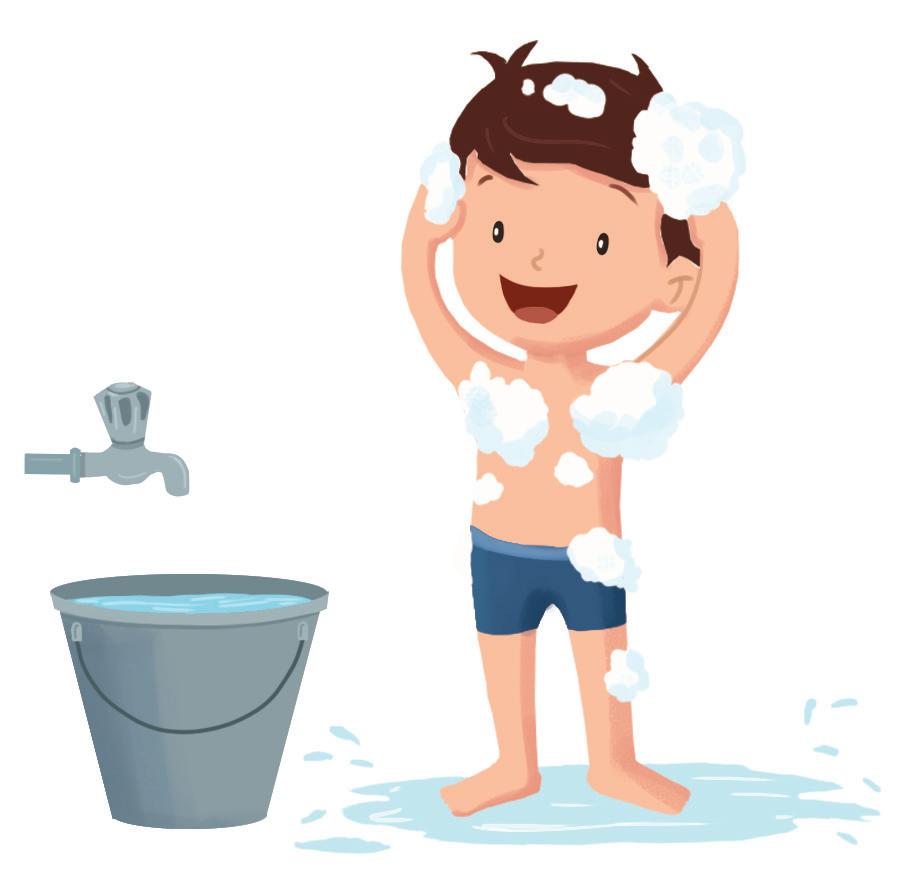
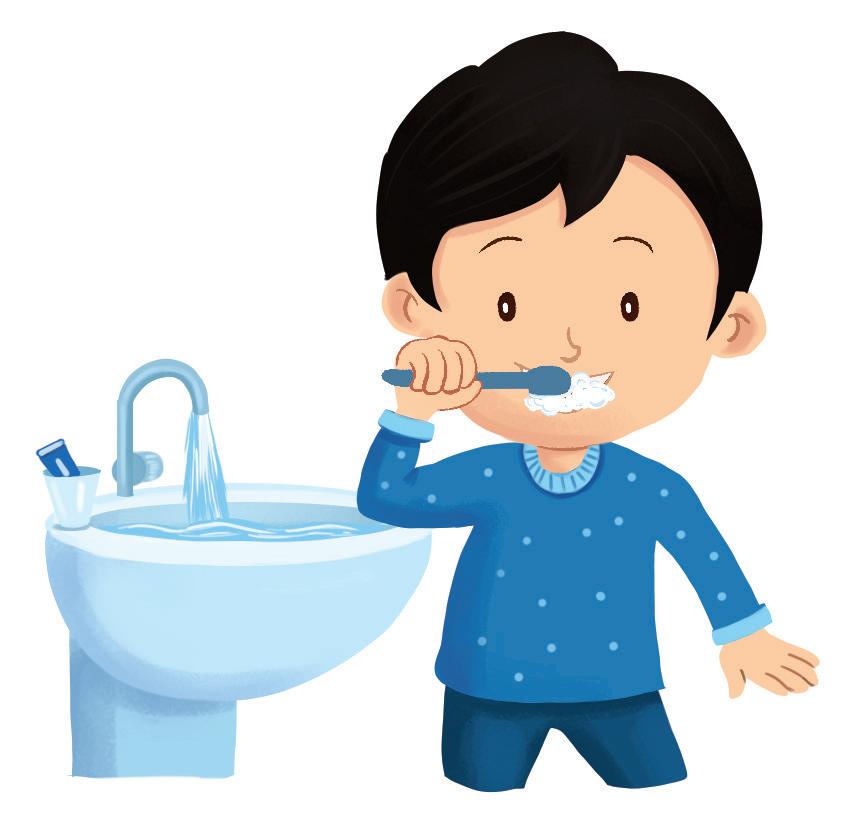
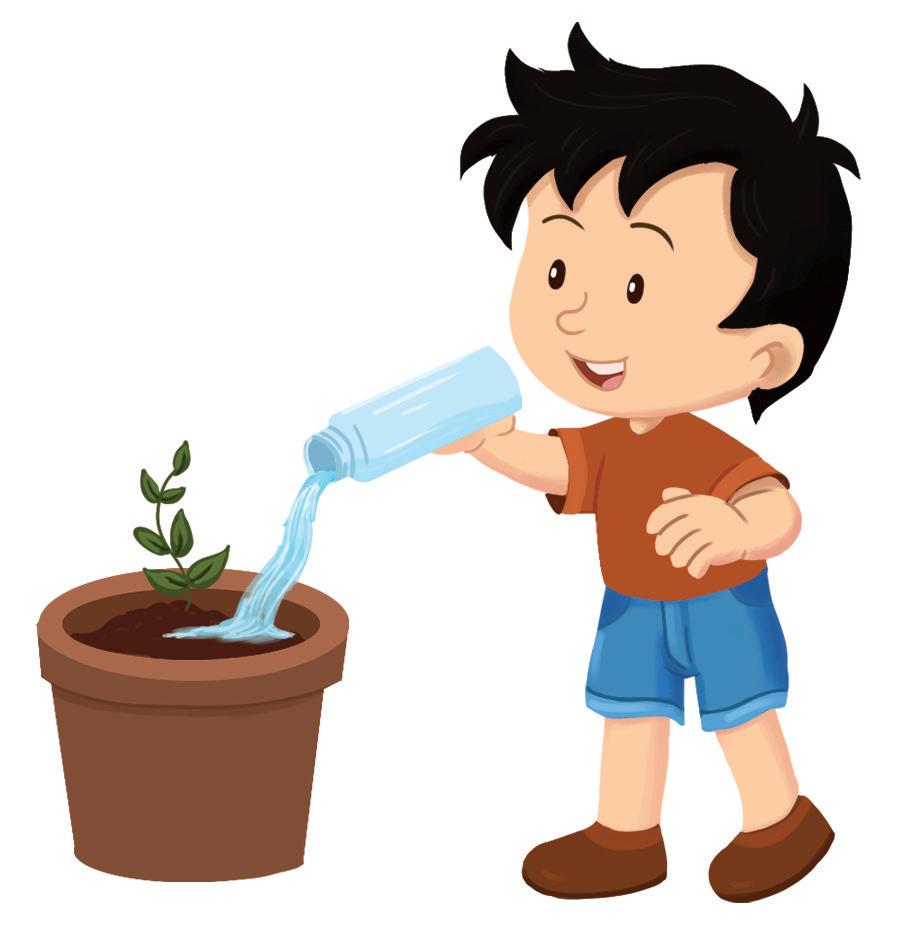
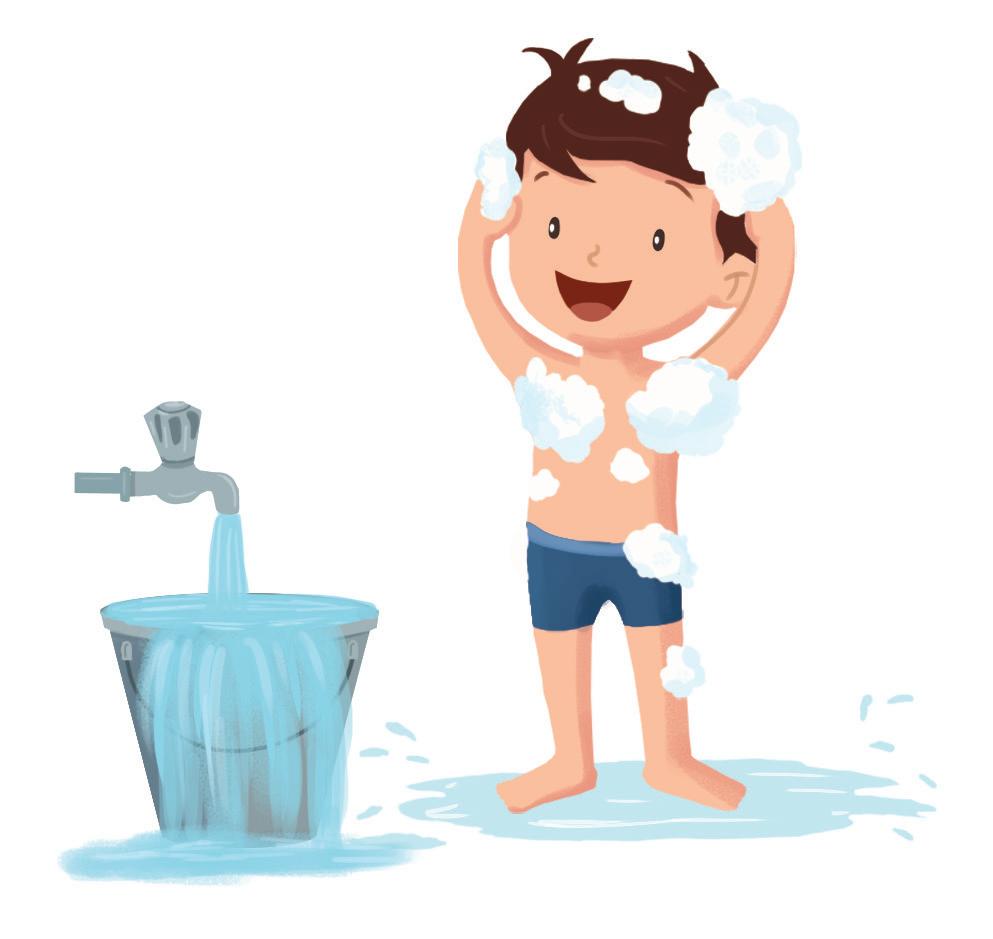



Some things are hot. Some things are cold. Let us learn about them.
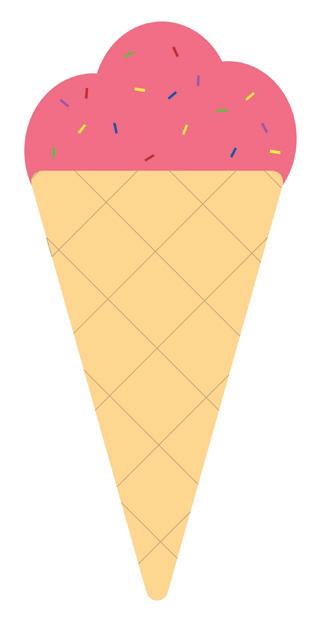

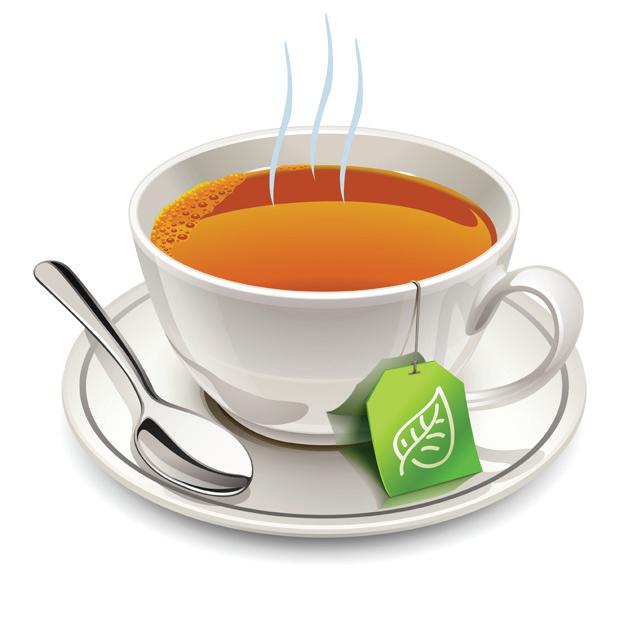



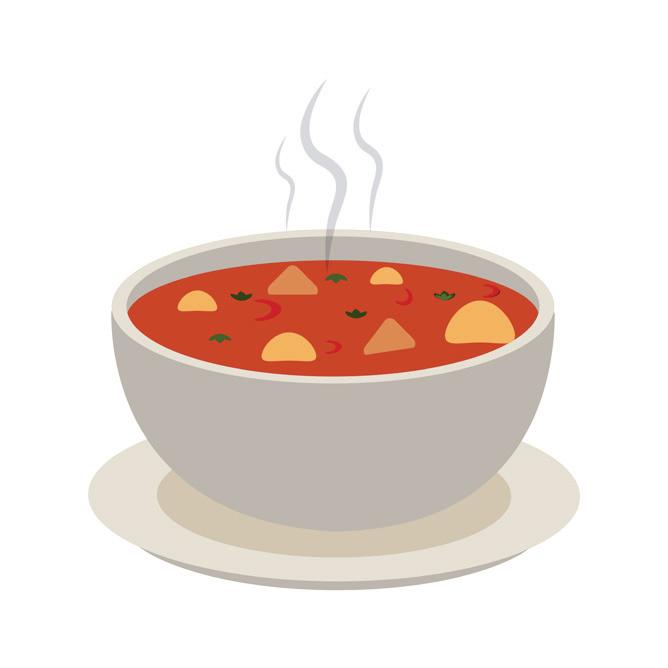





Tick (✓) the things that are hot. Cross out (✘) the things that are cold.
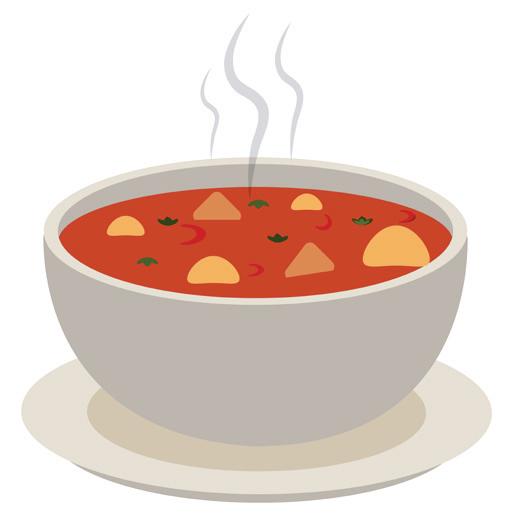




















































We see different kinds of weather on different days. It can be sunny, rainy, windy or snowy.


Let's Talk How is the weather today?





Look at the picture. Discuss what we do on a hot day.
Talk about the clothes we wear, the food we eat and the activities we do on a hot day.


Tick

(✓) the activities that you like to do on a hot day.


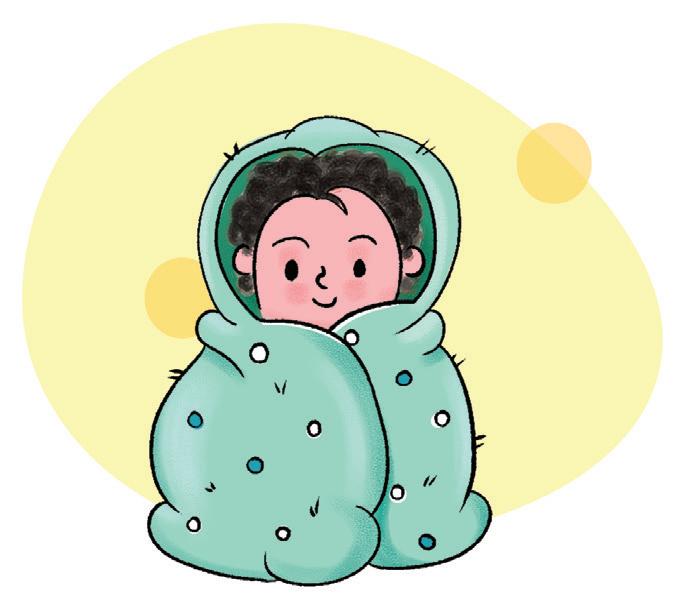
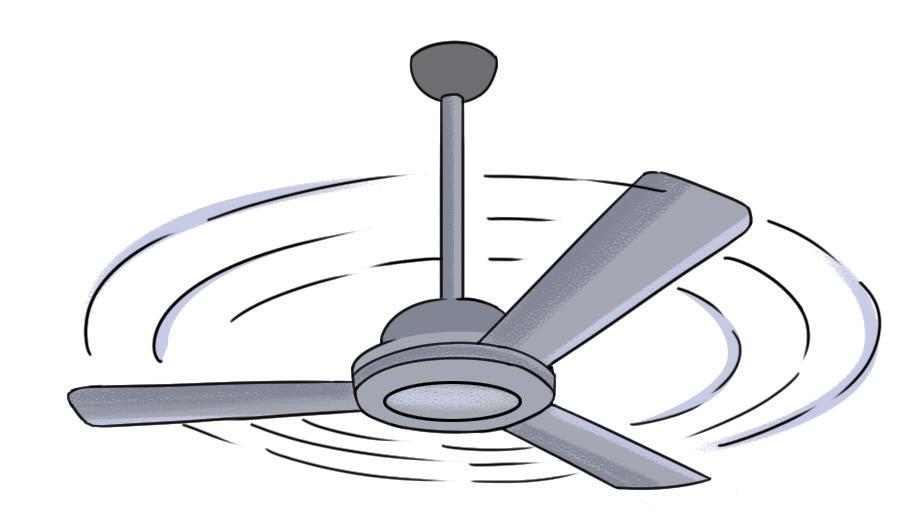

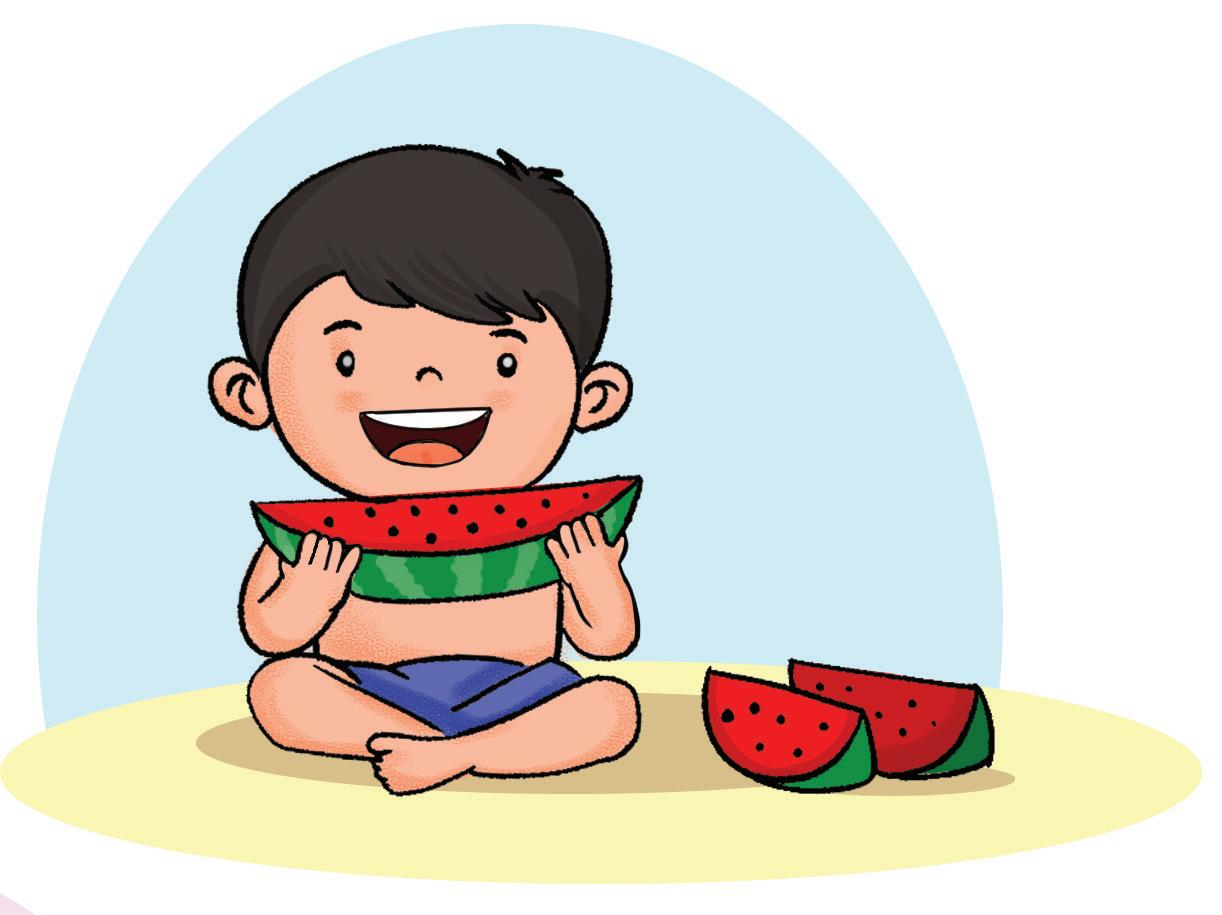



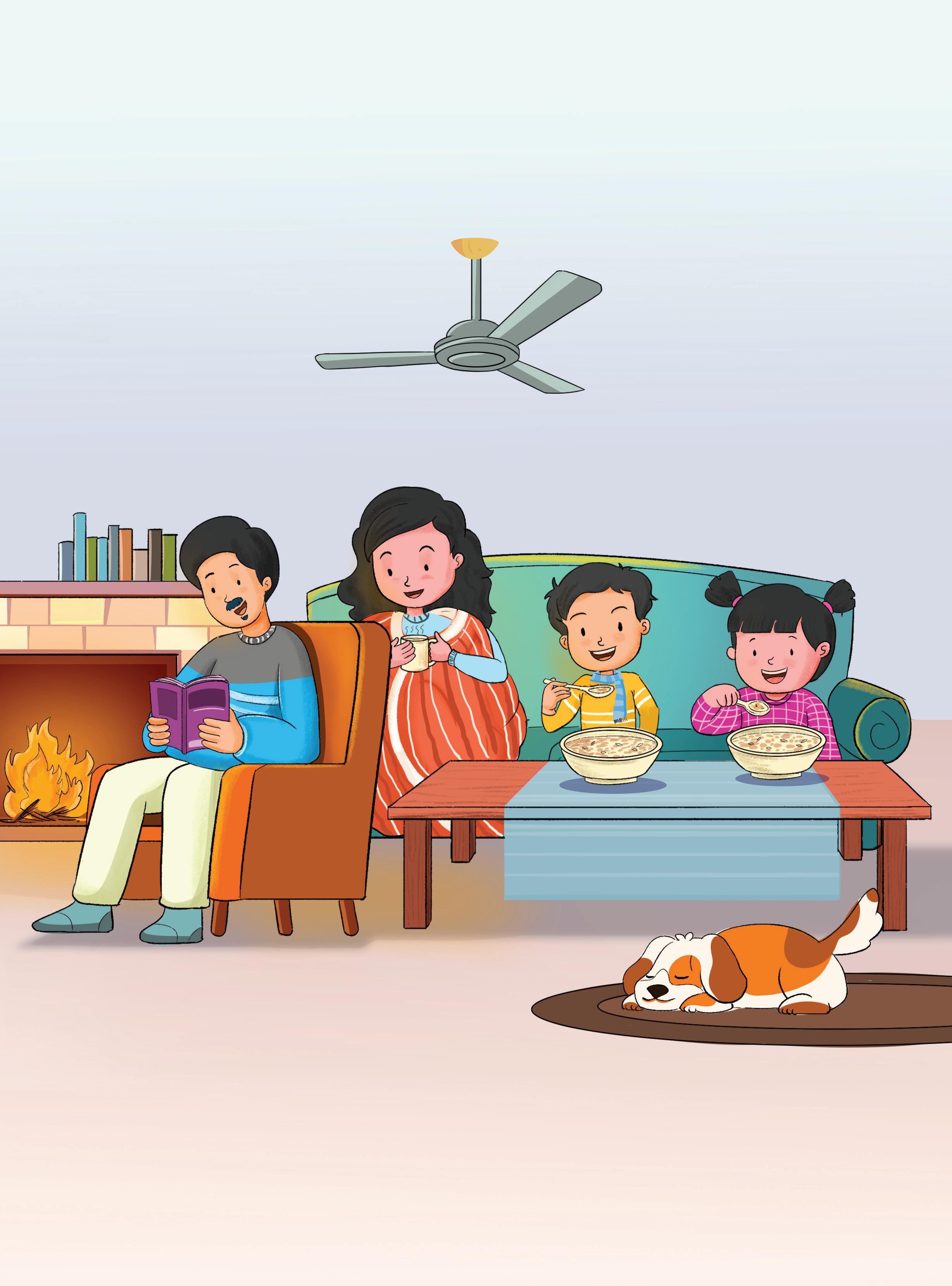

Look at the picture. Discuss what we do on a cold day.
Talk to the children about the clothes we wear, things we eat and activities we do on a cold day.



Circle the clothes that we wear on a cold day.
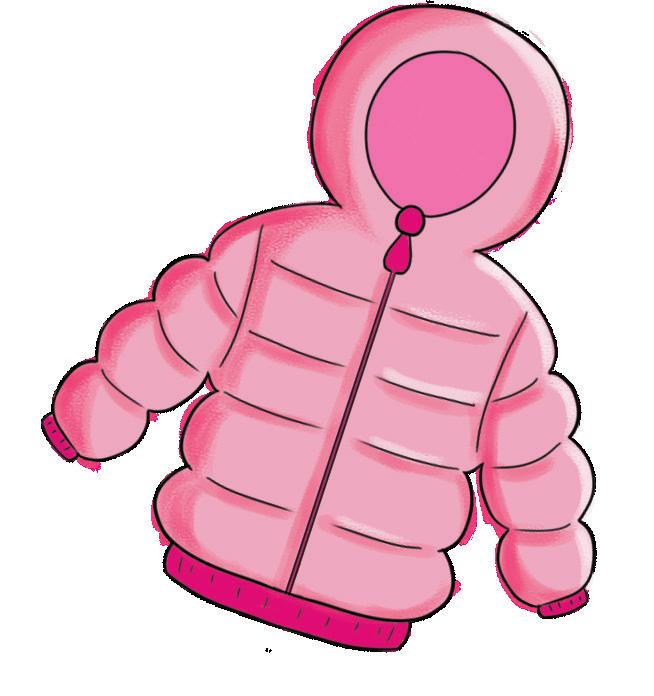

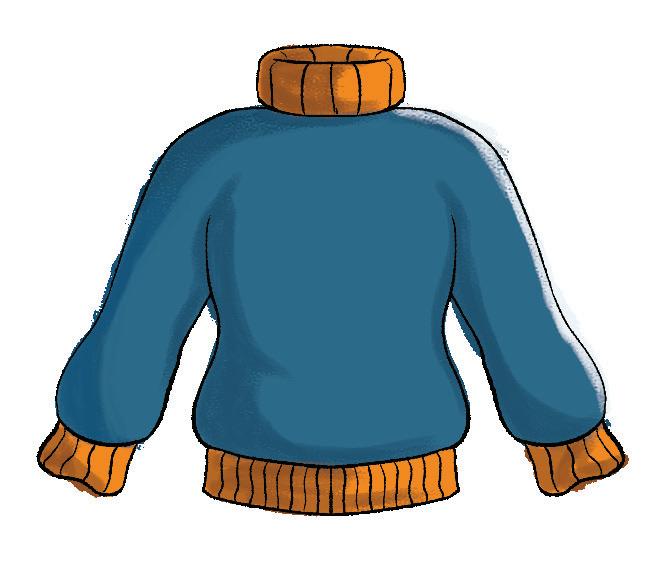

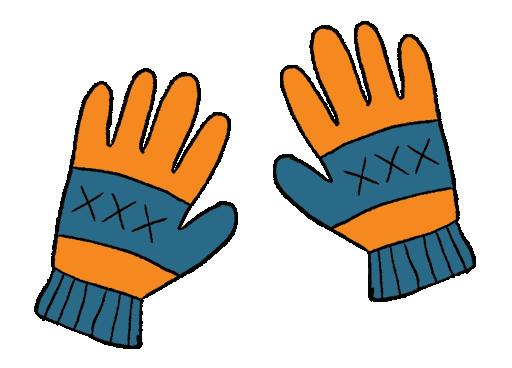

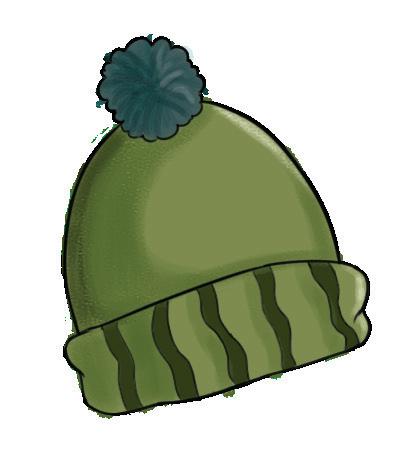






Look at the picture. Discuss what we do on a rainy day.

What do you like to do on a rainy day?



It is raining. Colour to complete the picture.

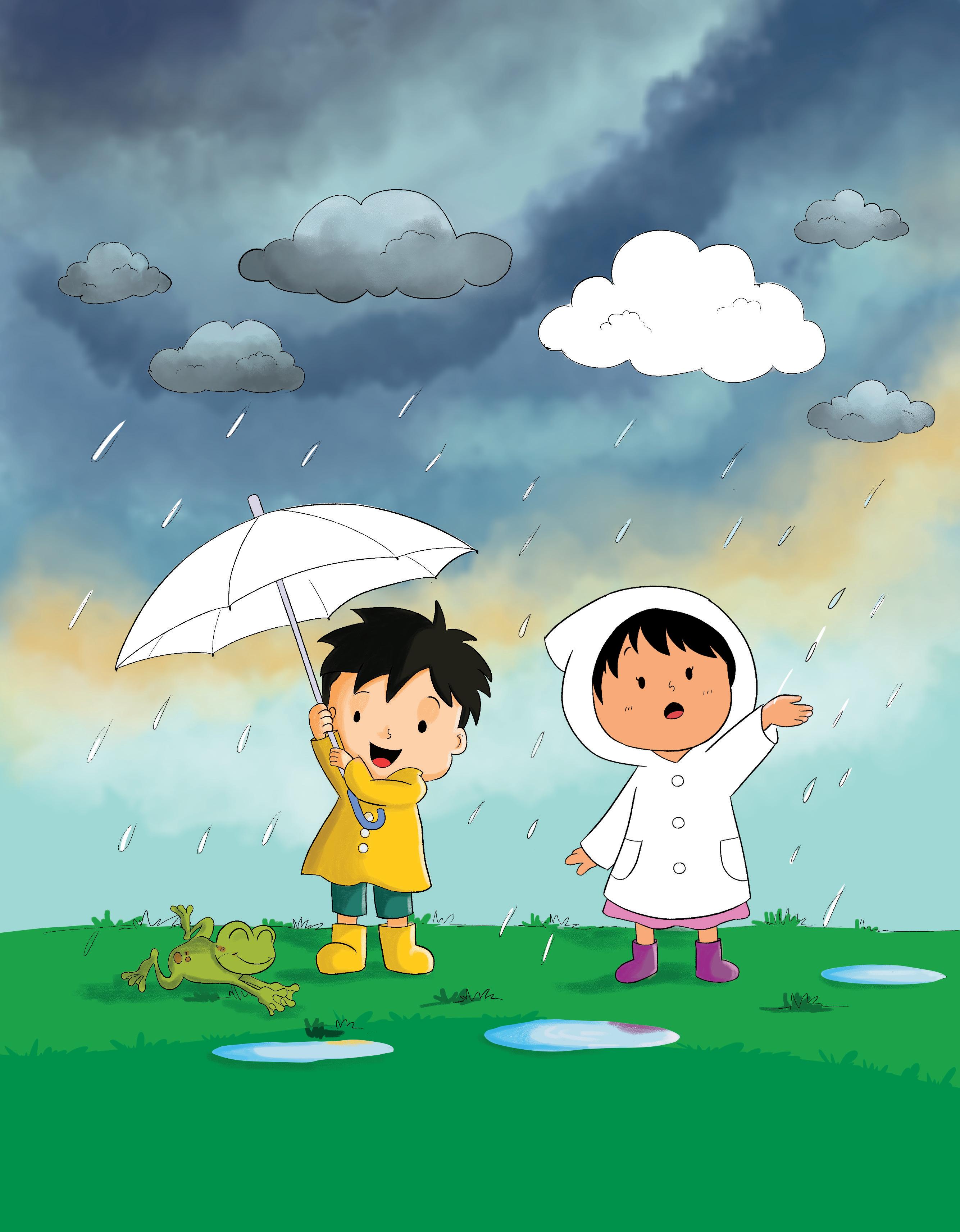



Circle the odd one out.






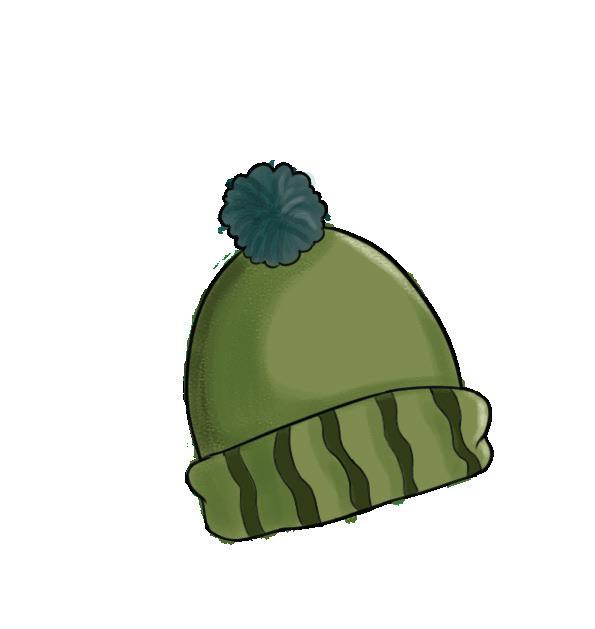
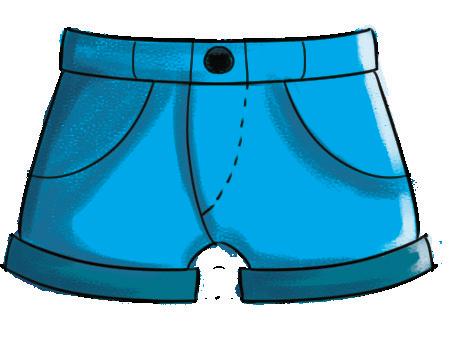





Match the clothes you wear on a hot, cold or rainy day.



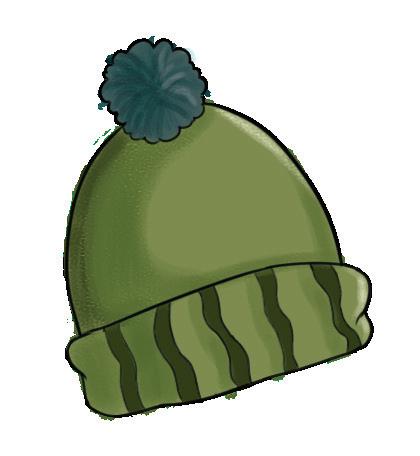

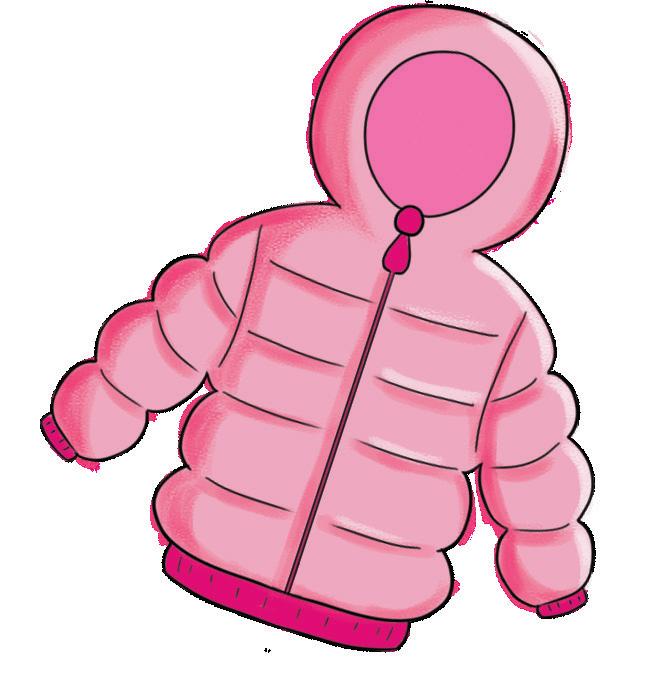

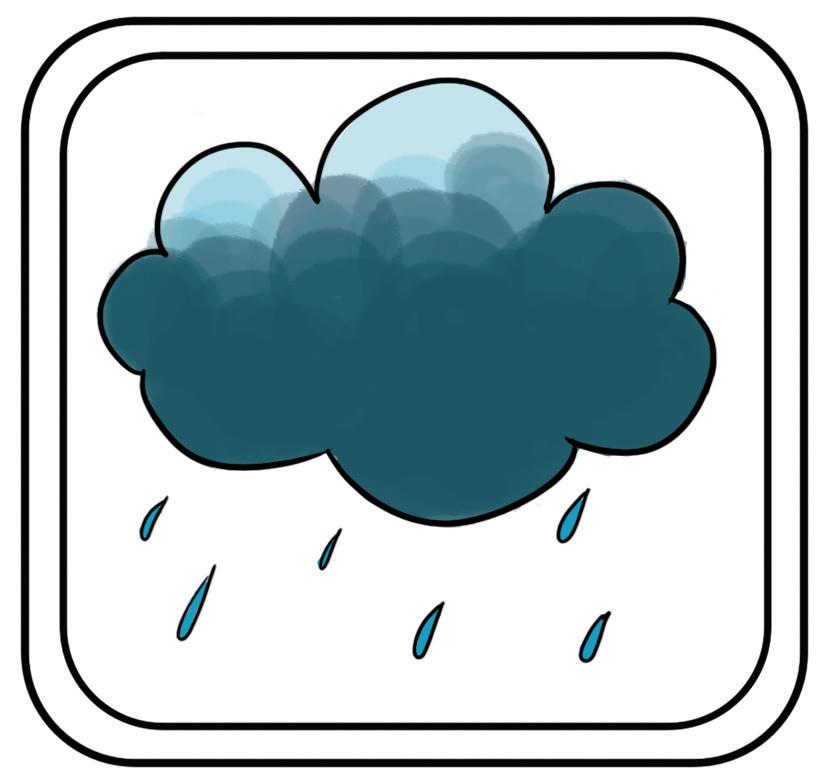















Help the girl pick the winter clothes and reach the snowman.


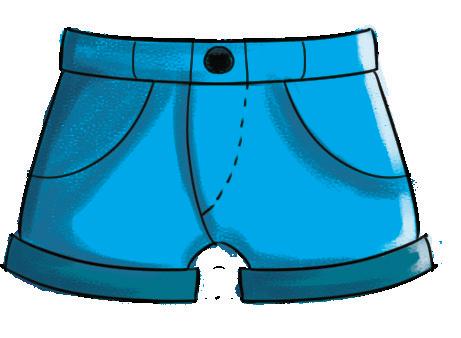


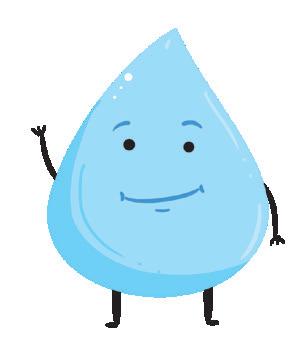


I am blue. You see me in many things.


Colour the whale using blue colour.
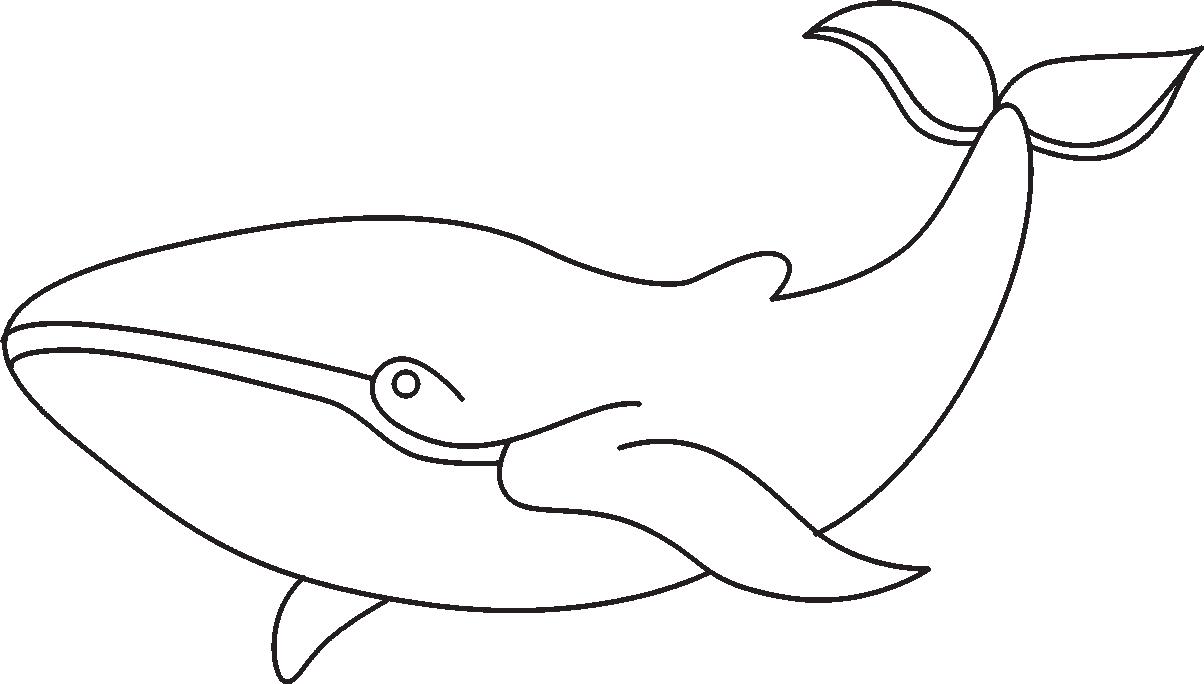



Match the pictures of the same colour.
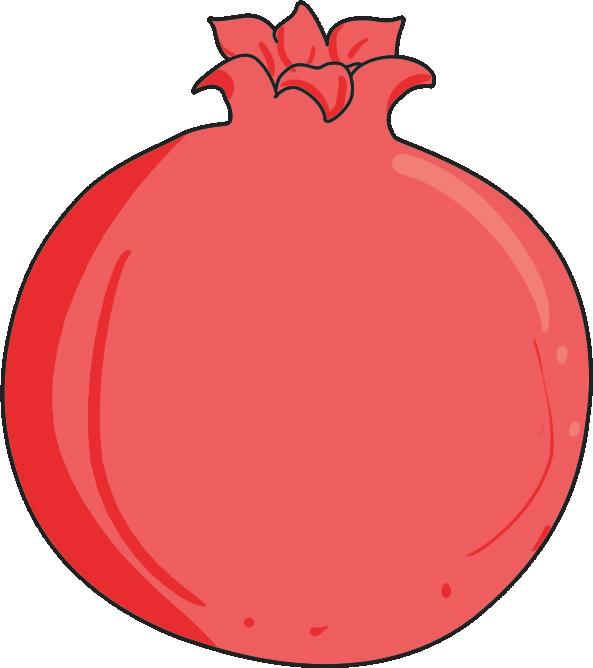


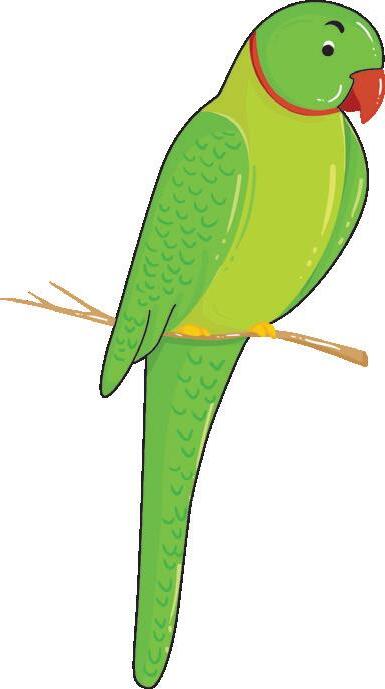
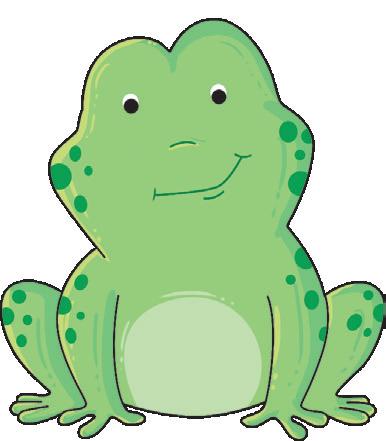
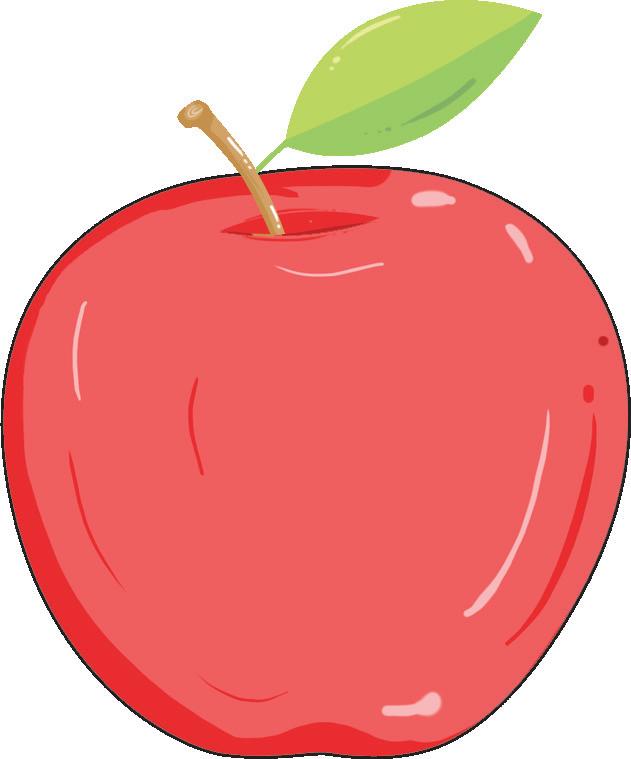
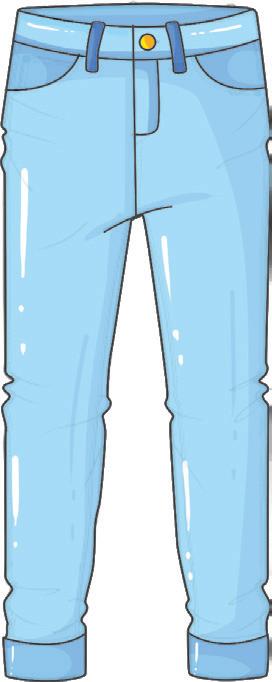






Colour the balloons in the same colour as their outlines.
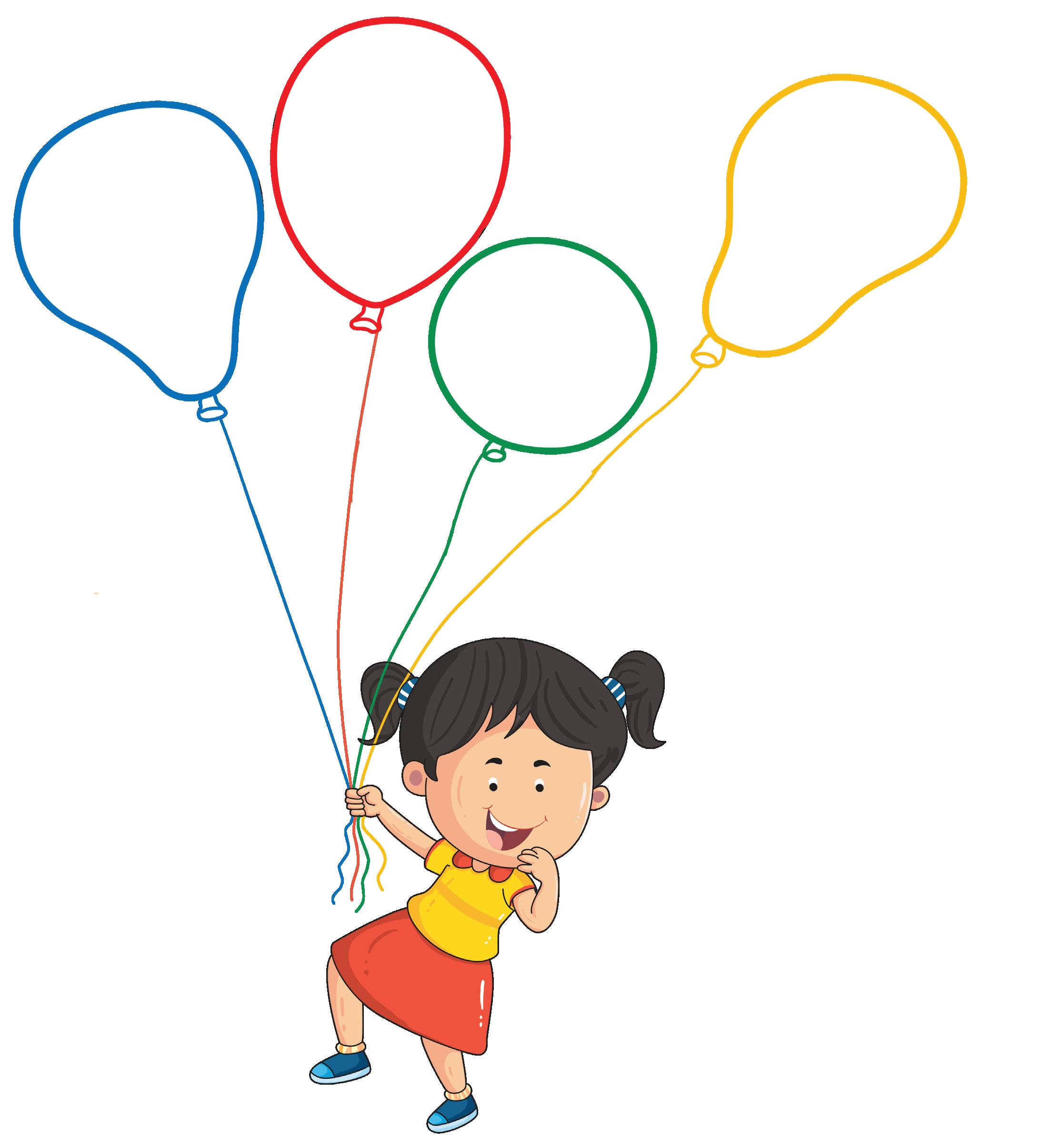
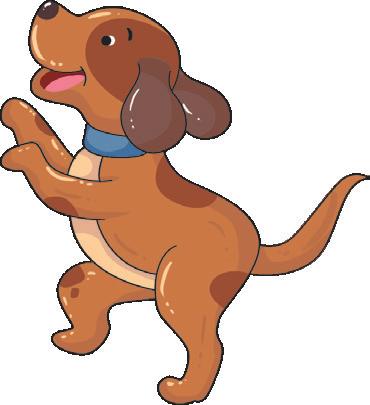
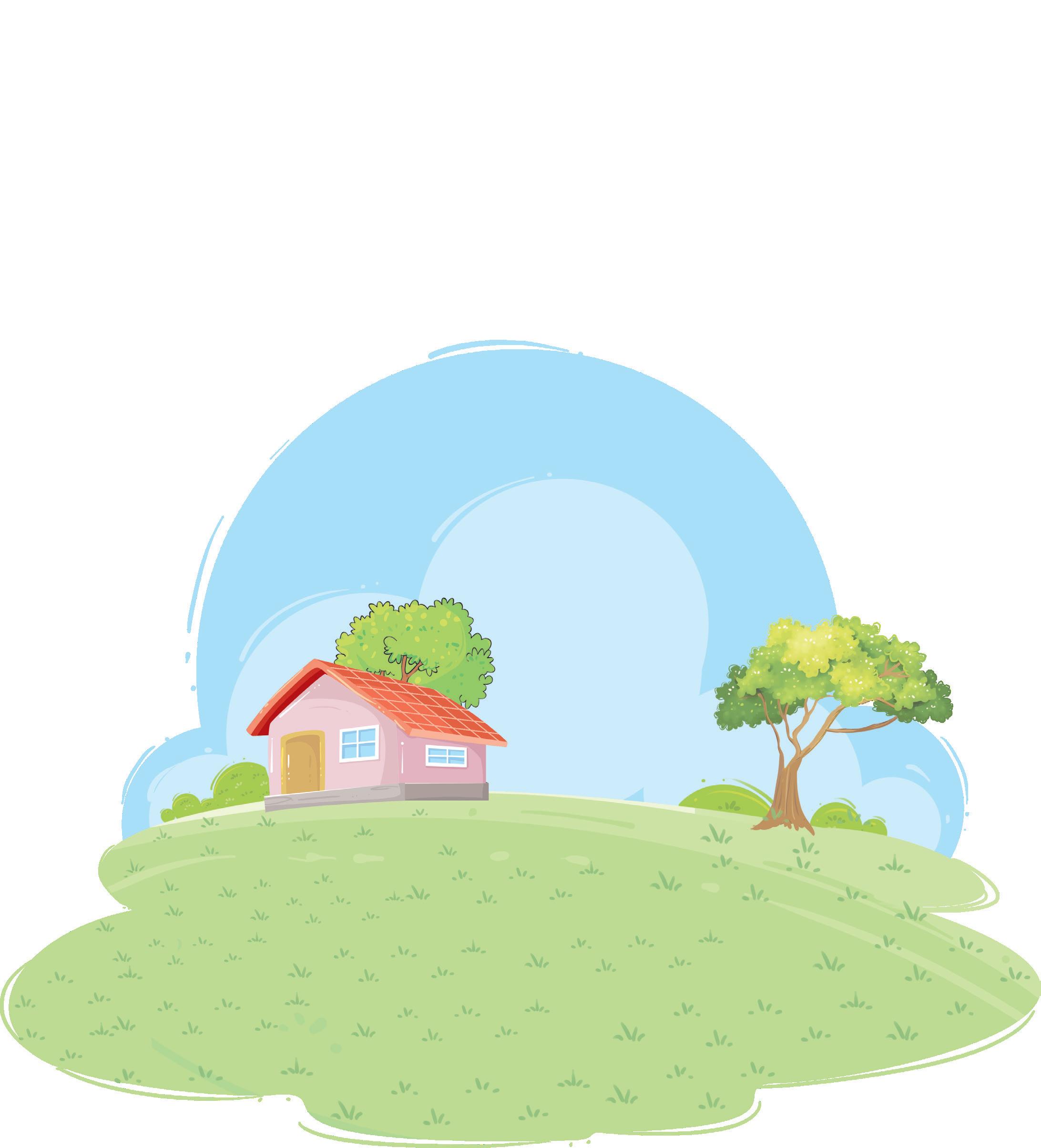



Let us learn about the festivals we celebrate with our family and friends.



What do you like to eat on festival days?




Match the pictures to the correct festivals.
































































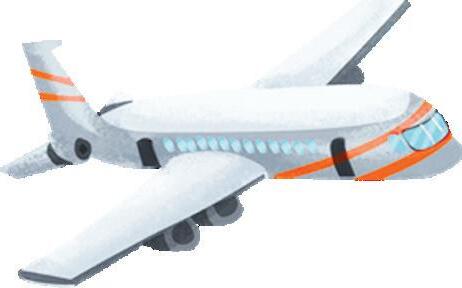
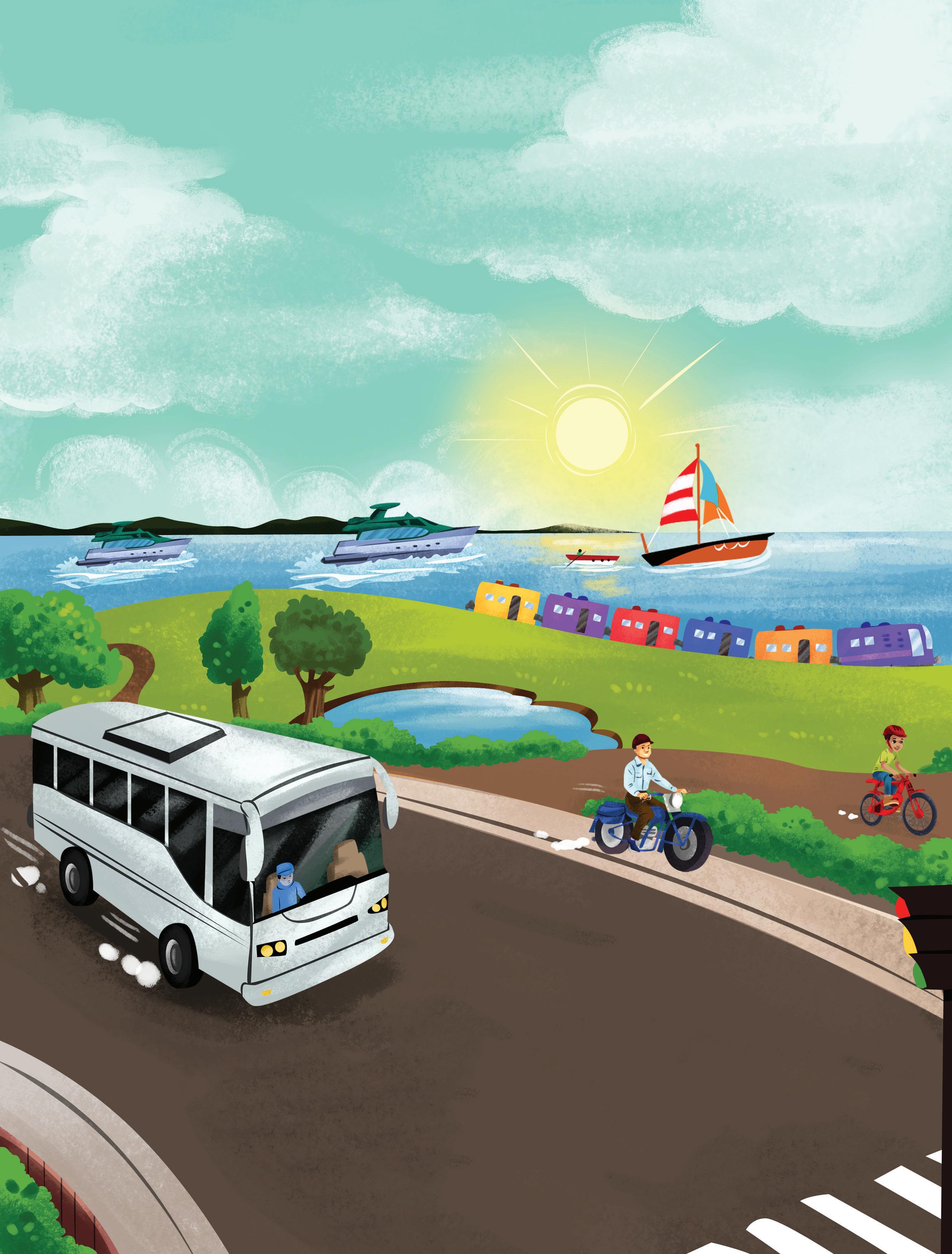

We use different vehicles to go from one place to another. Let us look at their pictures and say their names aloud.
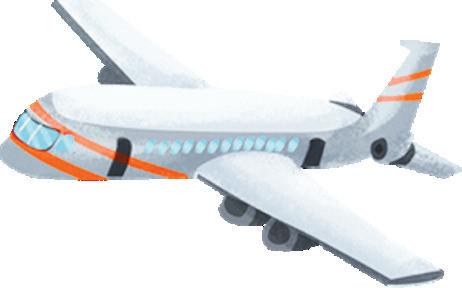

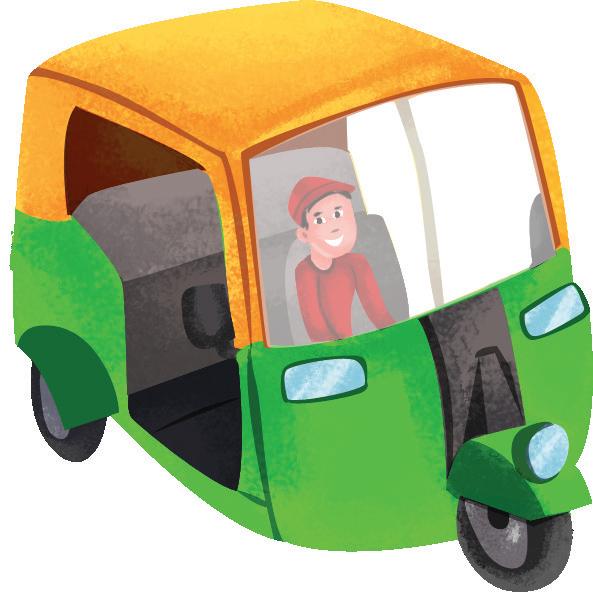

Let us learn how to be safe on road.




Do not go out alone.
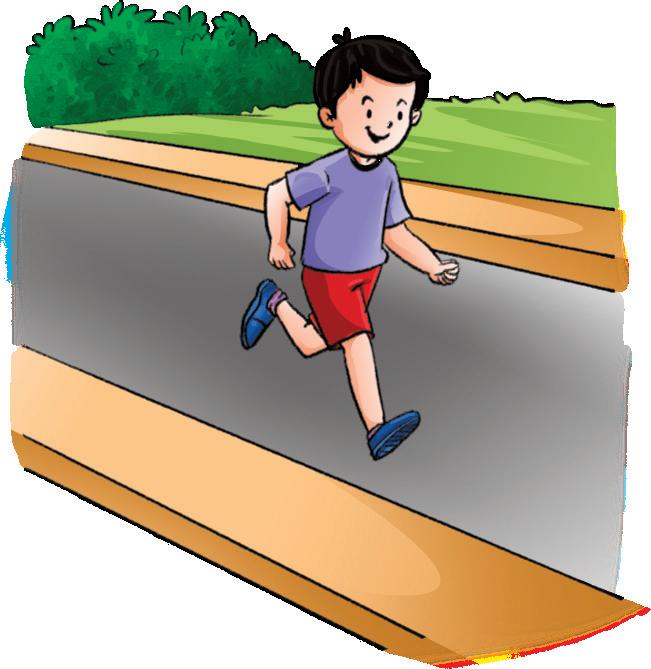
Do not run on the road.
Let's Talk
What should you do when you see a red traffic light?

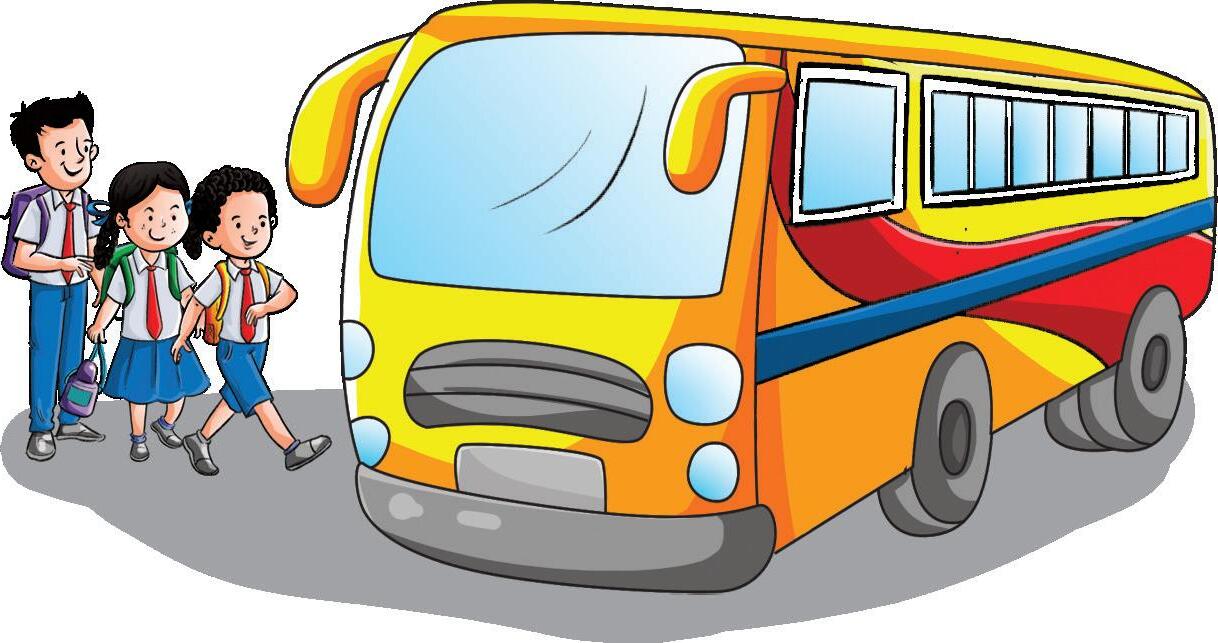
Wait for your turn.
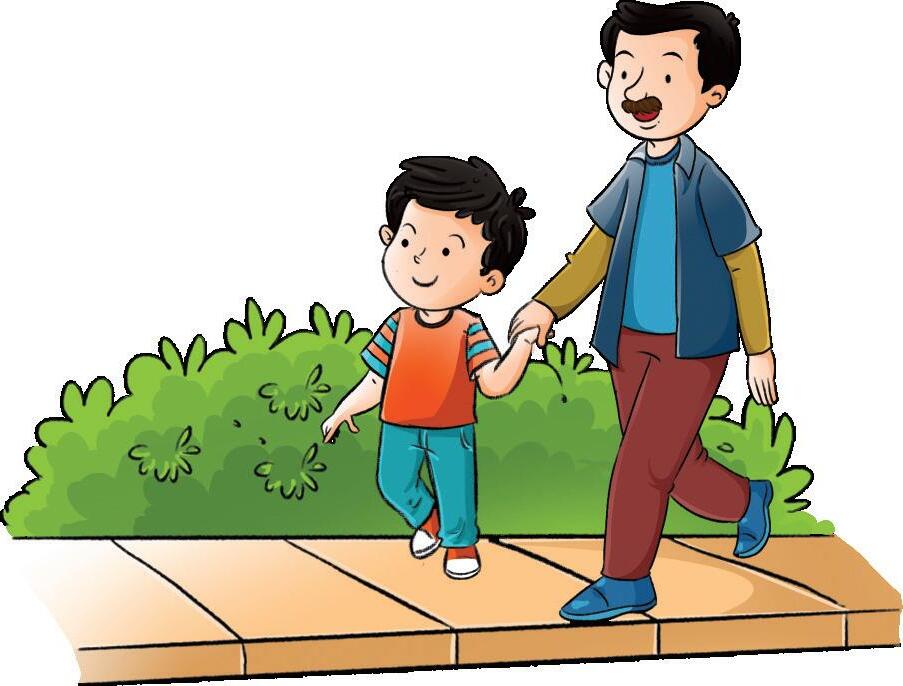
Walk on the footpath.




Draw and colour the missing wheels of these vehicles.


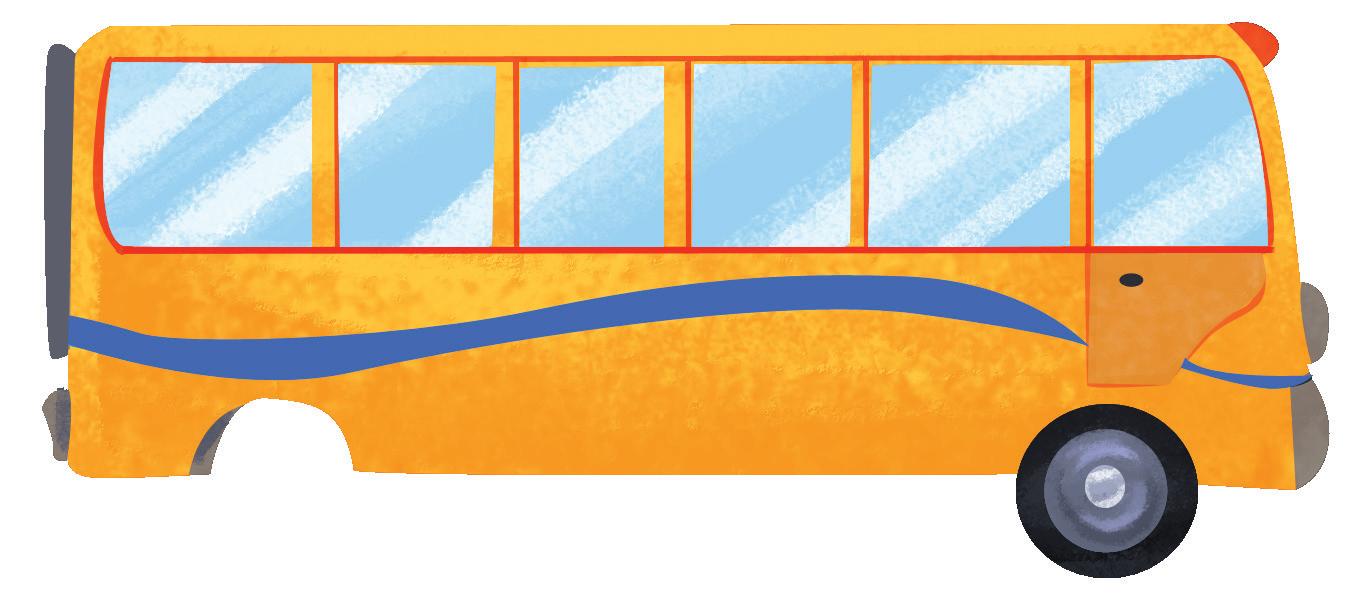
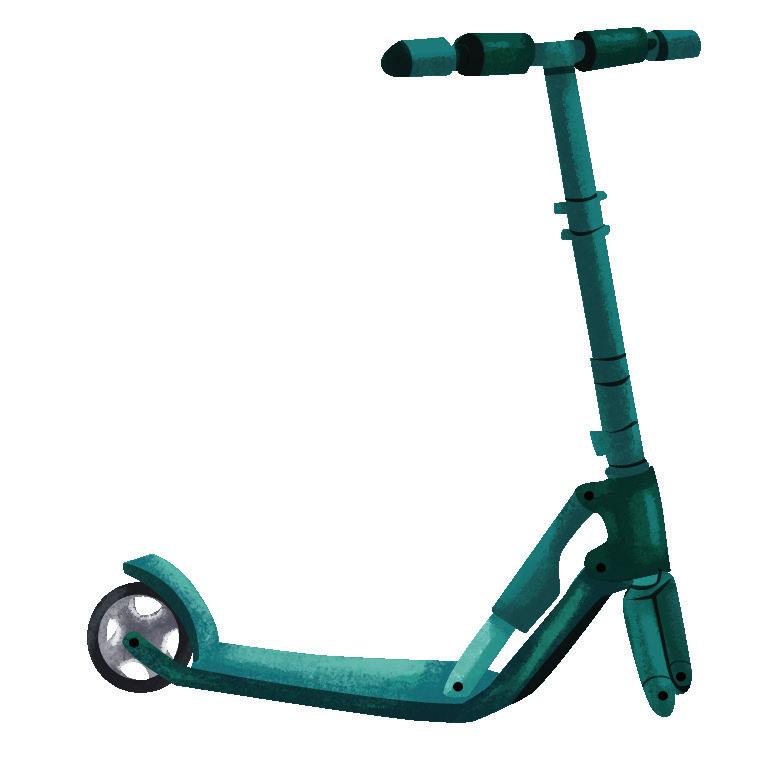



Trace and colour the vehicles.
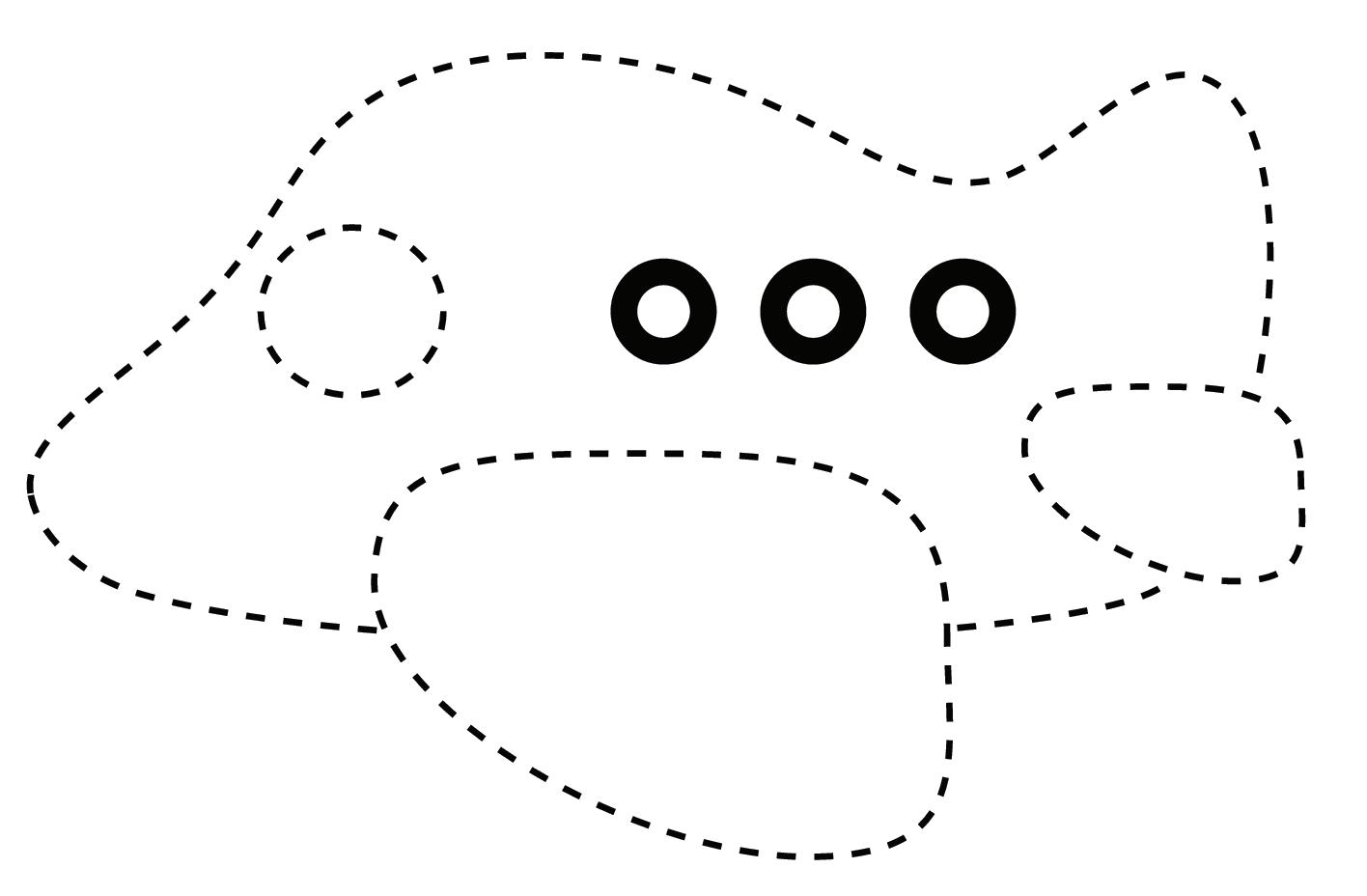




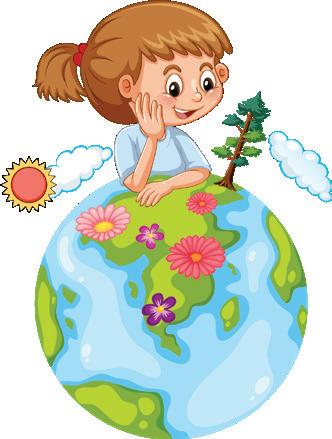
I
Magic Words
polite phrases such as “please”, “thank you”, “sorry” and “hello” appropriately.

Animals in the Wild
Animals in Water
Beautiful Birds
Insects Around Us
Identifies and names common wild animals and differentiates them from domestic animals.
39–40
Identifies and names common aquatic animals. 41–42
Recognises and names common birds; matches birds with their shadows.
43–44
Identifies and names common insects. 45–47
Plants We See Identifies parts of a plant and discusses how to take care of plants.
48–49
Flowers Identifies and names common flowers. 50–51
Fruits Identifies and names common fruits. 52–53
Vegetables Identifies vegetables and differentiates them from other food items.
Food We Eat Recognises healthy foods.
Sleepy Rohan Listens to a story and shares their bedtime routine.
Good Habits
Identifies and practises good hygiene, eating and organisation habits.
Colour Green Identifies the colour green and objects associated with it.
Water for All
Identifies uses of water in daily life and recognises water-saving behaviours and marks correct practices.
Hot and Cold Differentiates between hot and cold objects.
Weathers
A Hot Day
54–55
56–57
58
59
60
61–62
63–64
Names different weather types and associates them with daily life experiences. 65
Observes features of a hot day; identifies suitable activities.
A Cold Day Observes features of a cold day; identifies suitable clothing.
A Rainy Day
Weather Recap Tasks
Colour Blue
Colour Matching
Our Festivals
Observes features of a rainy day; shares personal rainy day activities.
Matches, classifies and identifies weather-appropriate clothes and objects.
Identifies the colour blue and objects associated with it.
Matches pictures with same colours to reinforce colour recognition.
Names major Indian festivals and matches items associated with each festival.
66–67
68–69
70–71
72–73
76
77–78
79–80
Vehicles Identifies common means of transport. 81–82
Safety on the Road
Trace and Colour
Identifies road safety rules and safe vs unsafe behaviour.
83
Develops fine motor skills by tracing and colouring transport-related images. 84–85
Page No. 2

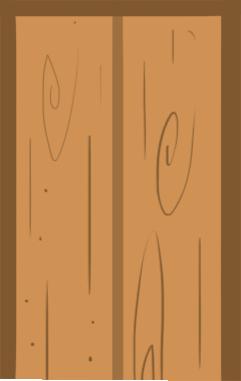
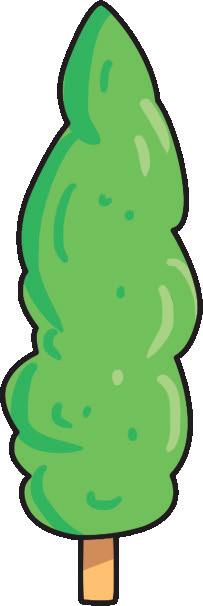


Page No. 23 Page No. 37

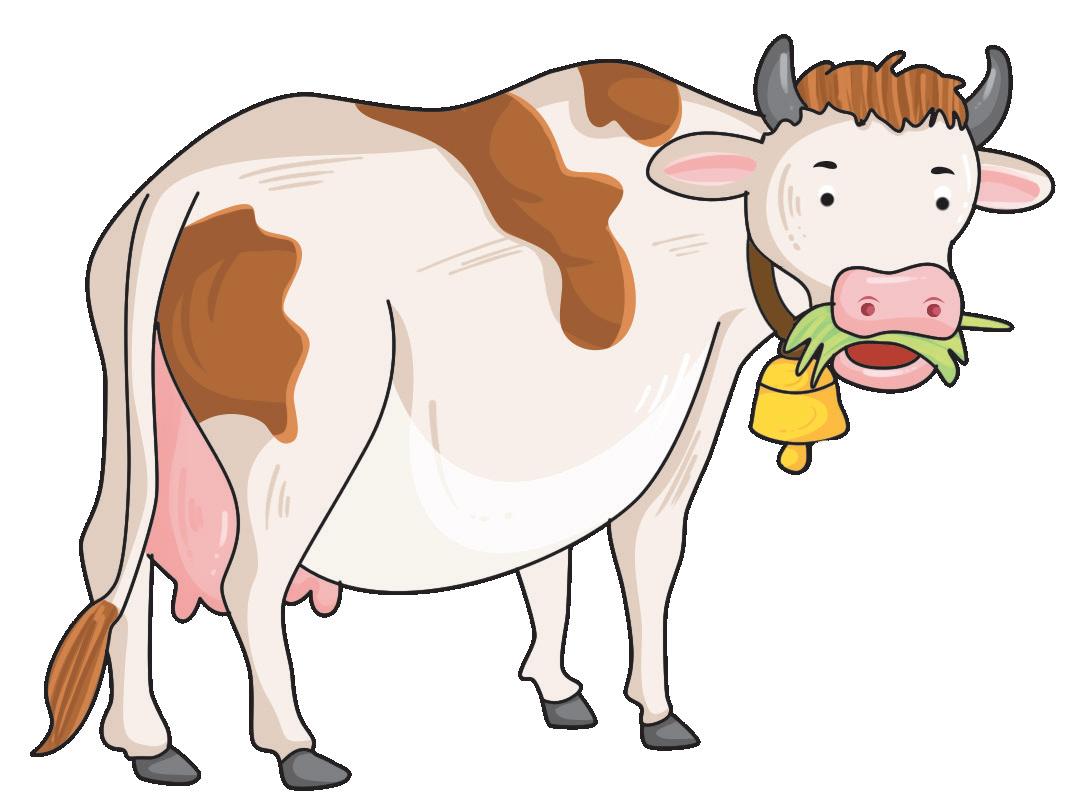
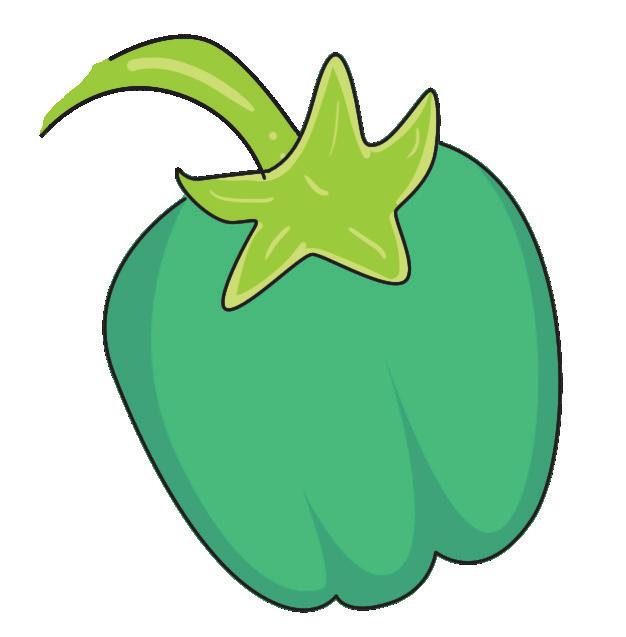
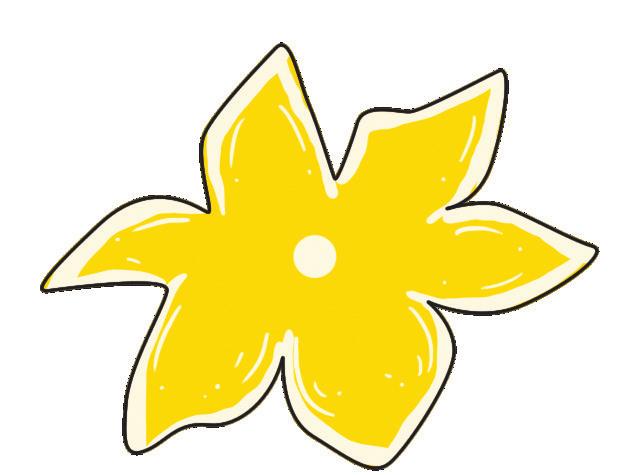

Page No. 49
DAWN is a comprehensive, NCF 2022-based Early Childhood Education program that lays a solid foundation for lifelong well-being and holistic growth, encompassing physical, cognitive, and socio-emotional development.
This General Awareness coursebook is specifically designed to help learners build awareness about themselves, their immediate surroundings and the world around them.
Additional Resources
• Sticker Sheets
• TLM and Flashcards
• Charts and Posters
• Assessment Sheets
• Holistic Progress Card
• Teacher's Manual
• Digital Resources
• Play-based learning activities, which promote holistic development of the child in all ECE domains
• School readiness, which is assured in the curriculum and learning design
• All-round development, in areas of physical, cognitive, cultural and socio-emotional domains
• Teacher assets, like assessment tools and lesson plans to help maximise program quality and outcomes
Uolo partners with K-12 schools to provide technology-enabled learning programs. We believe that pedagogy and technology must come together to deliver scalable learning experiences that generate measurable outcomes. Uolo is trusted by over 15,000+ schools across India, Southeast Asia and the Middle East.
ISBN 978-93-49697-02-7
